Dorner report finds concerns over bias within LAPD
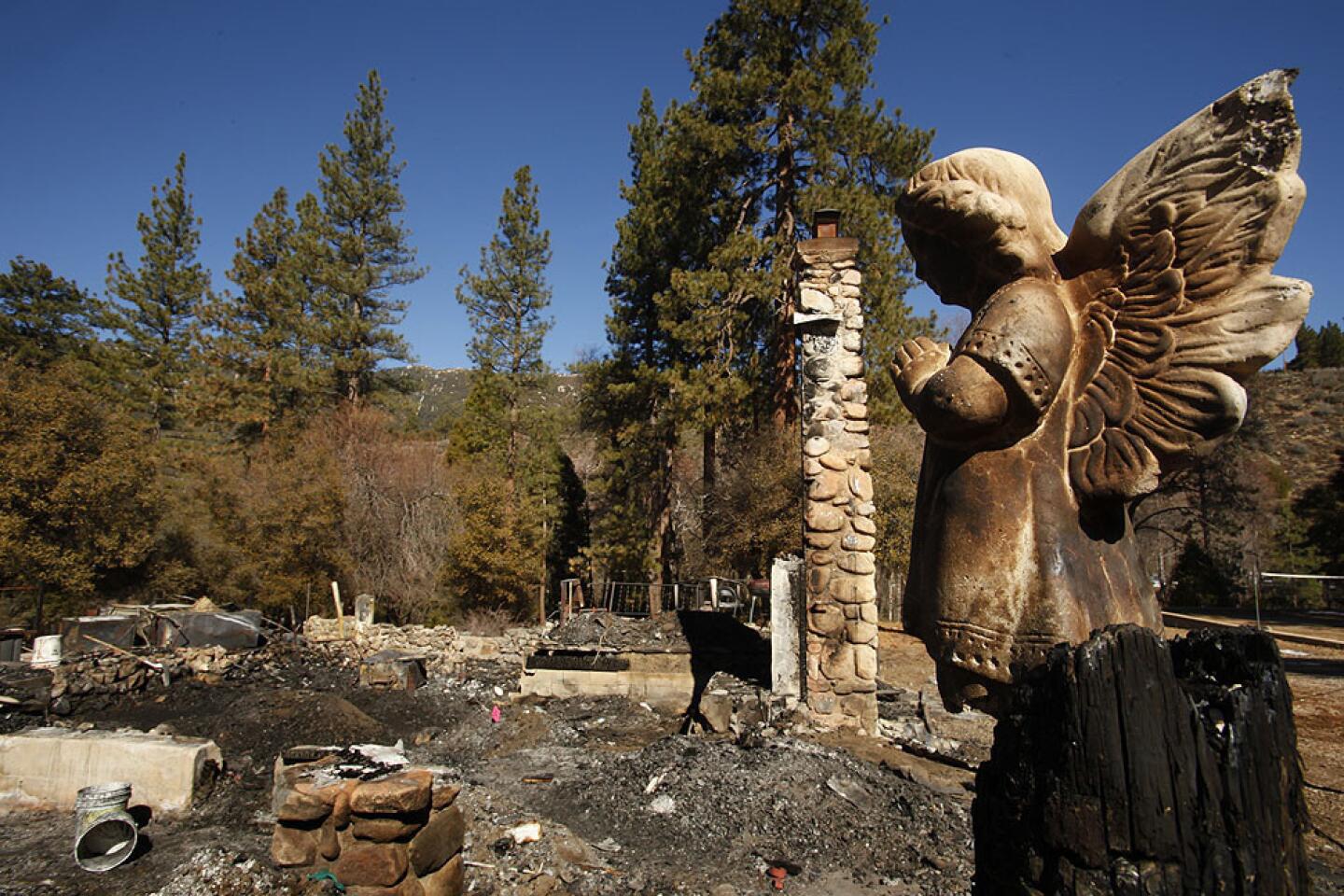
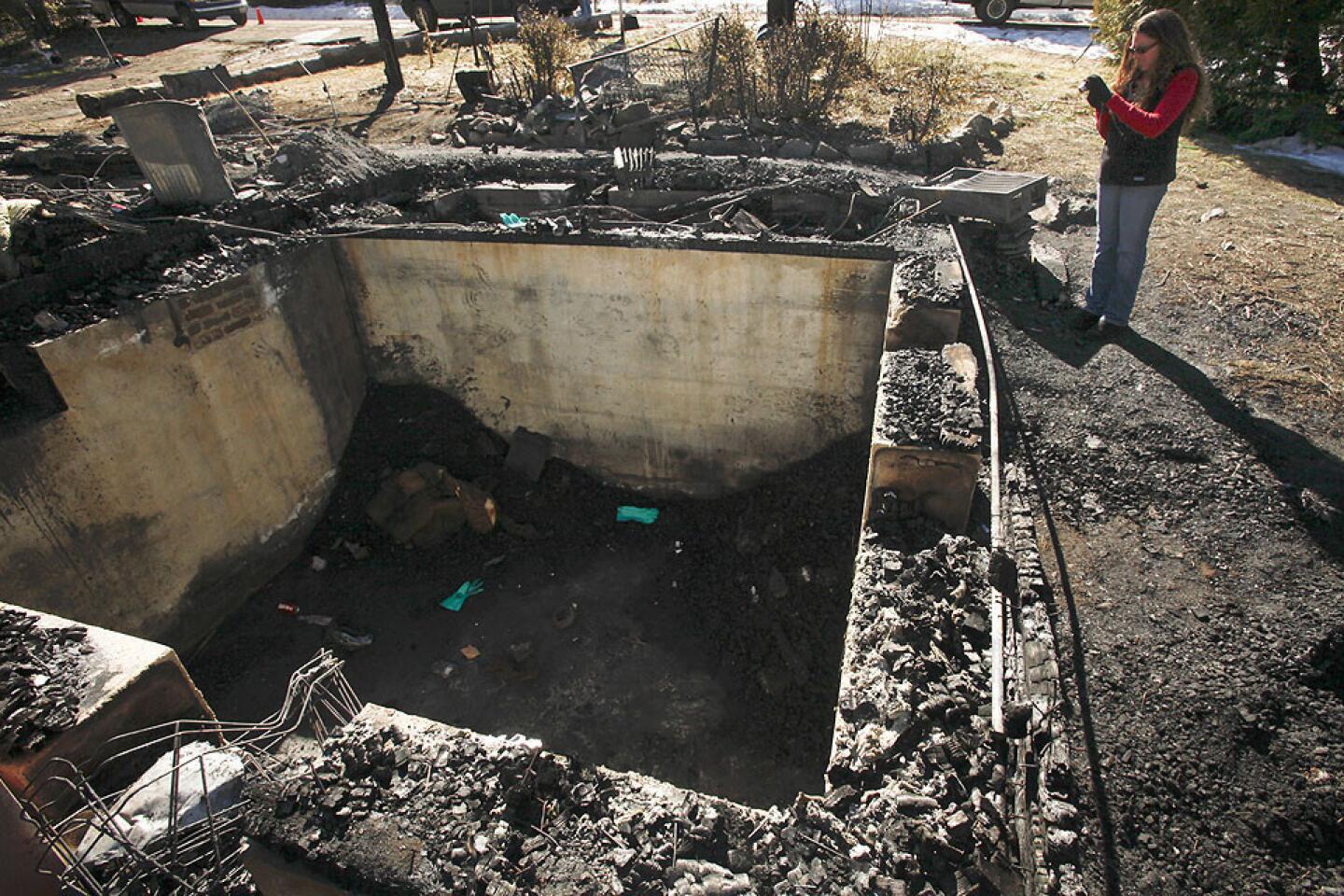
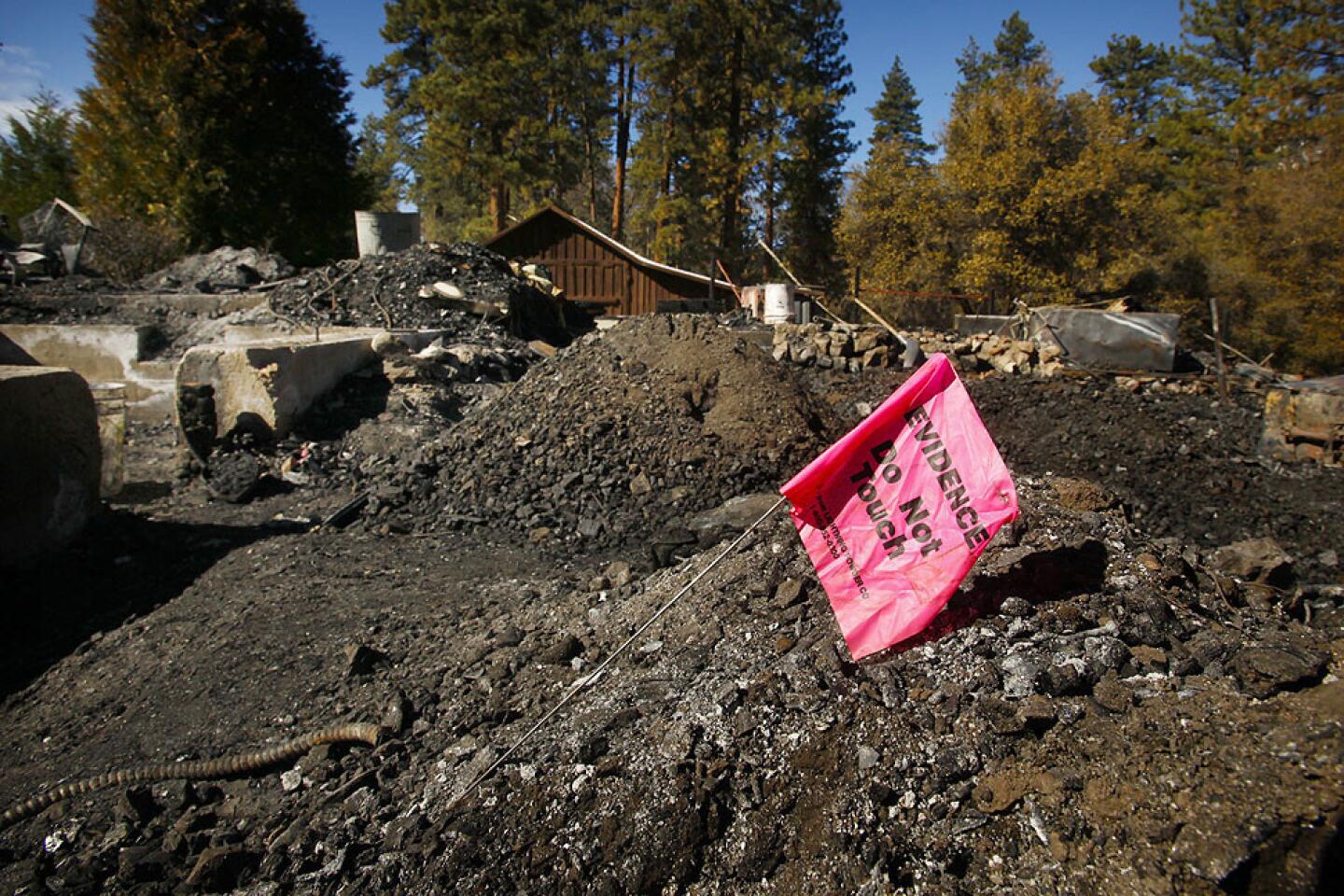
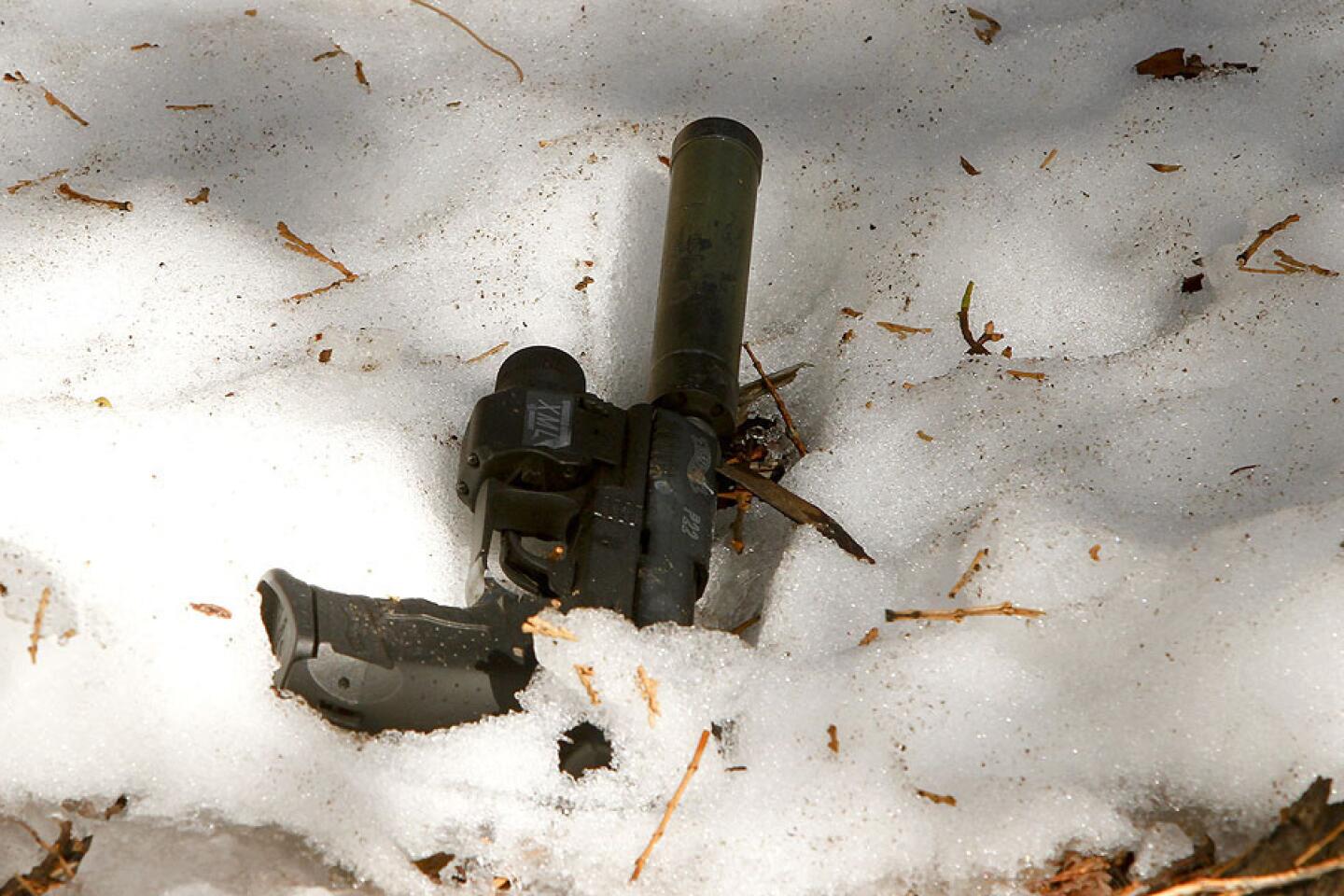
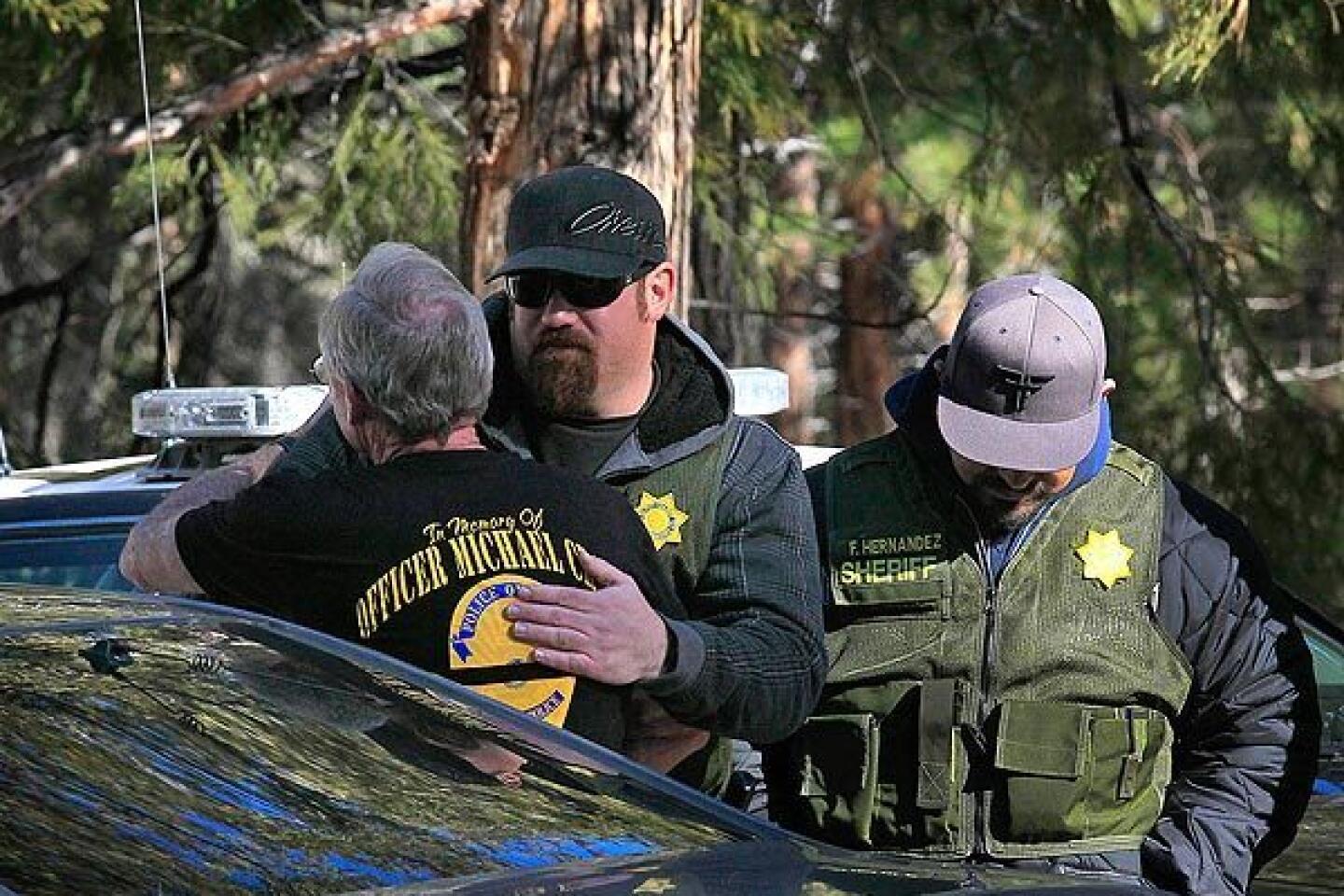
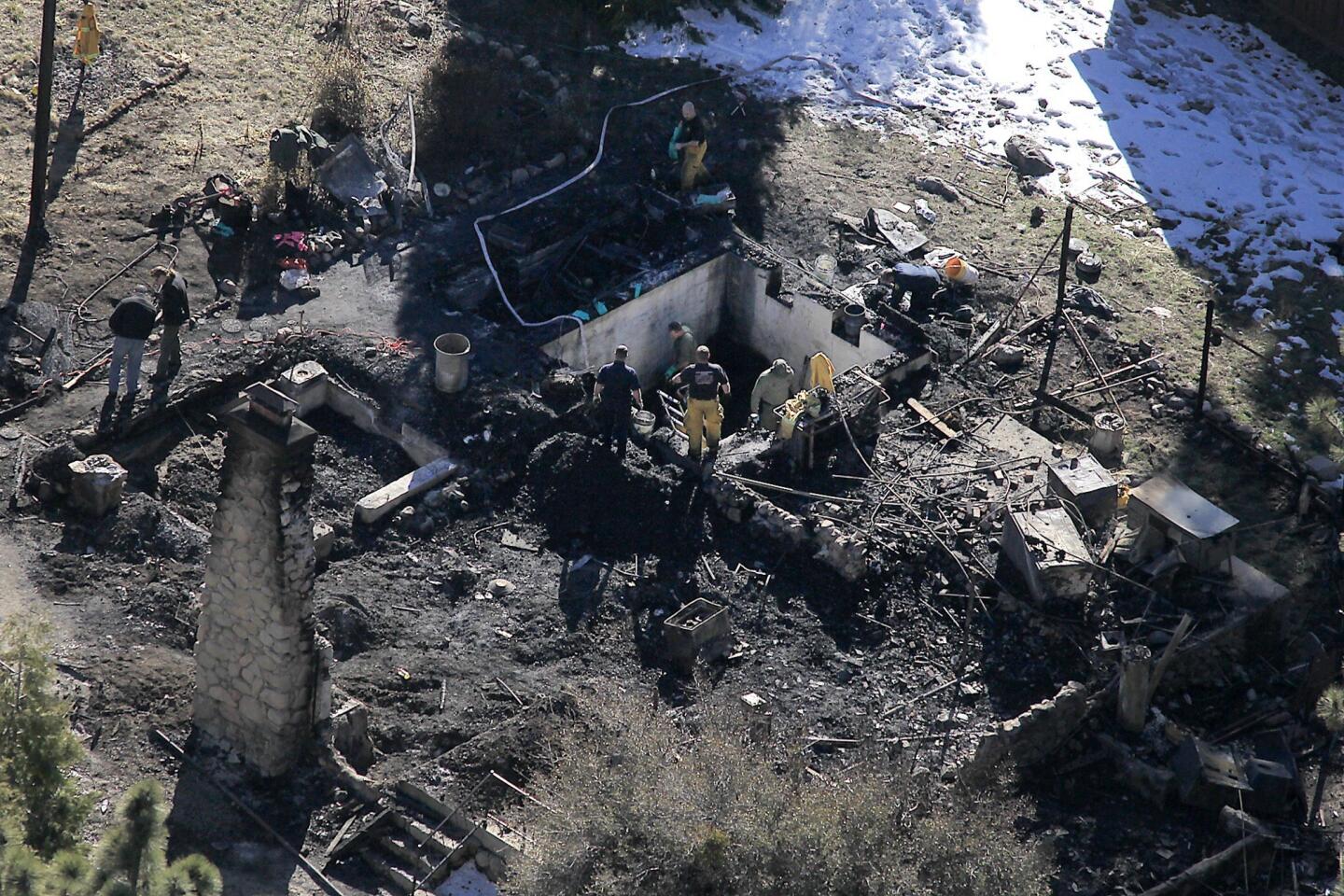
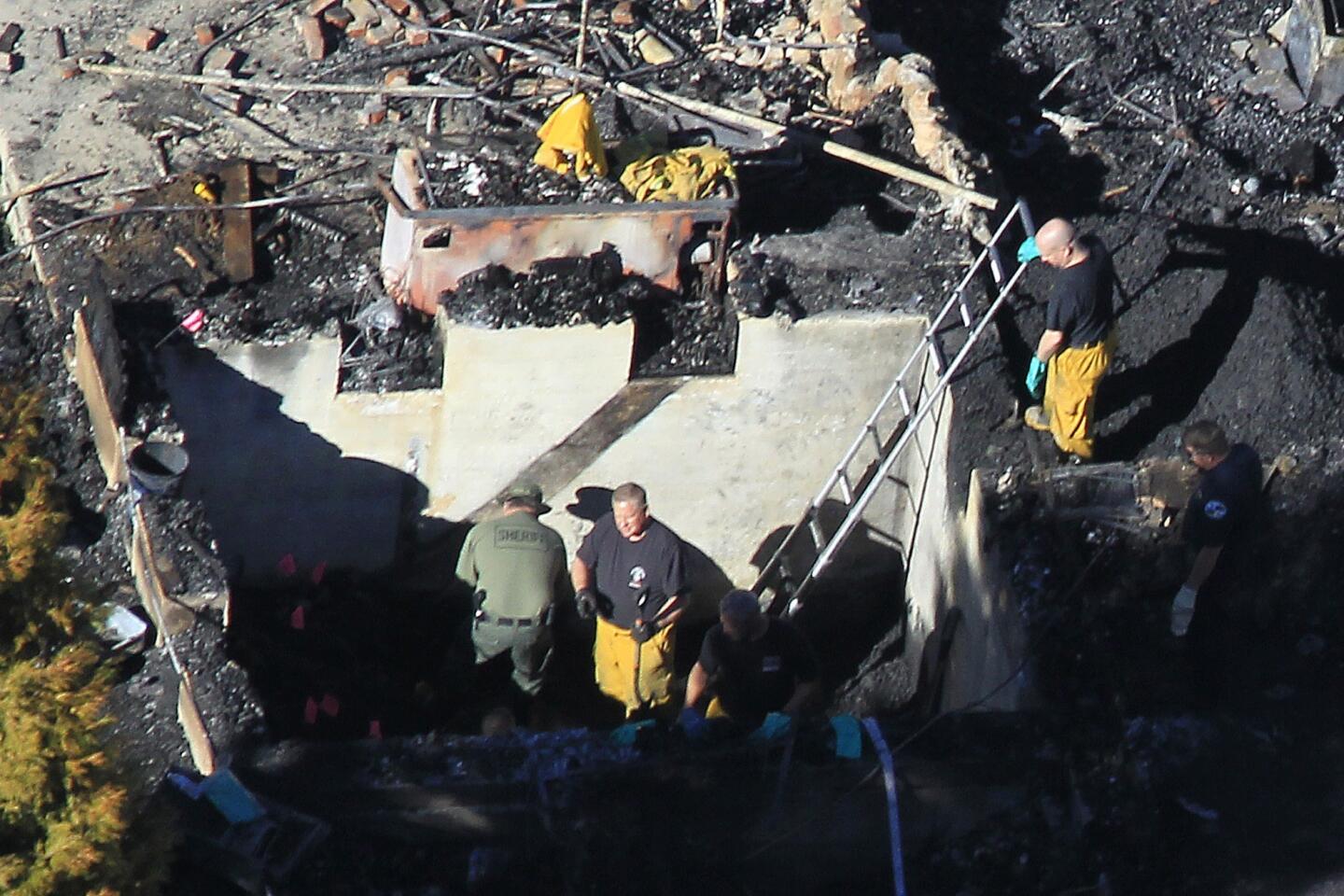
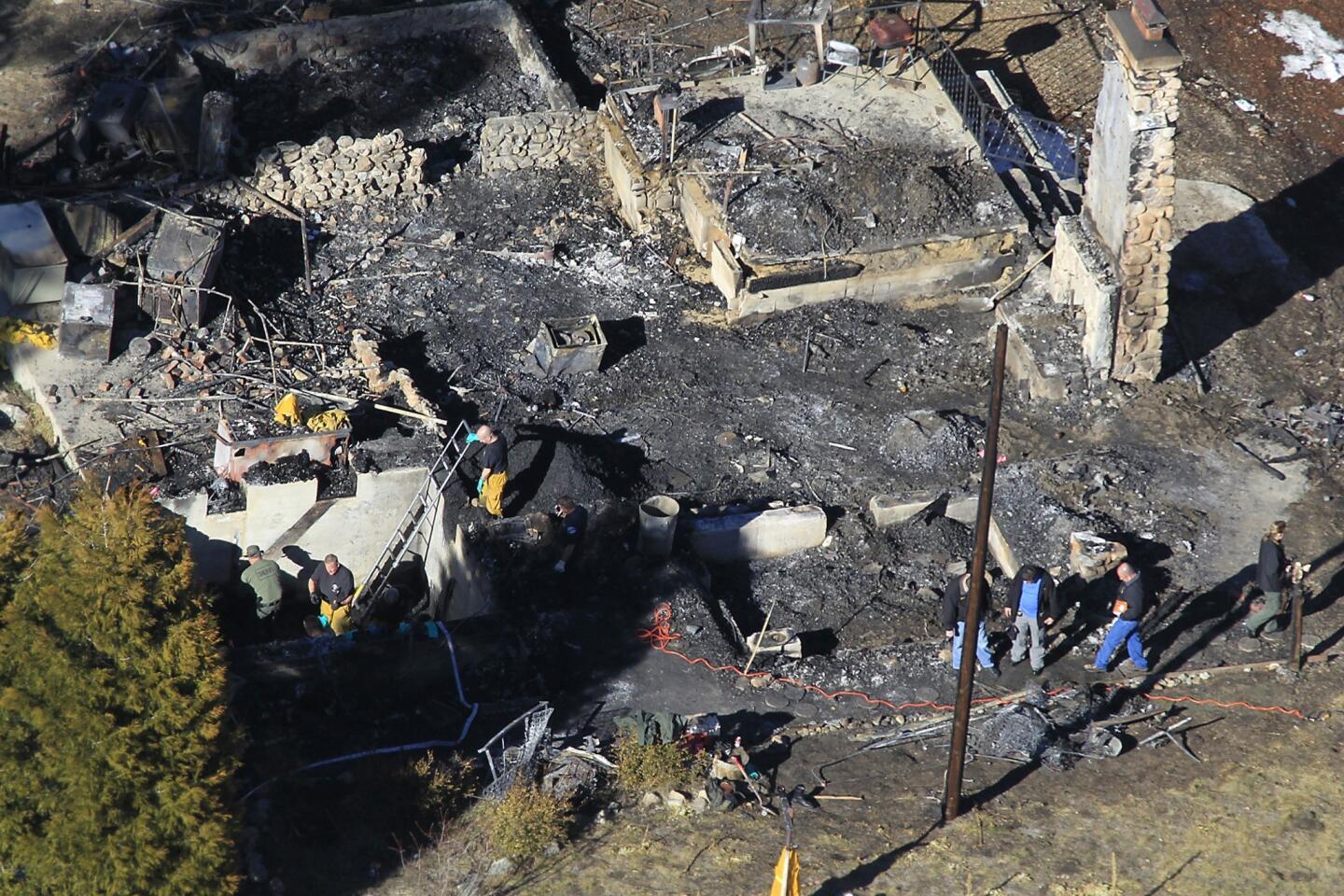
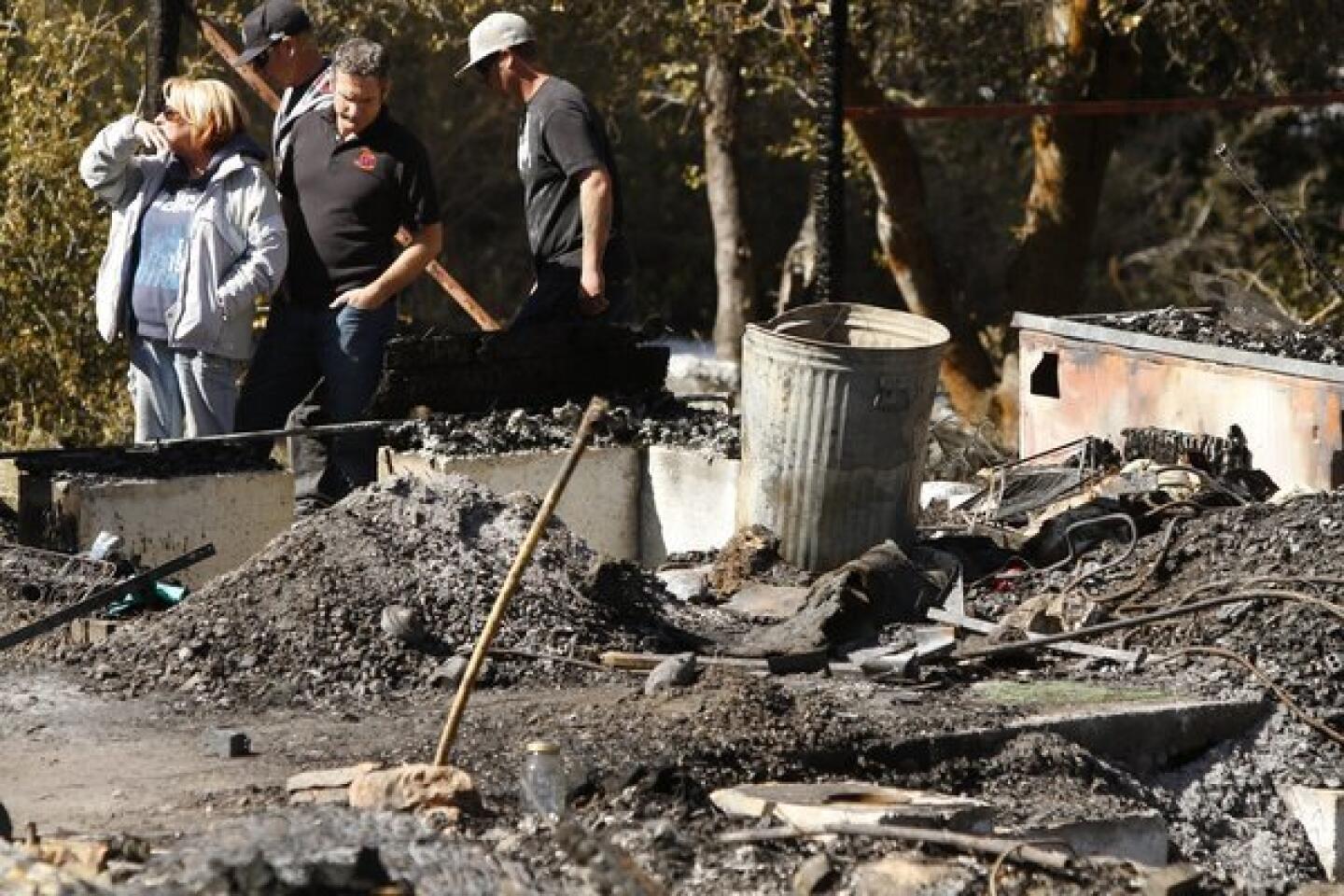
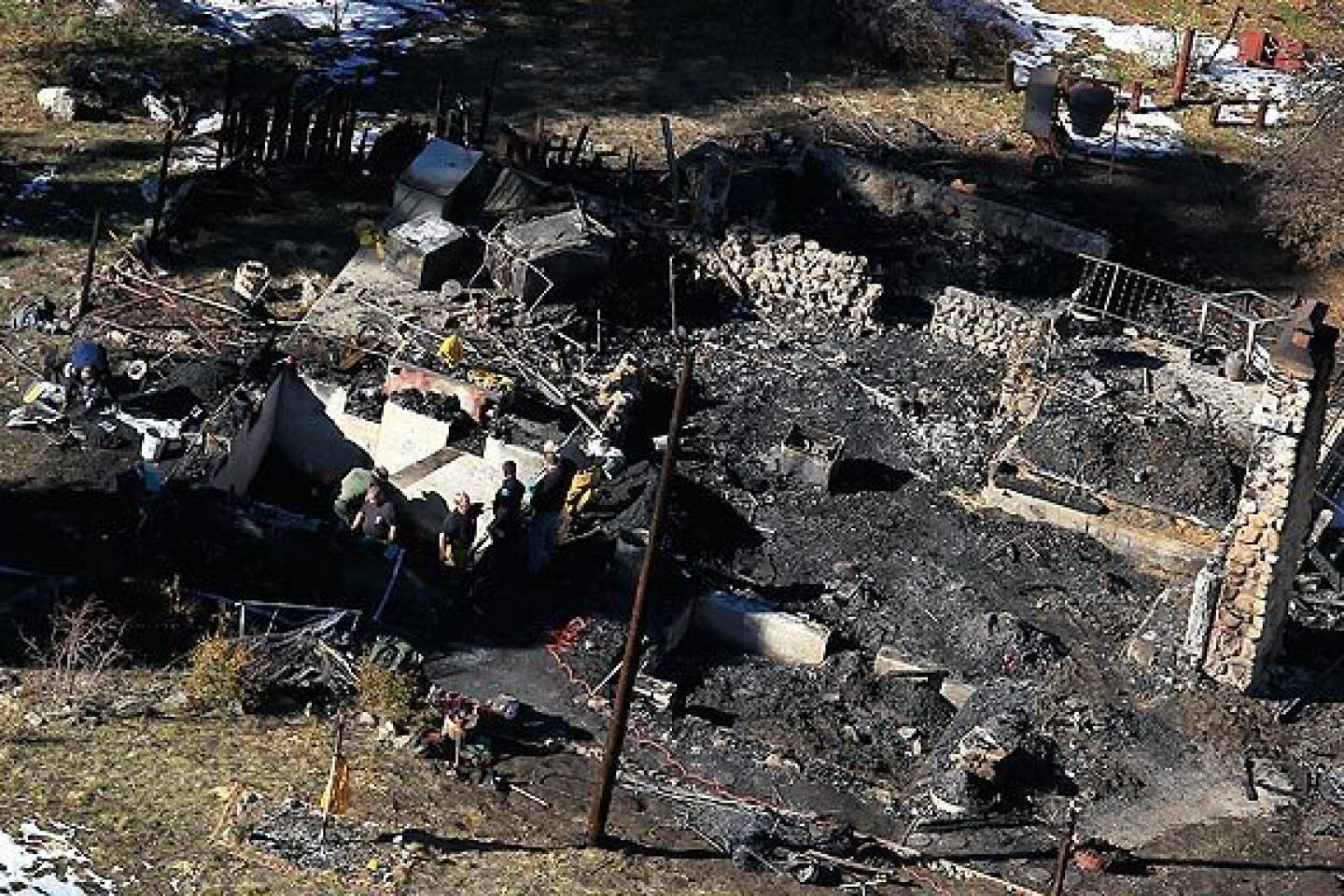

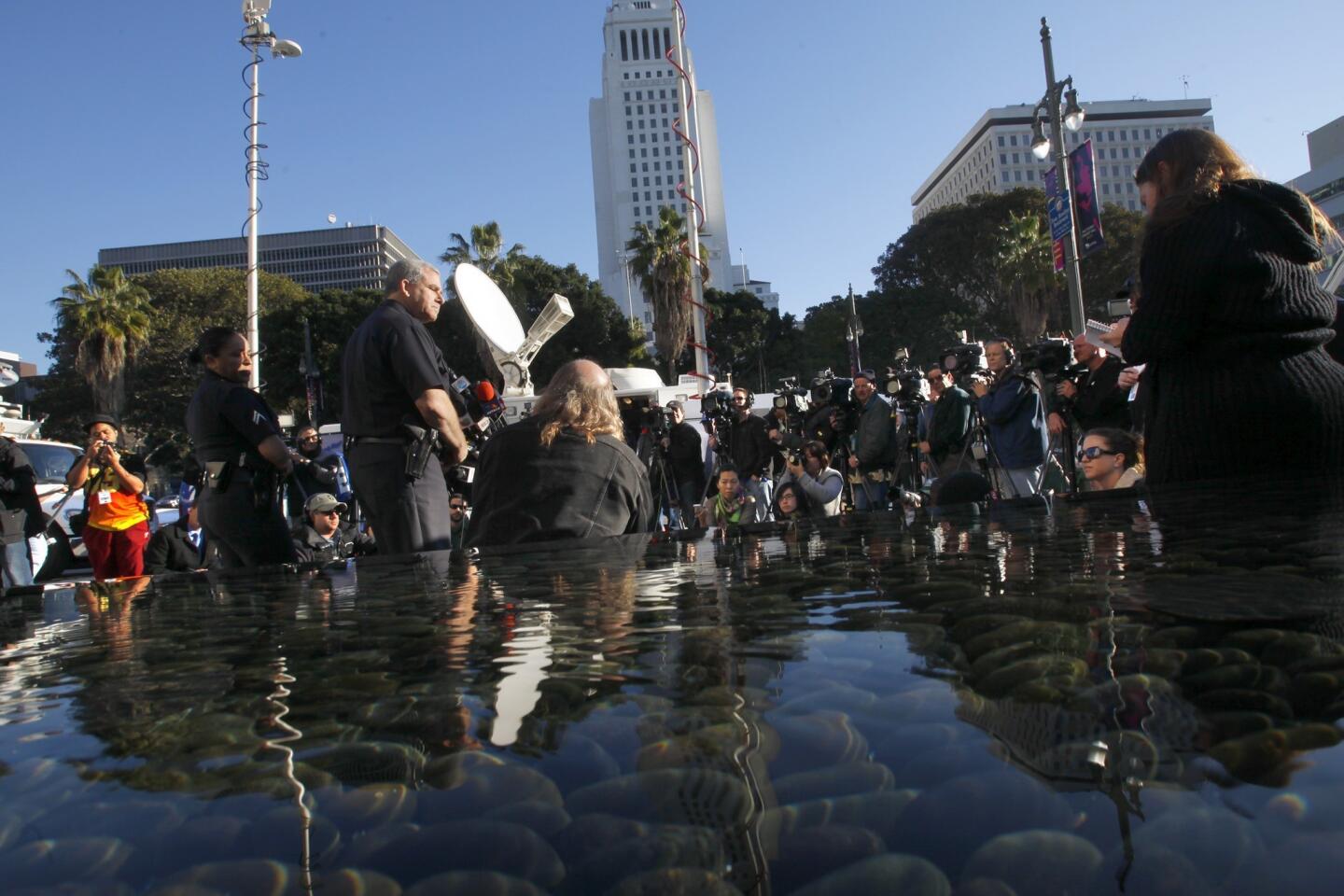
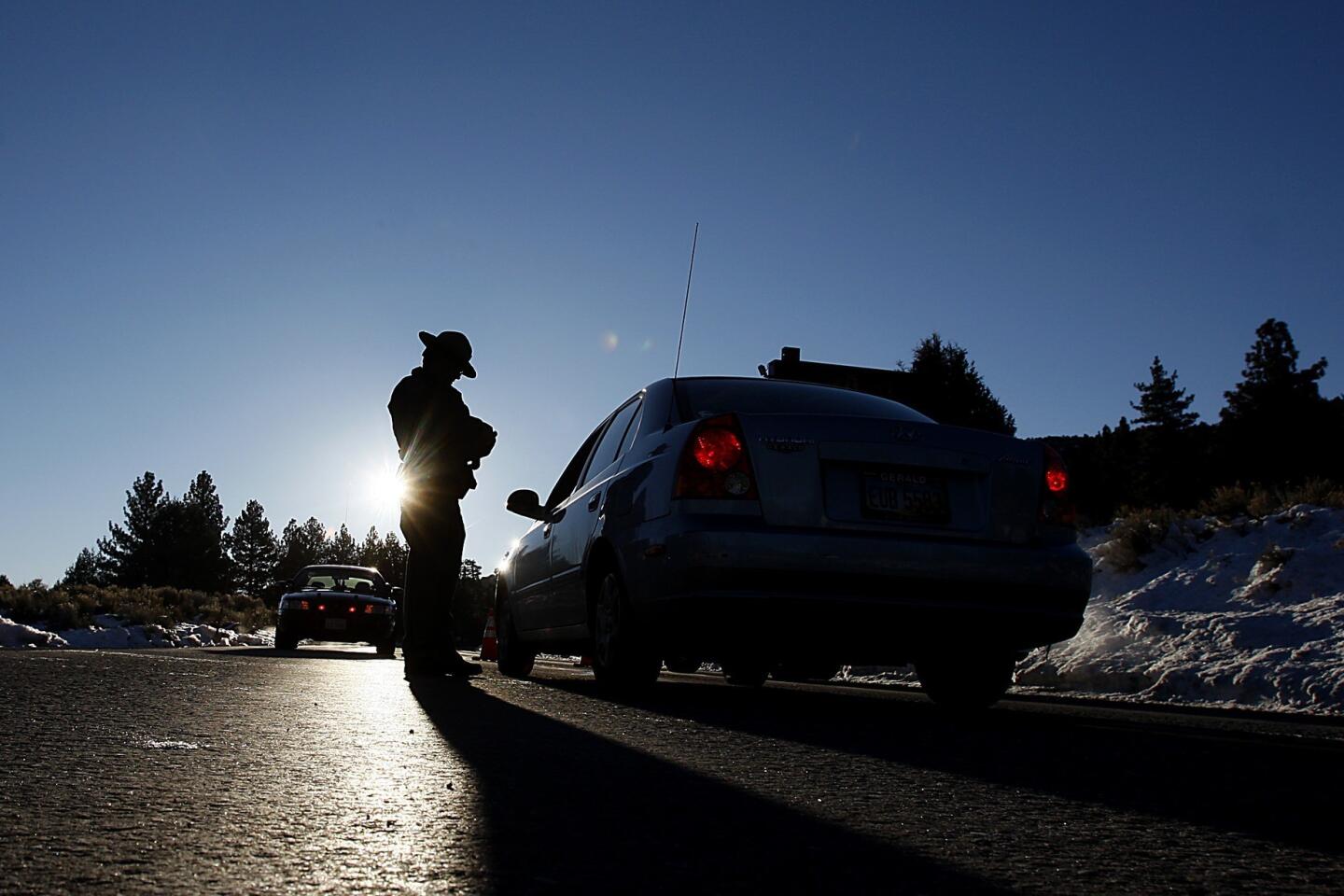
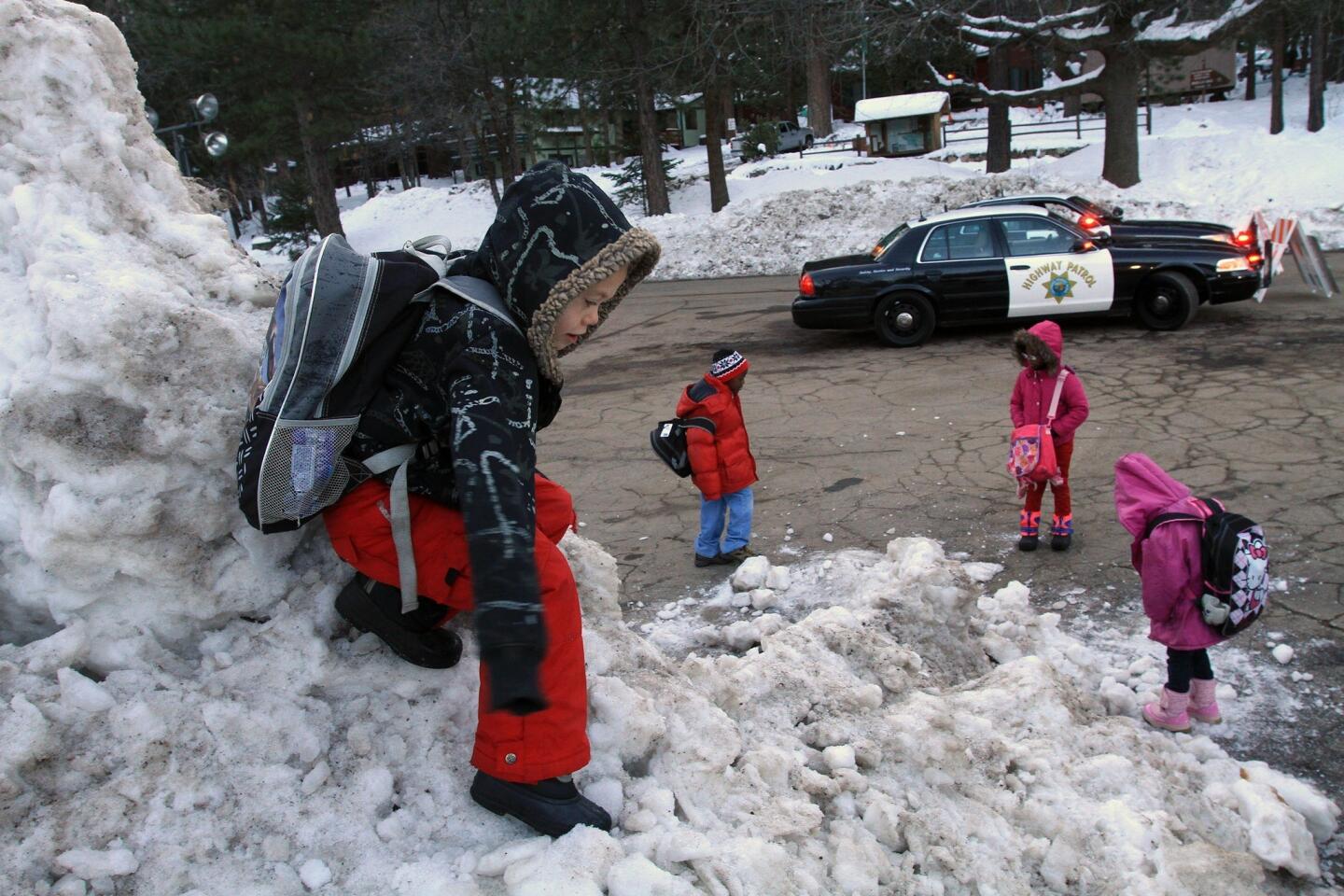
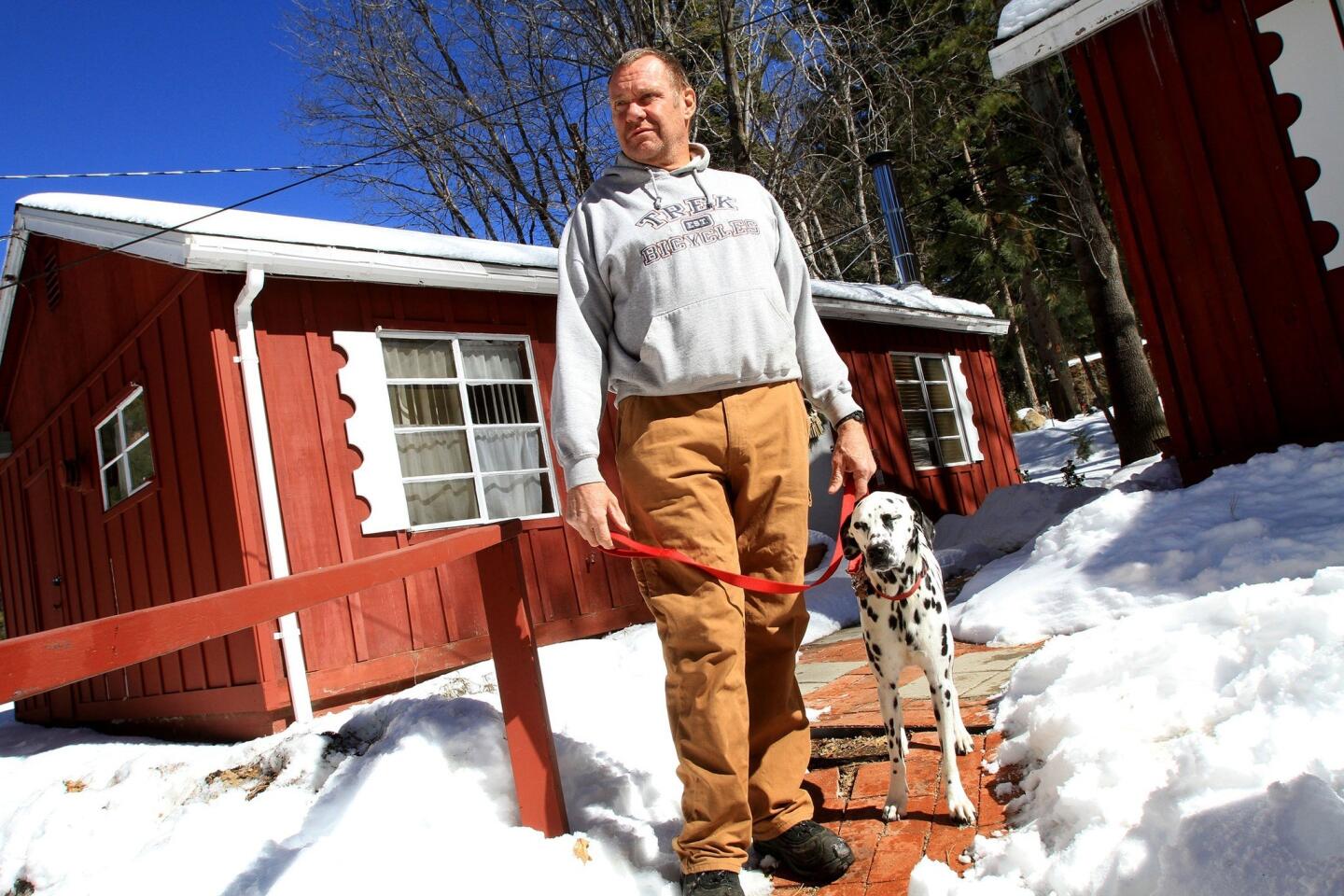
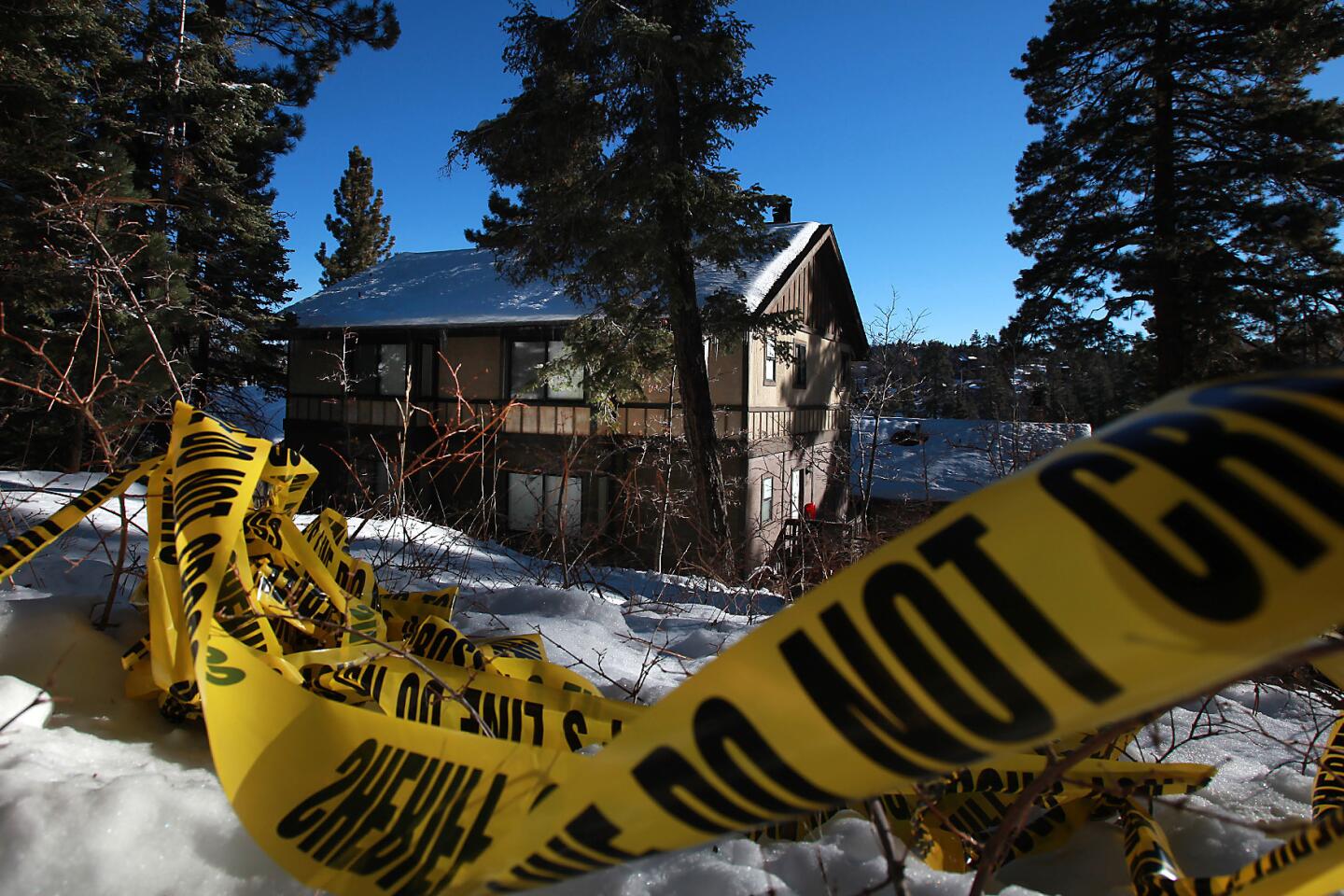
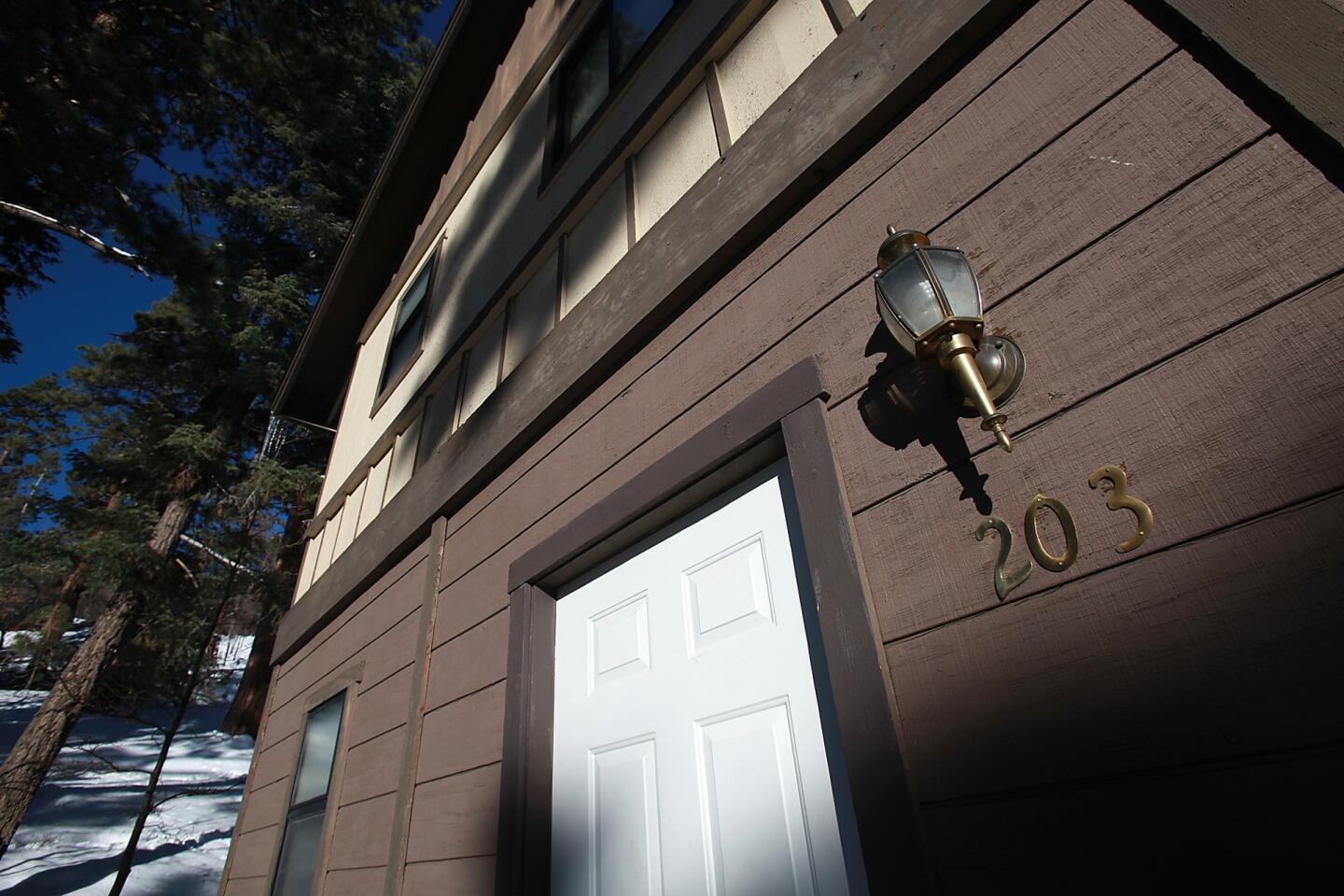
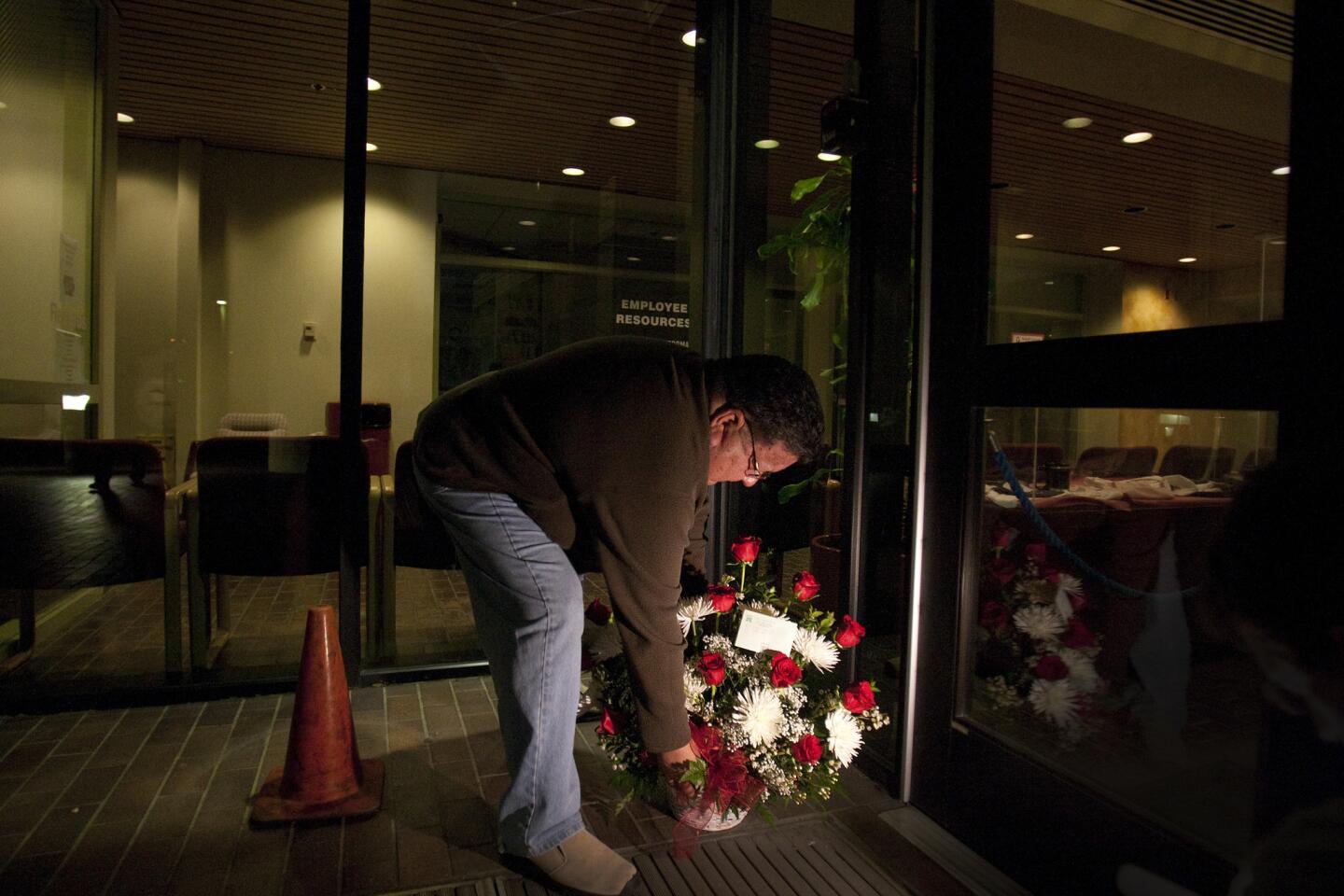
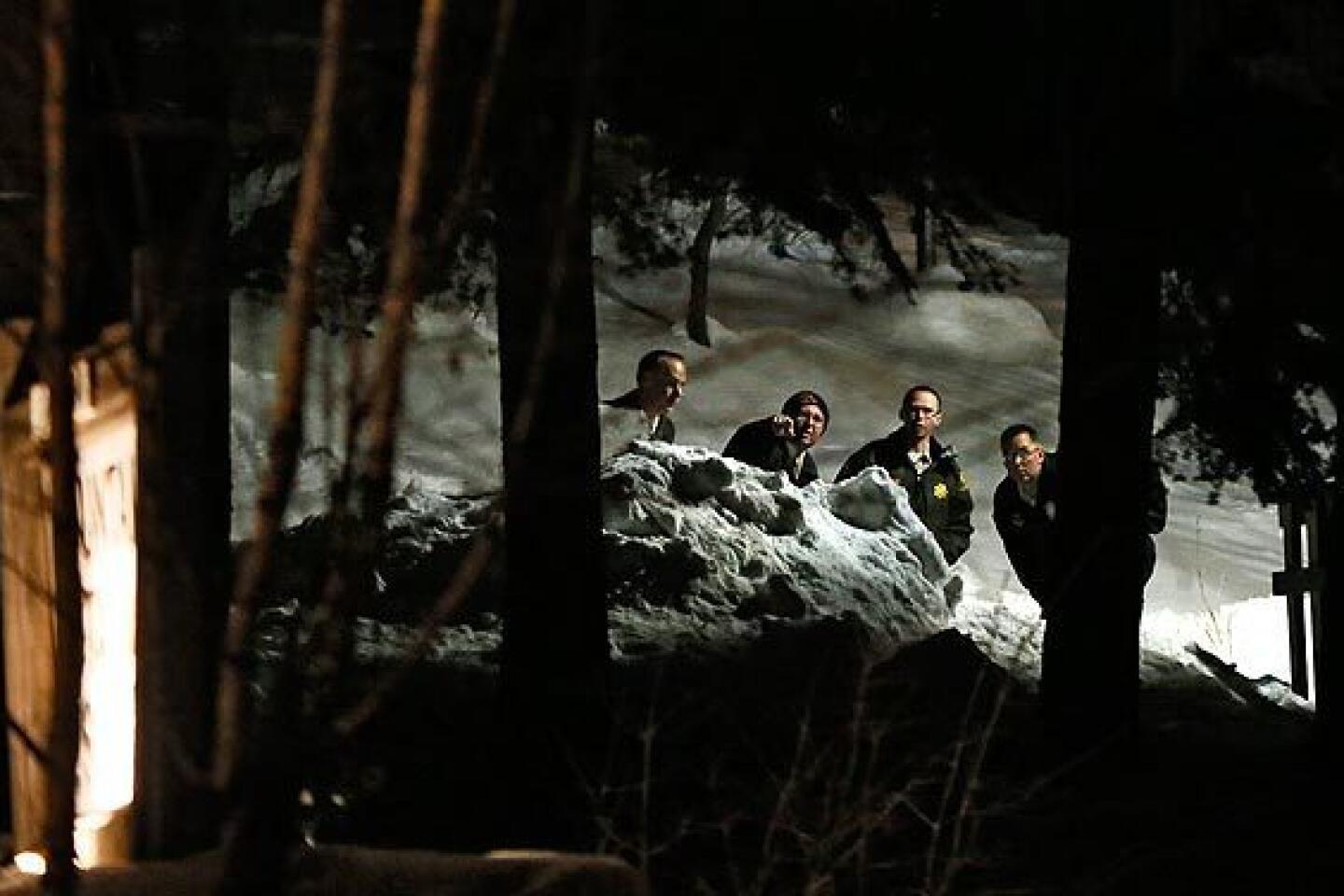
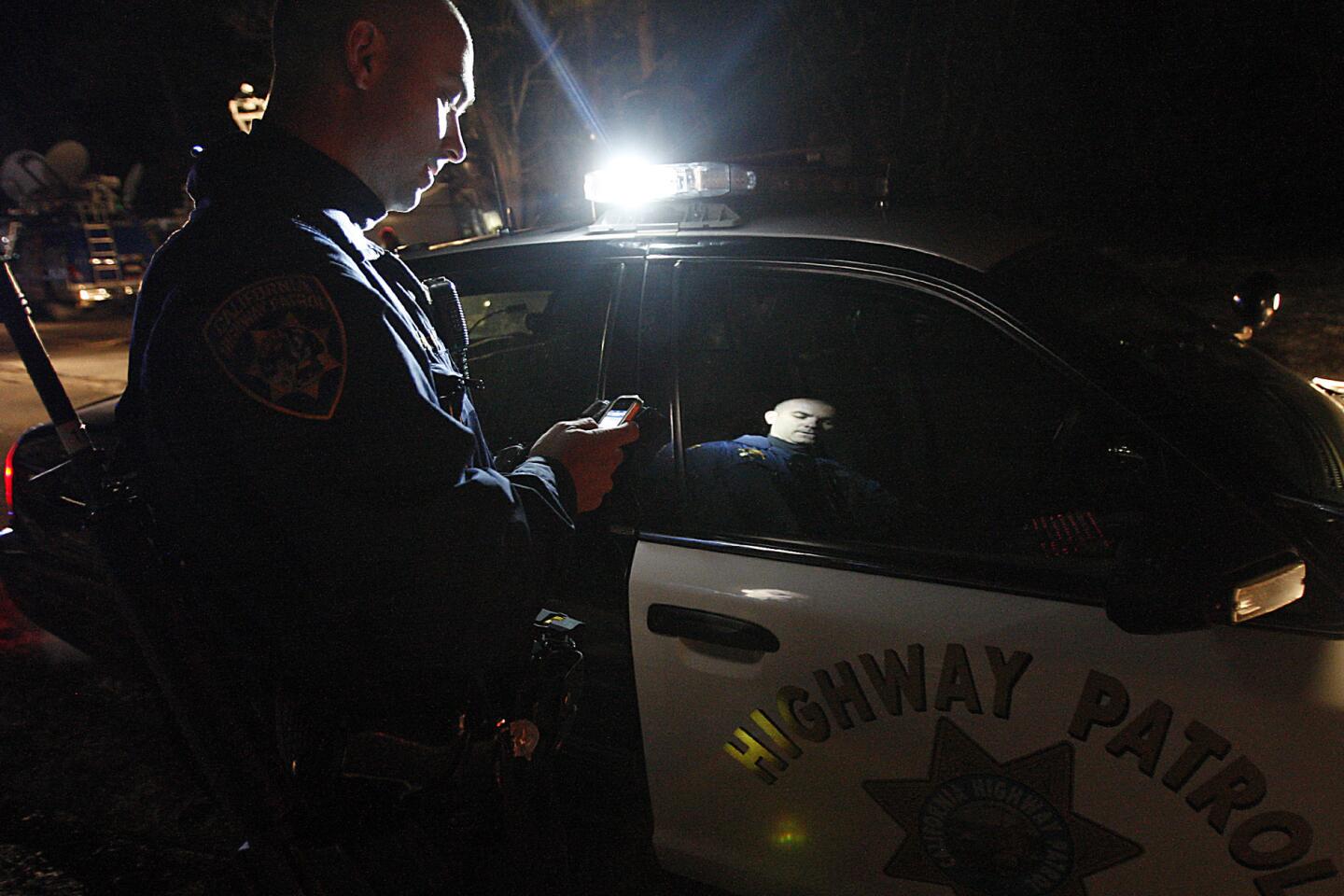
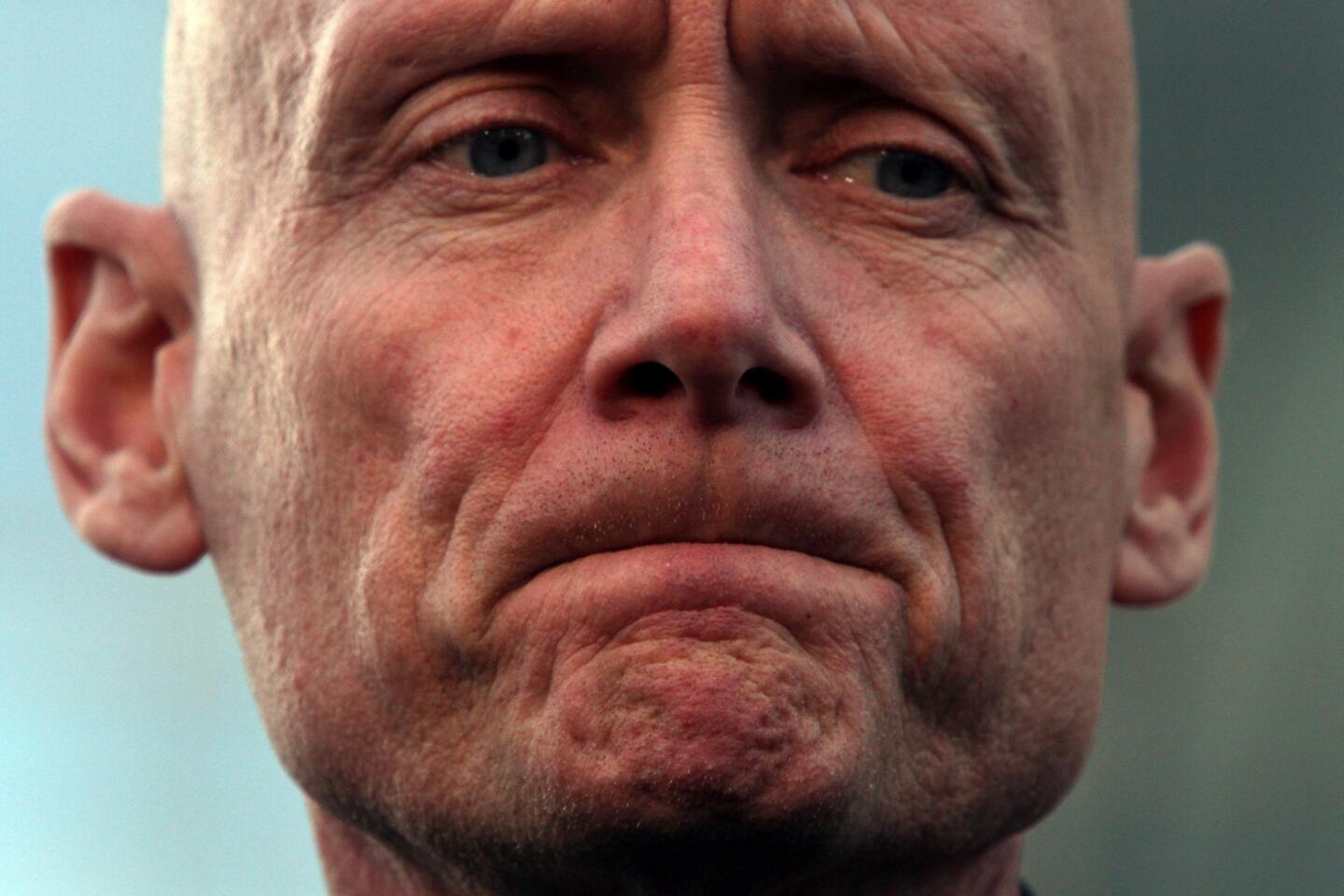
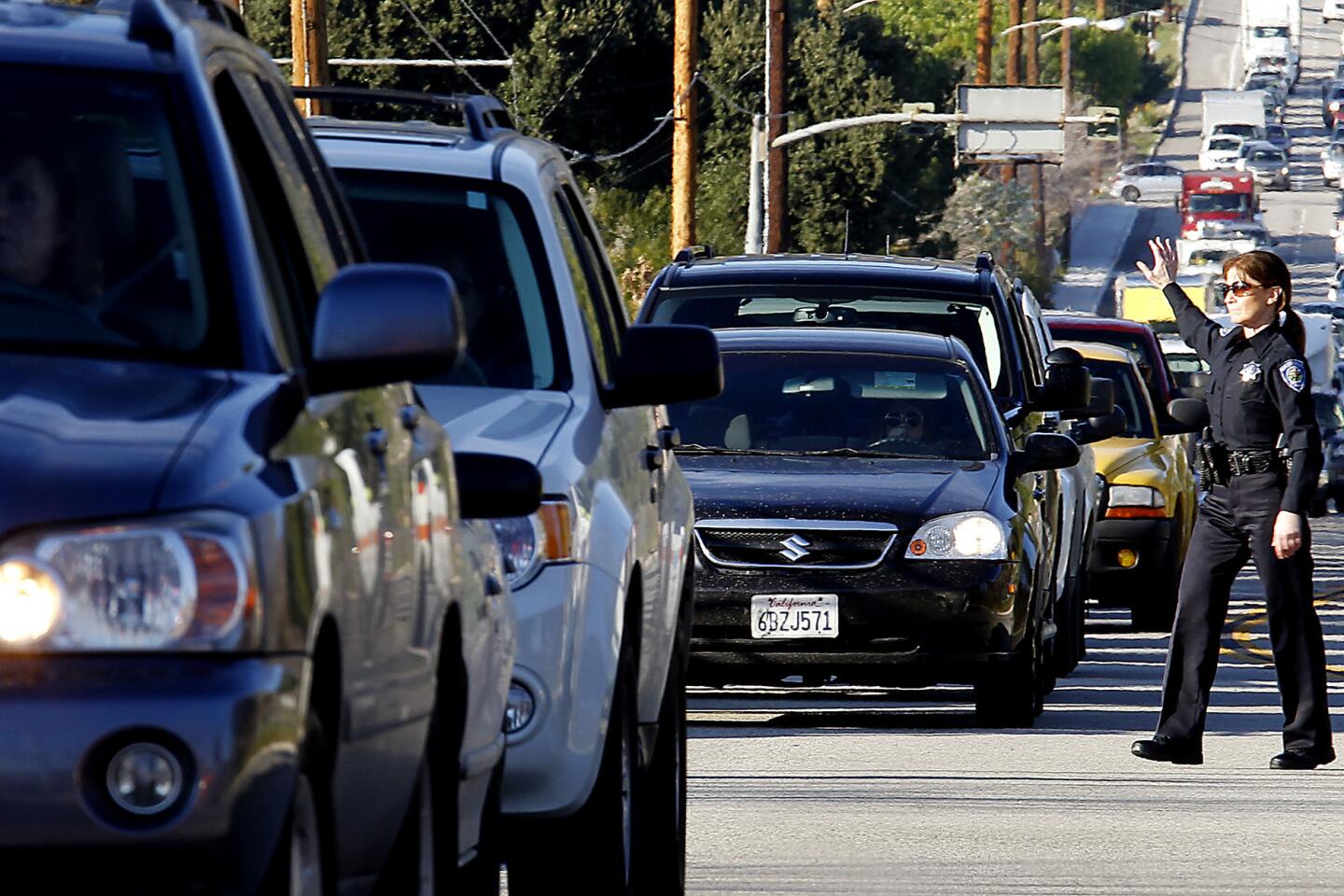
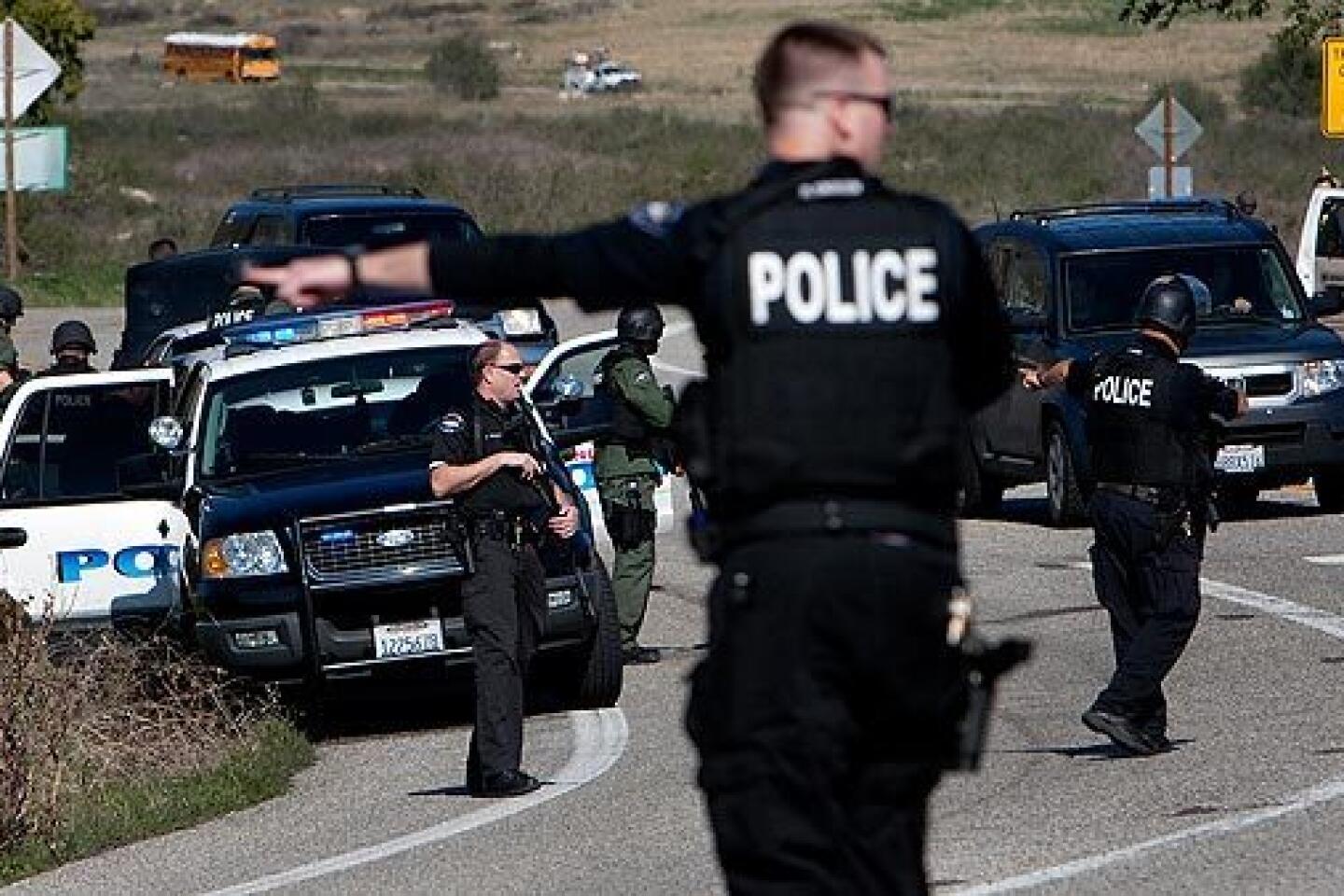
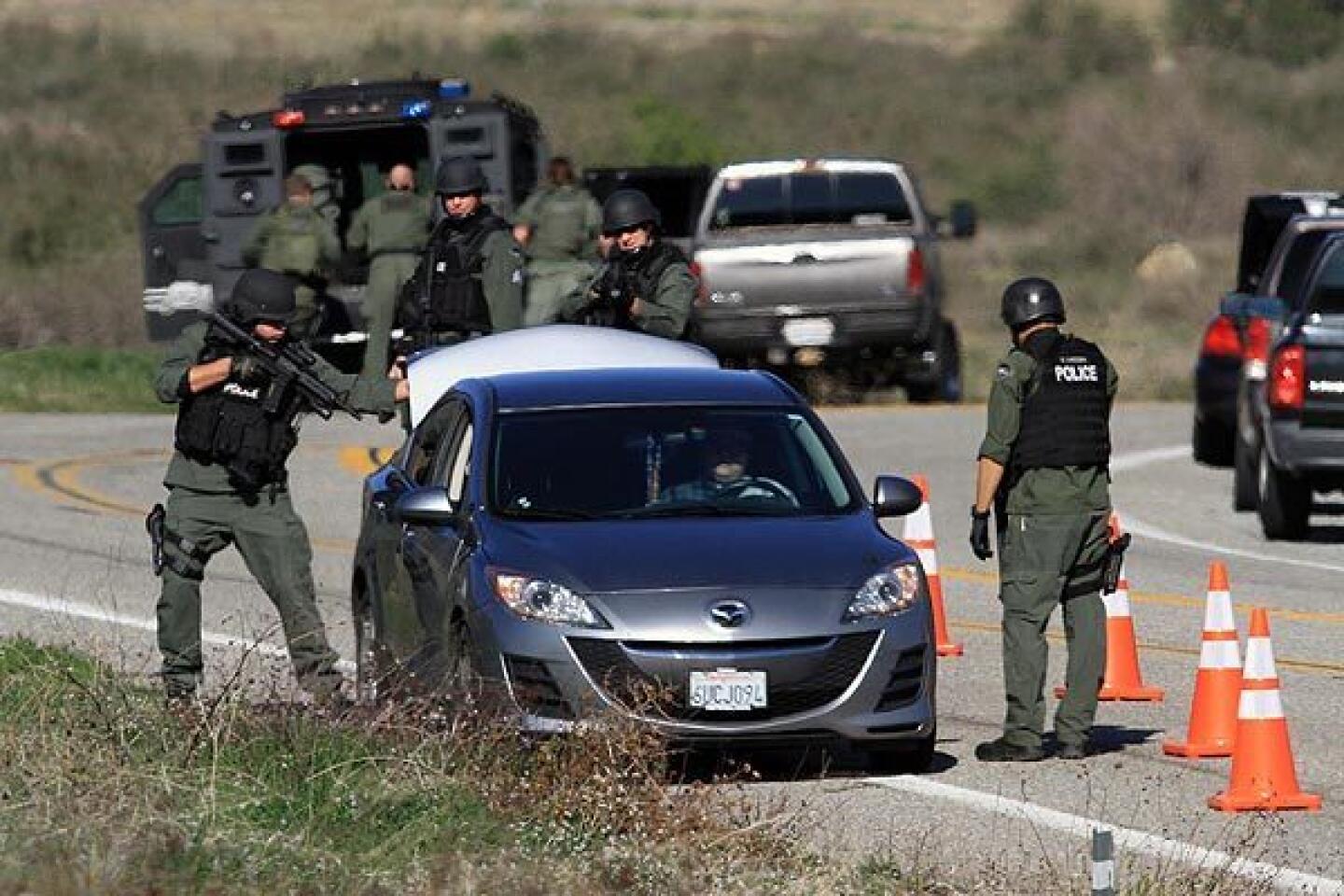

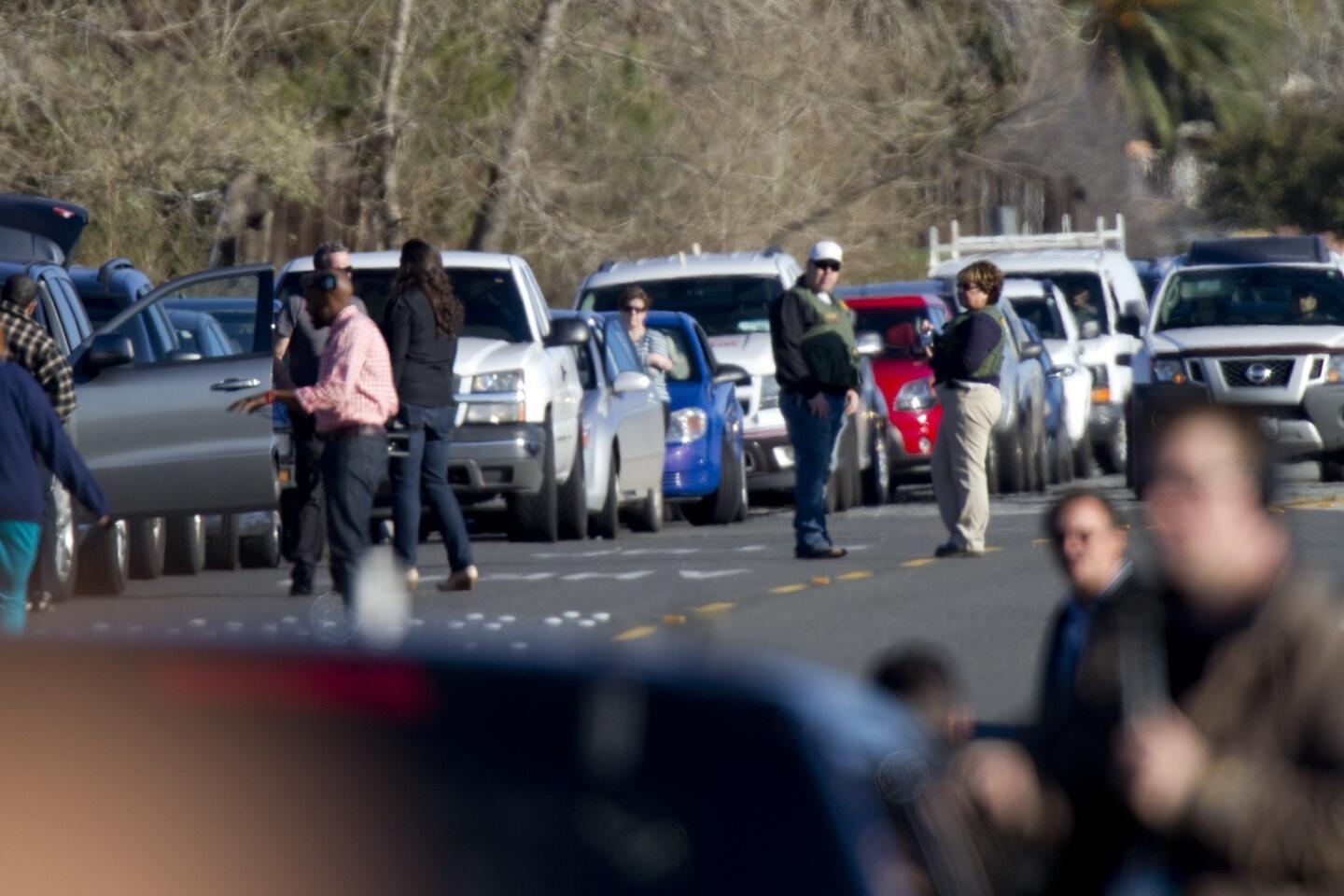
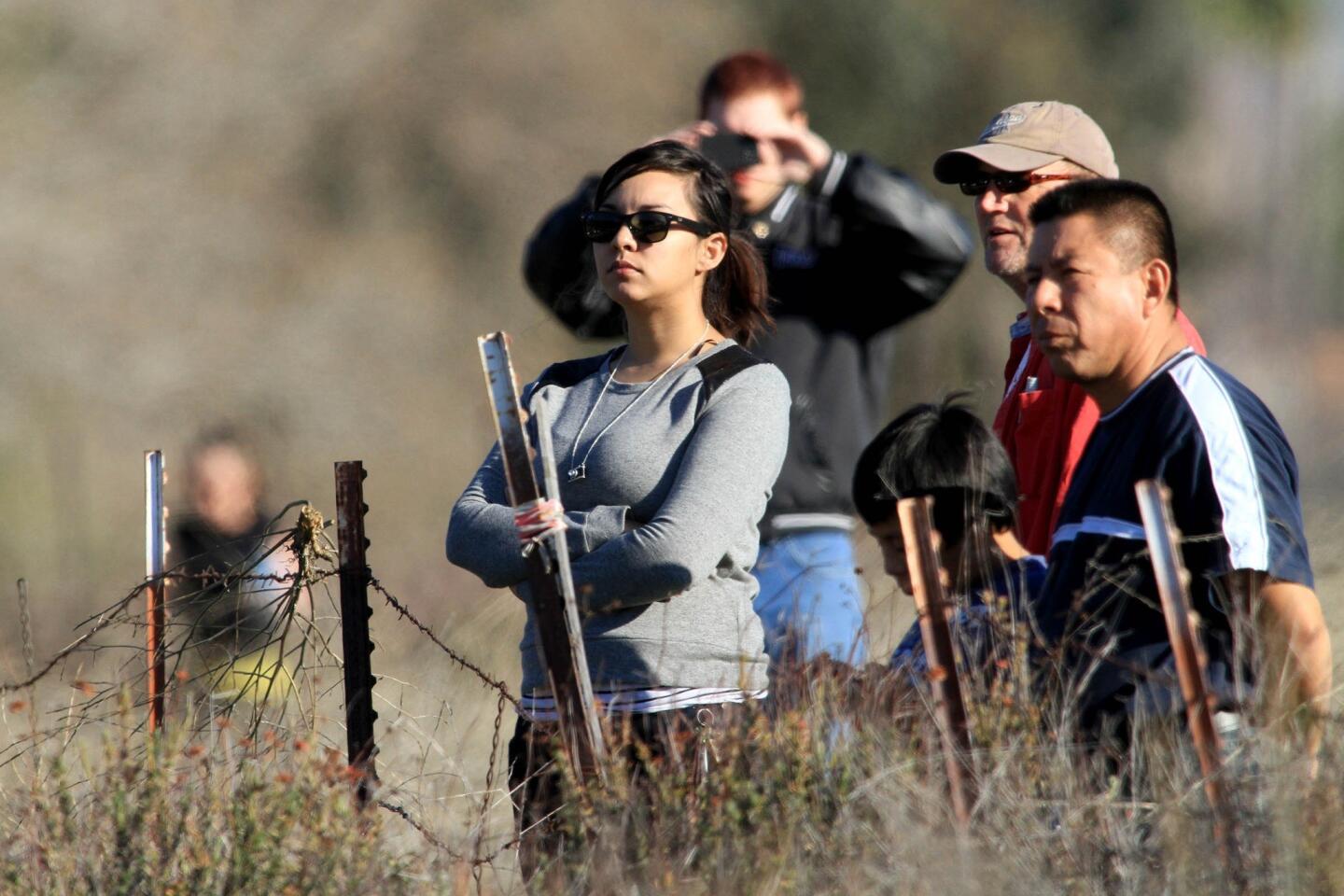
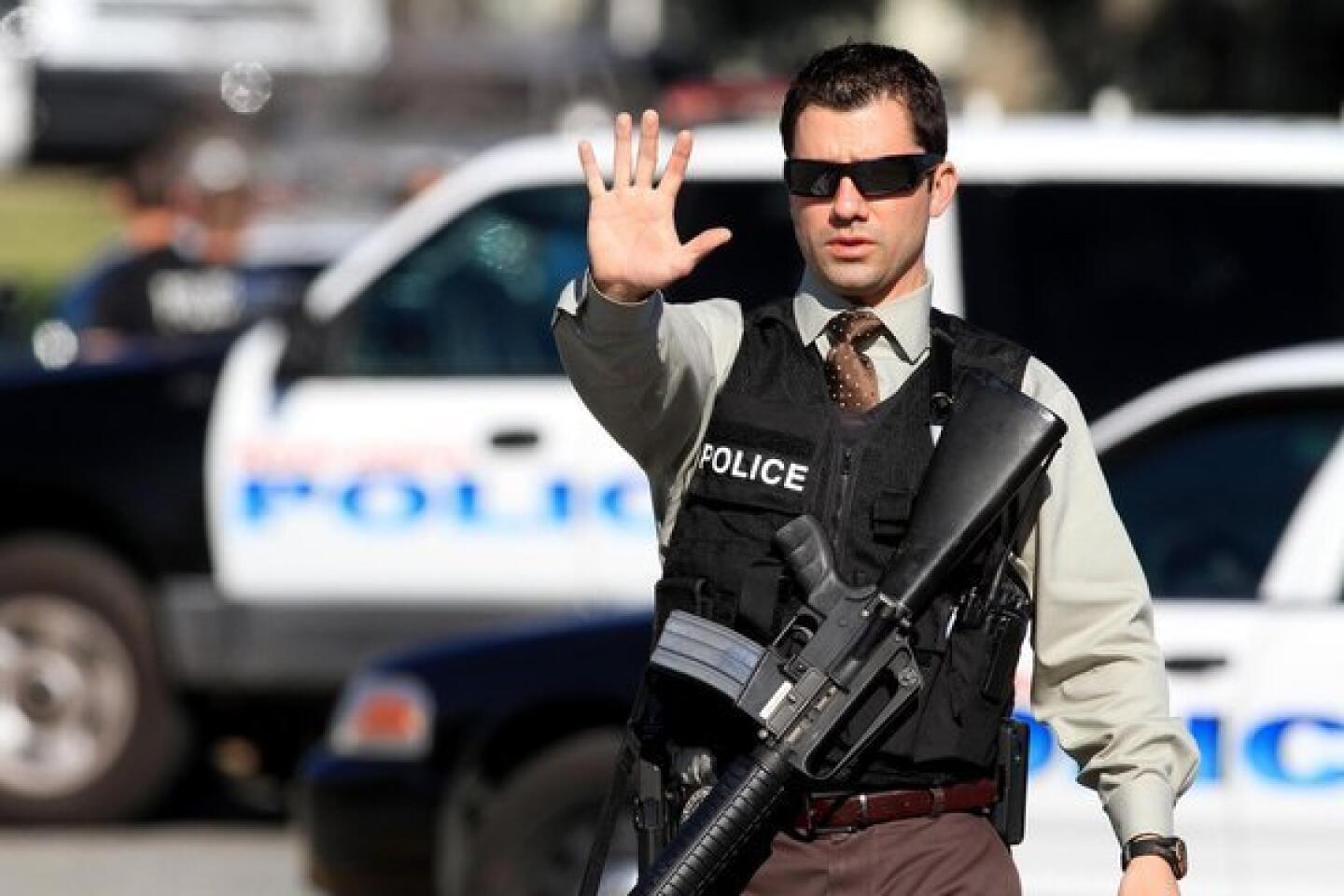
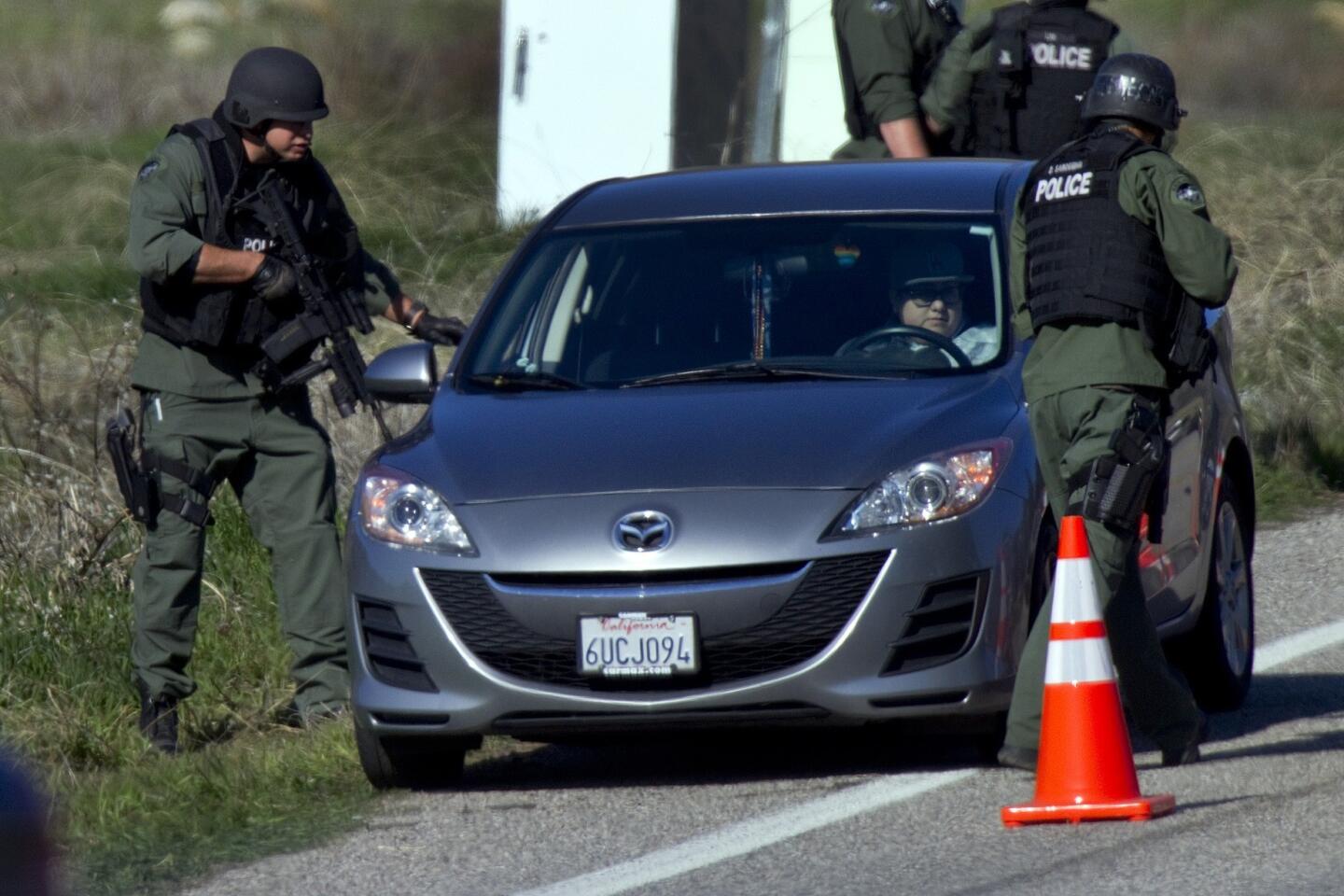
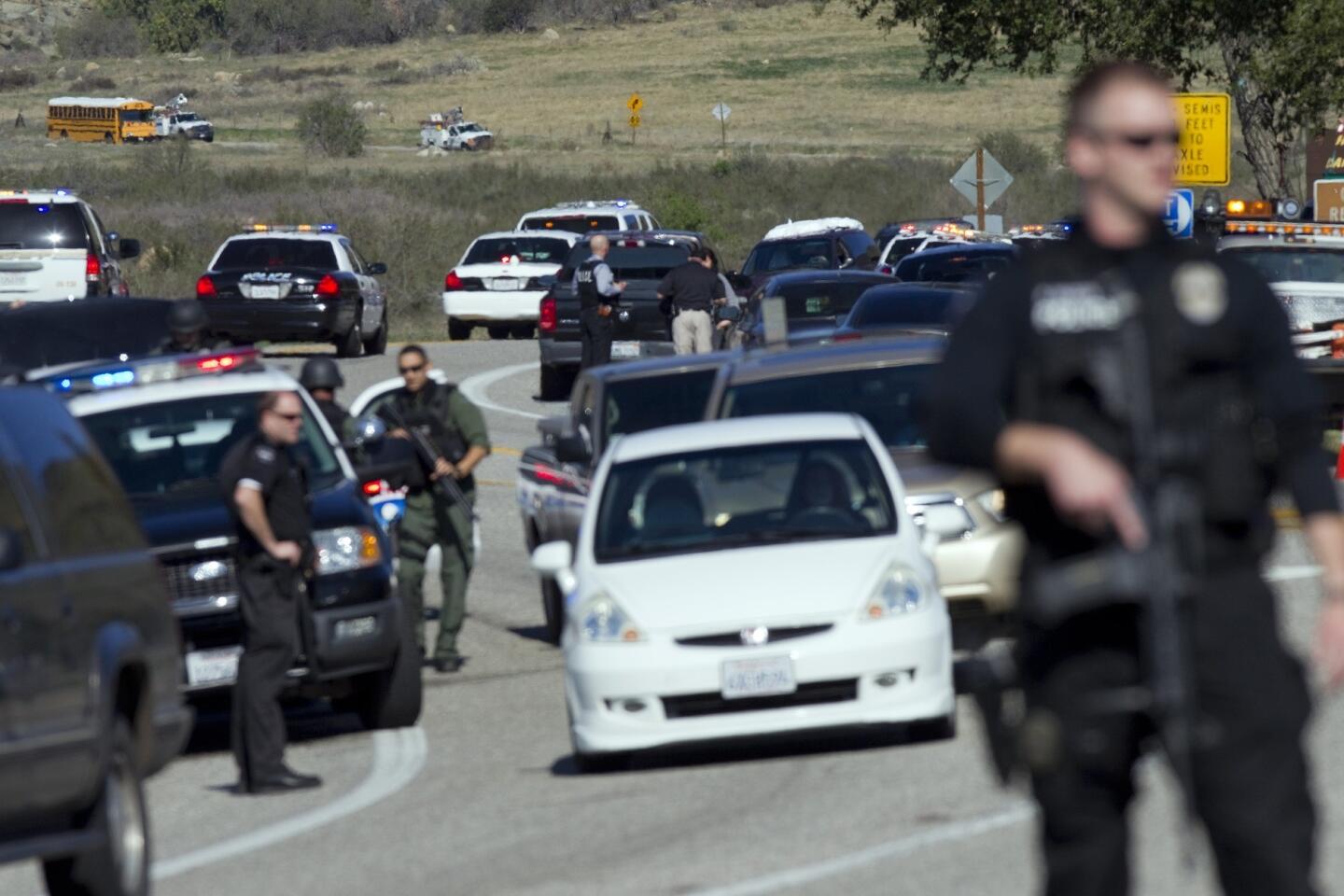
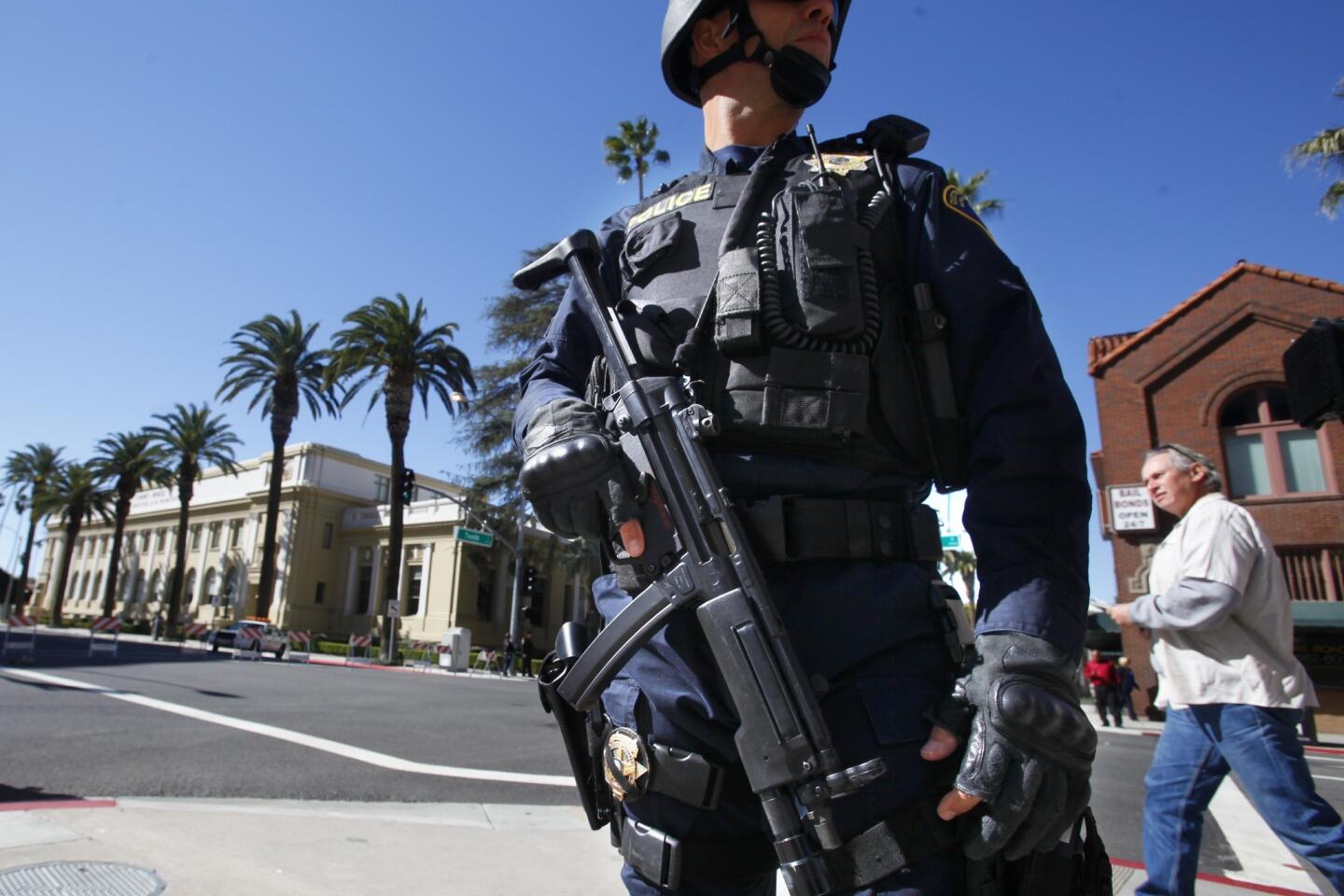

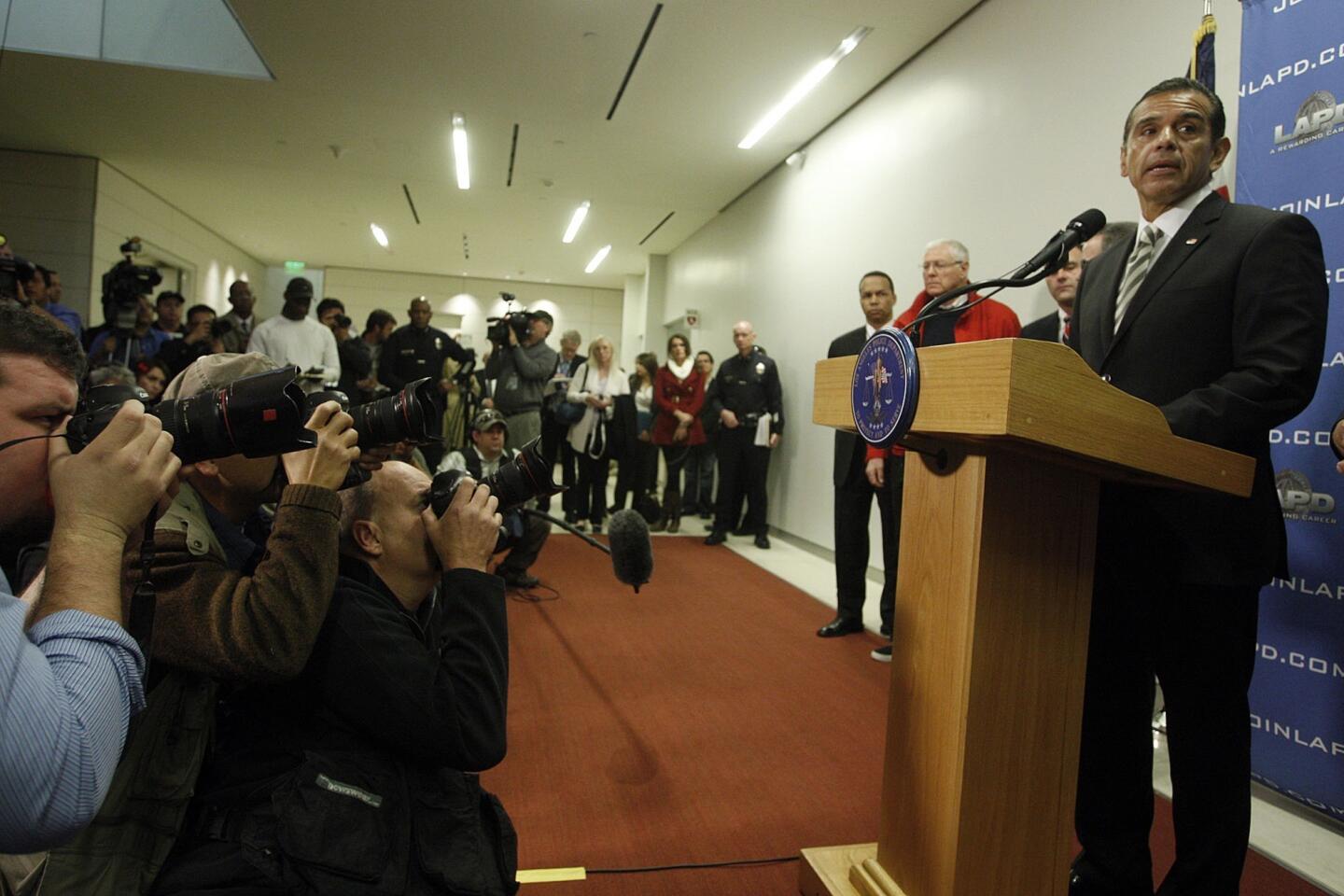
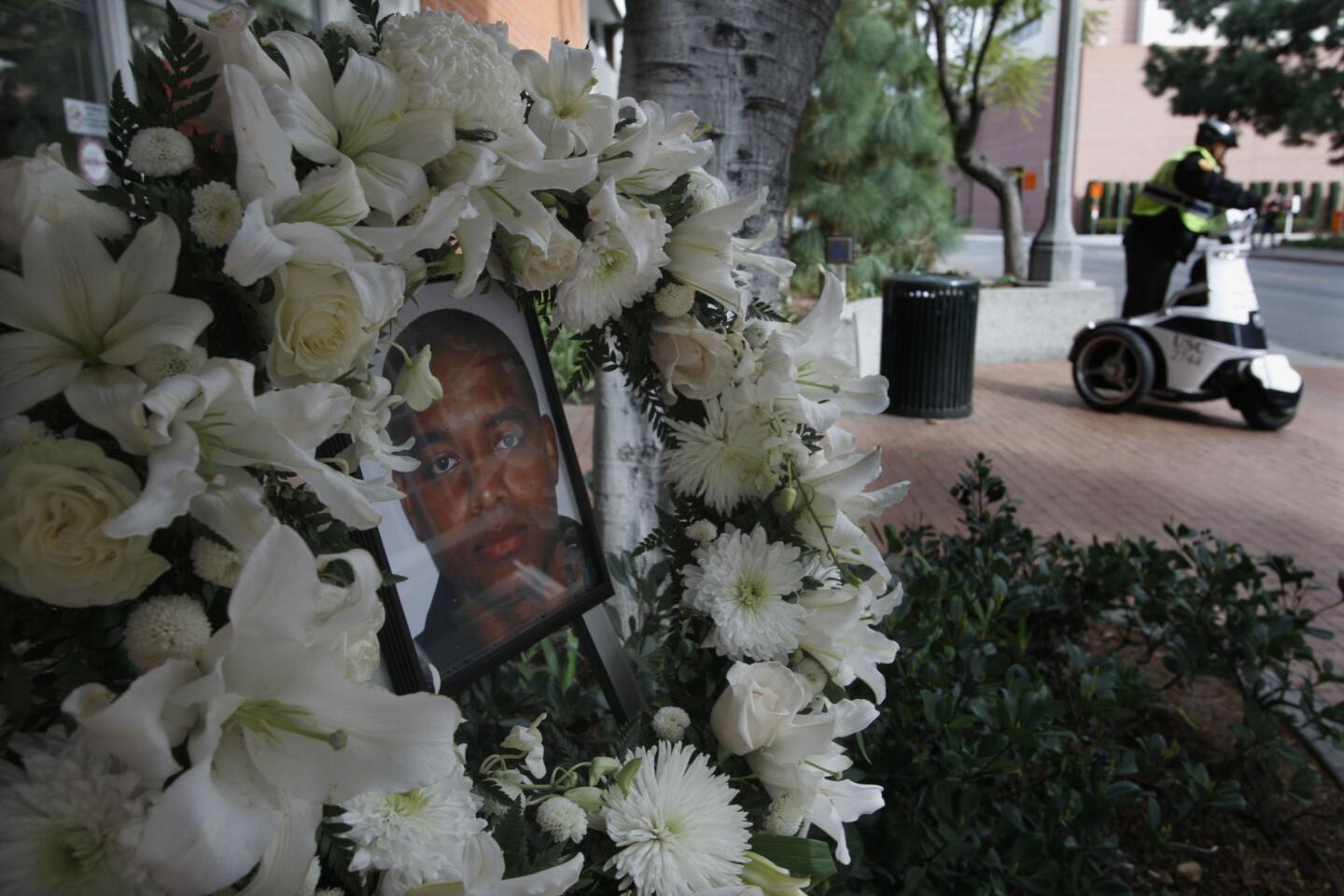
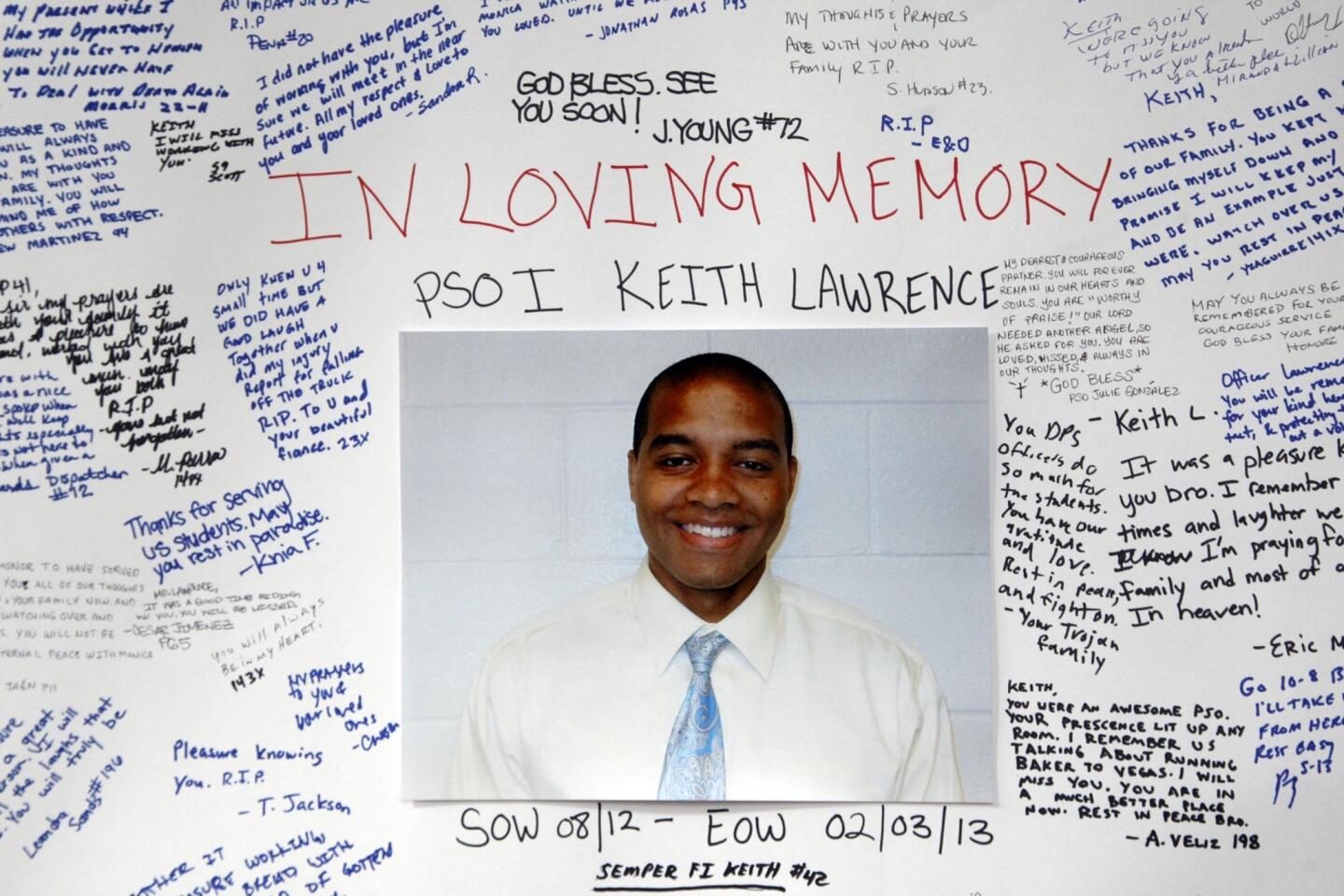
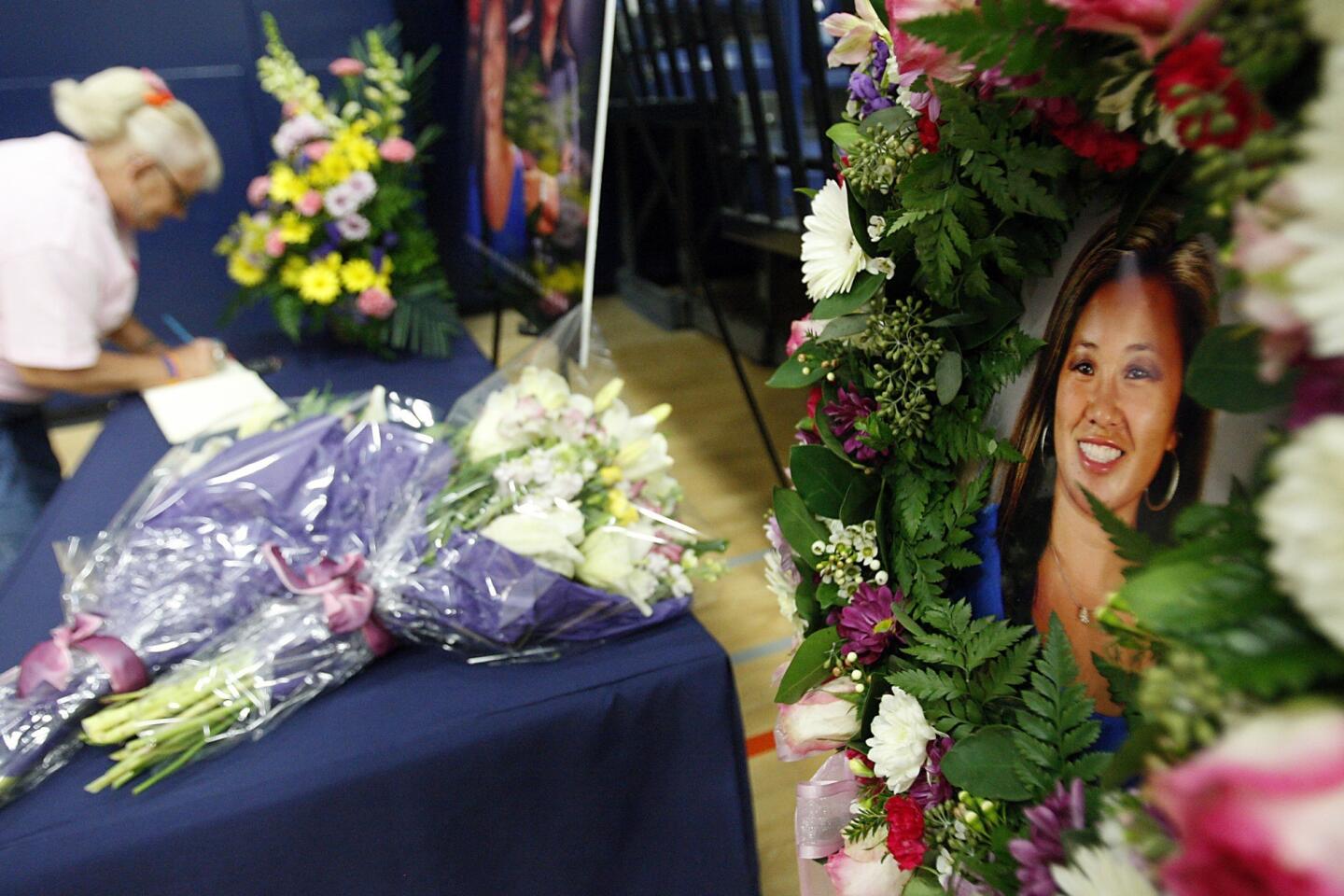
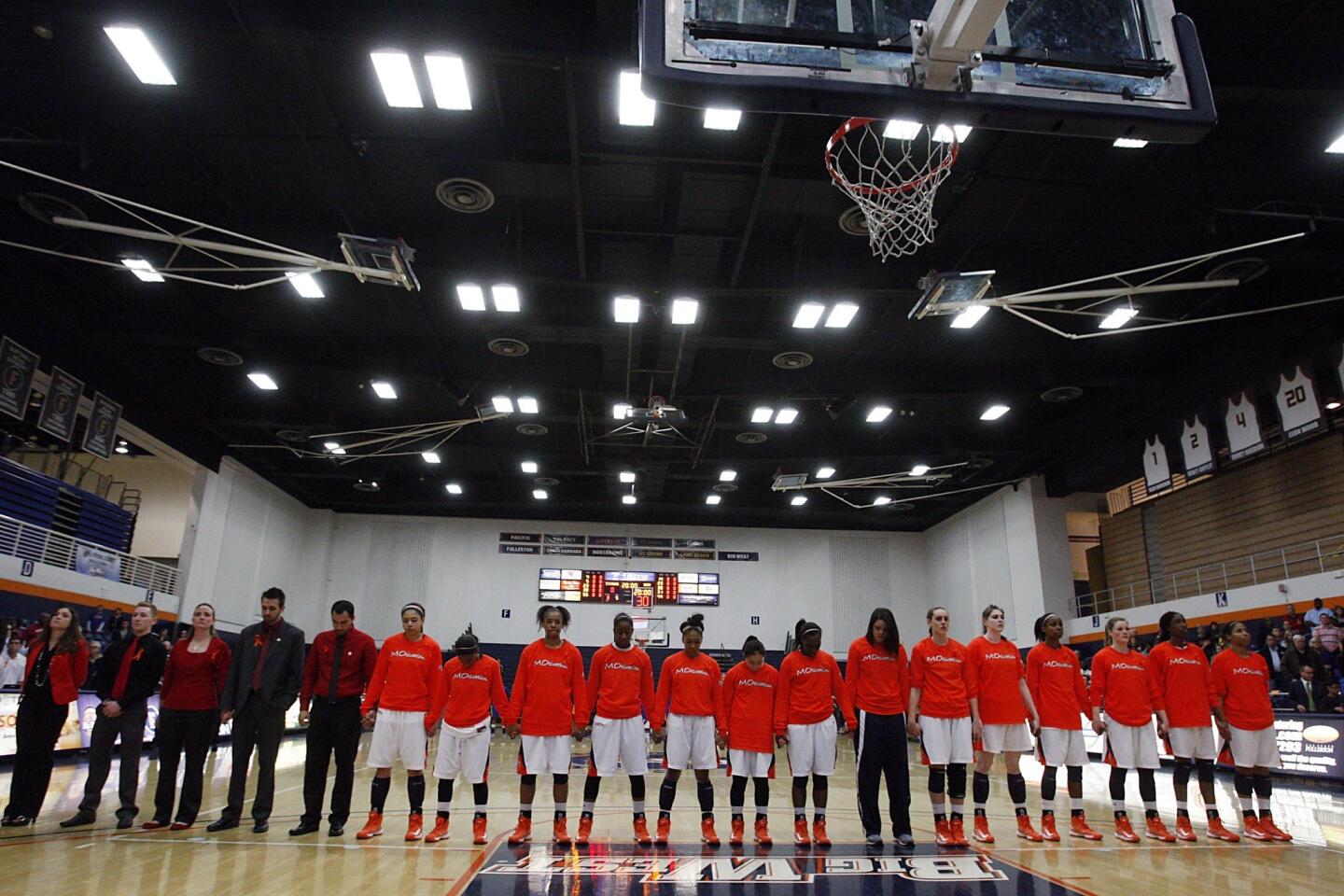
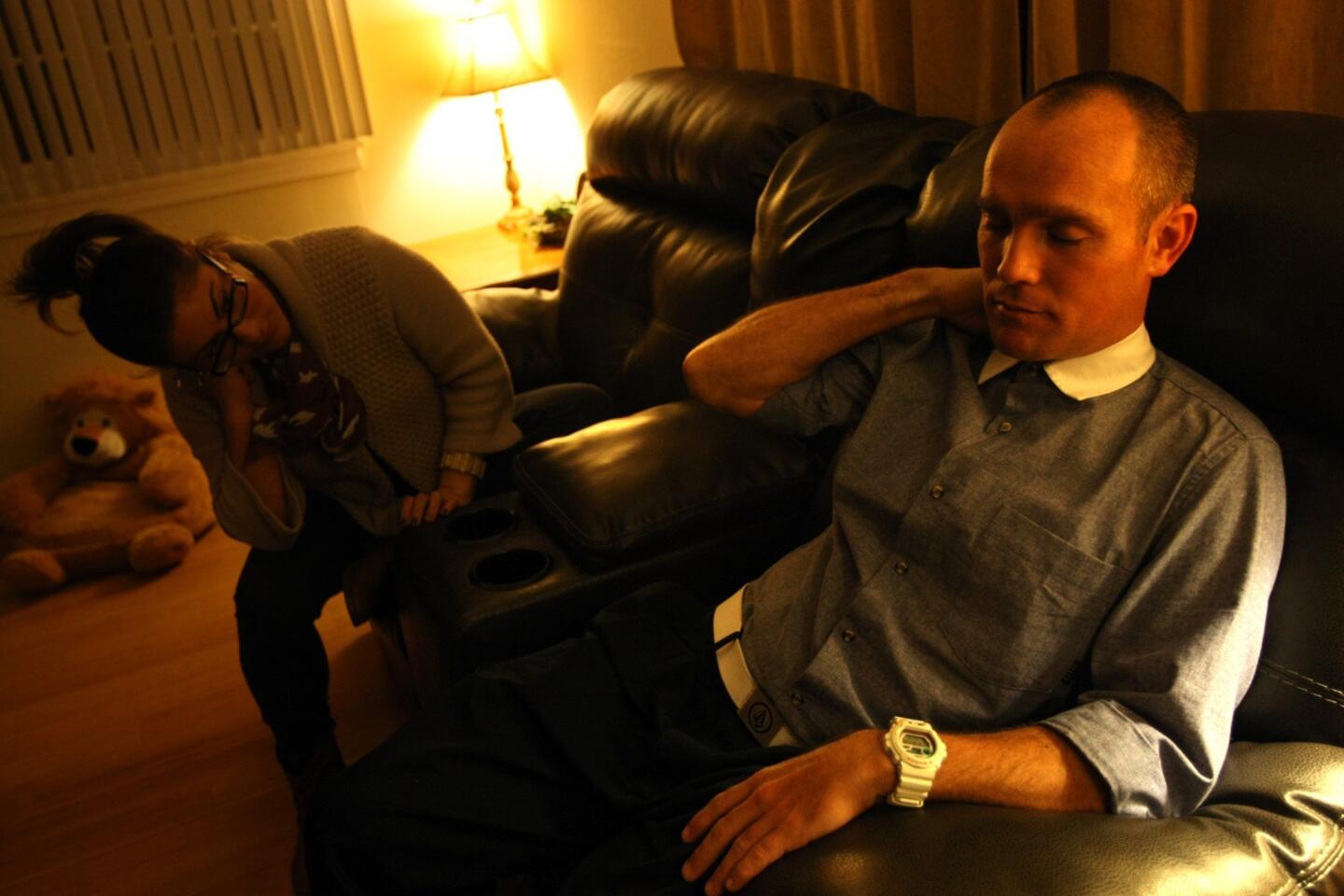


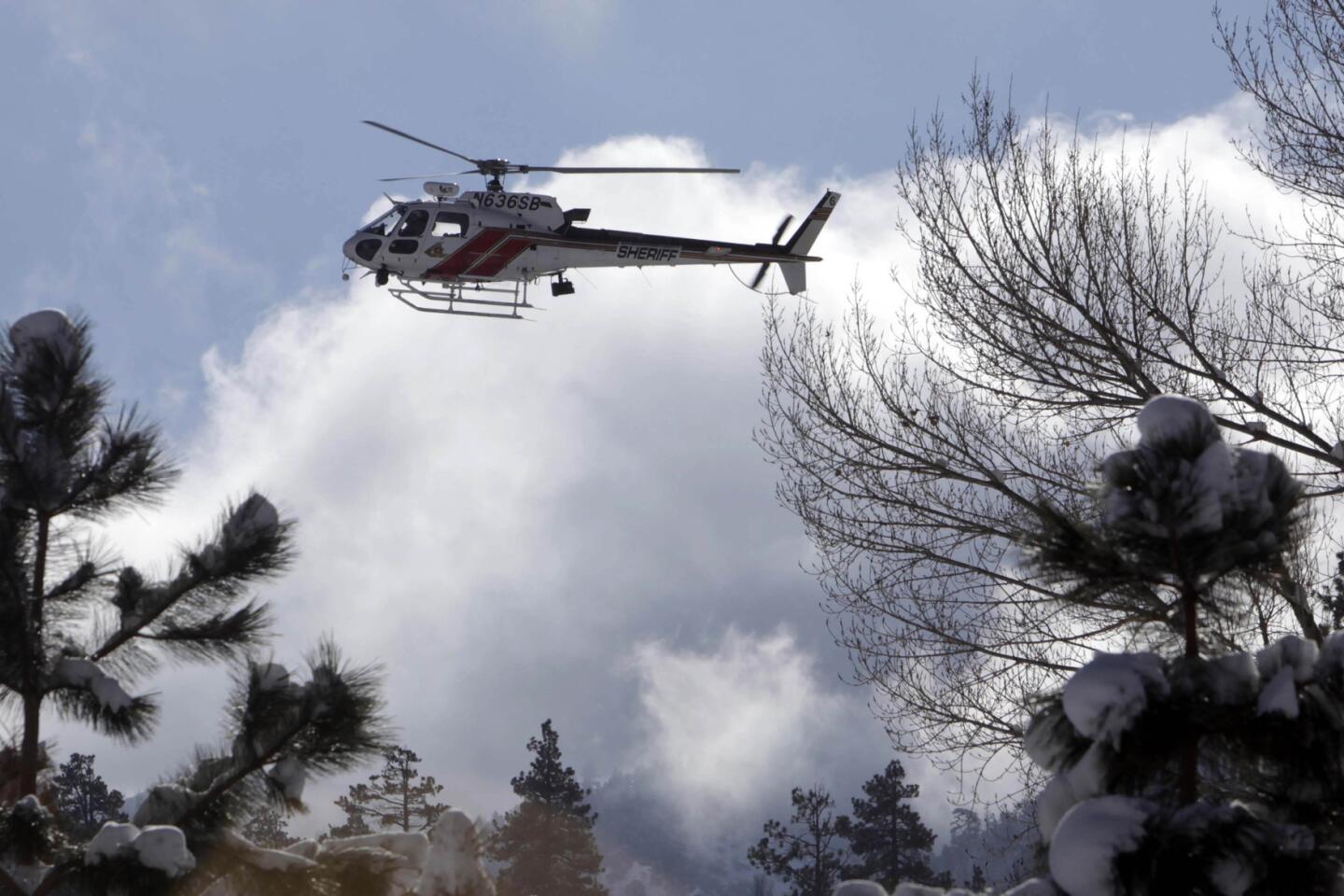



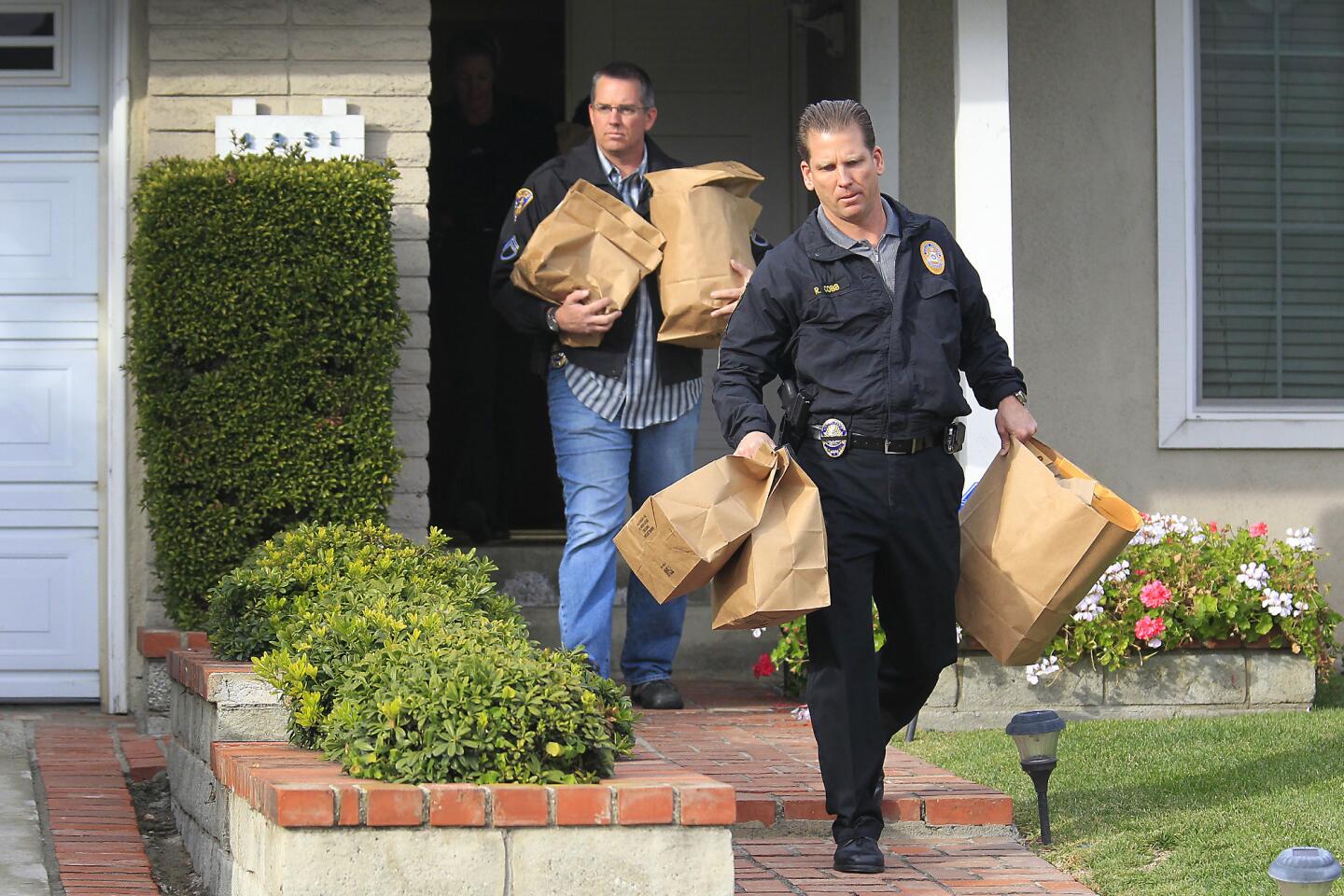
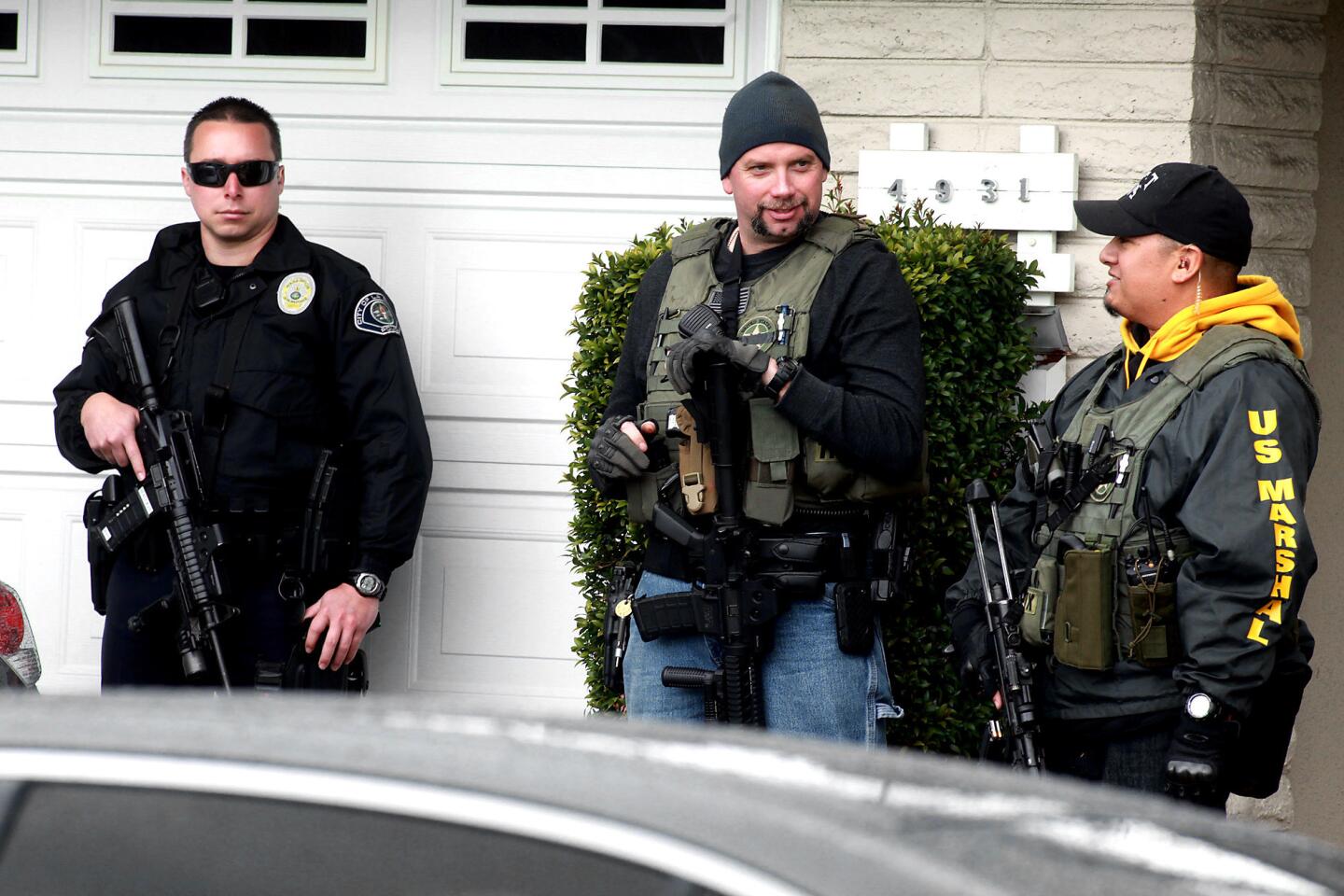
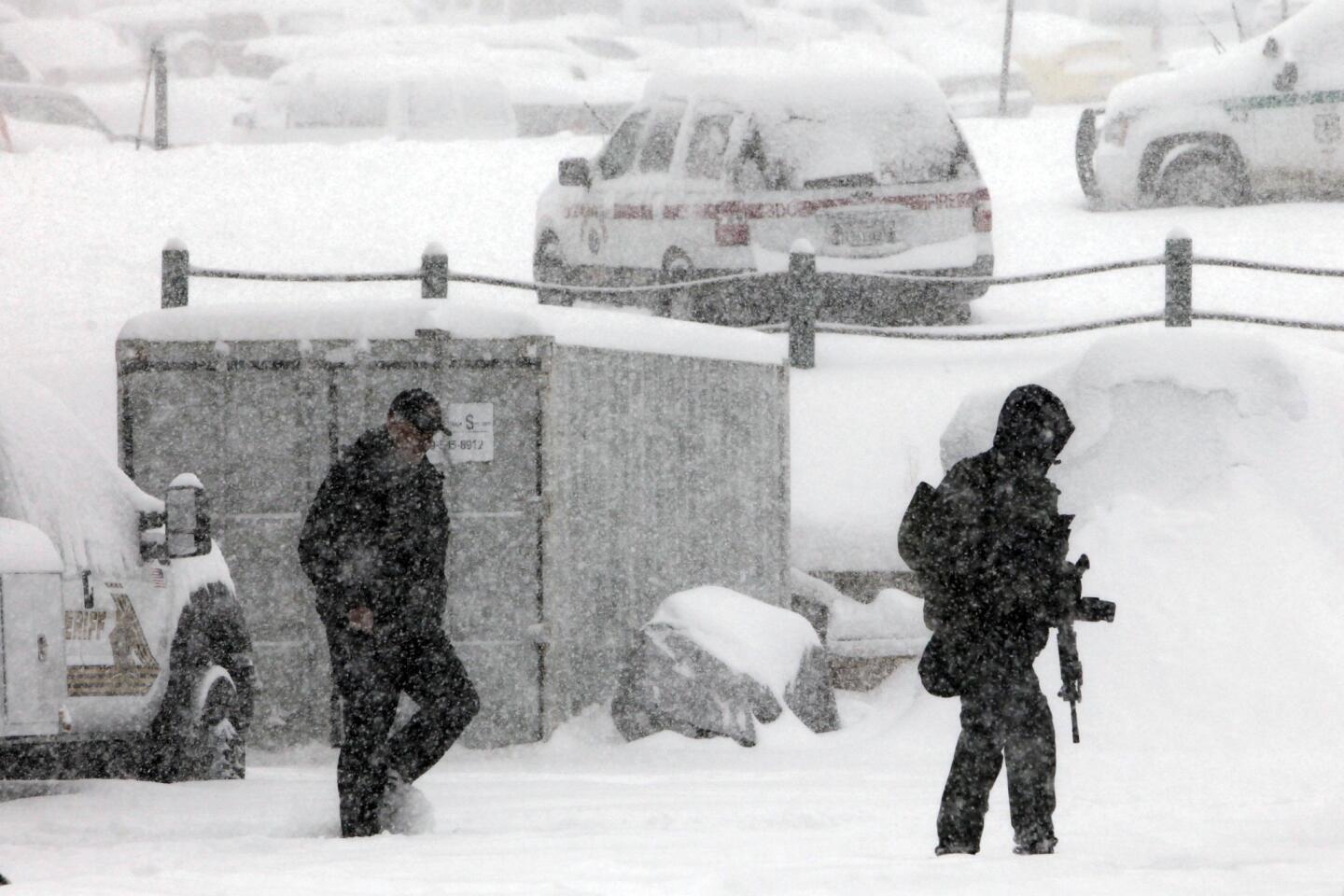
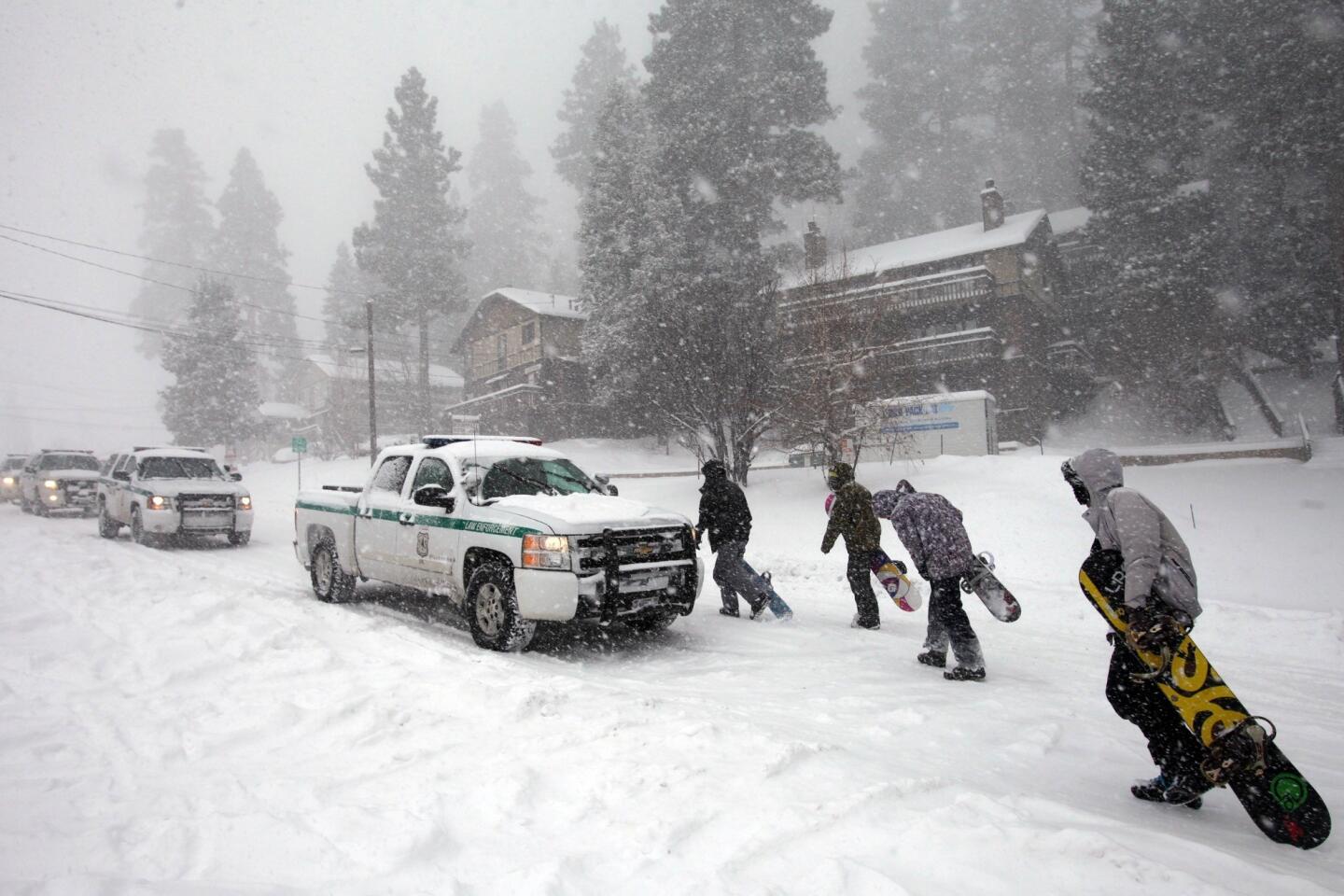
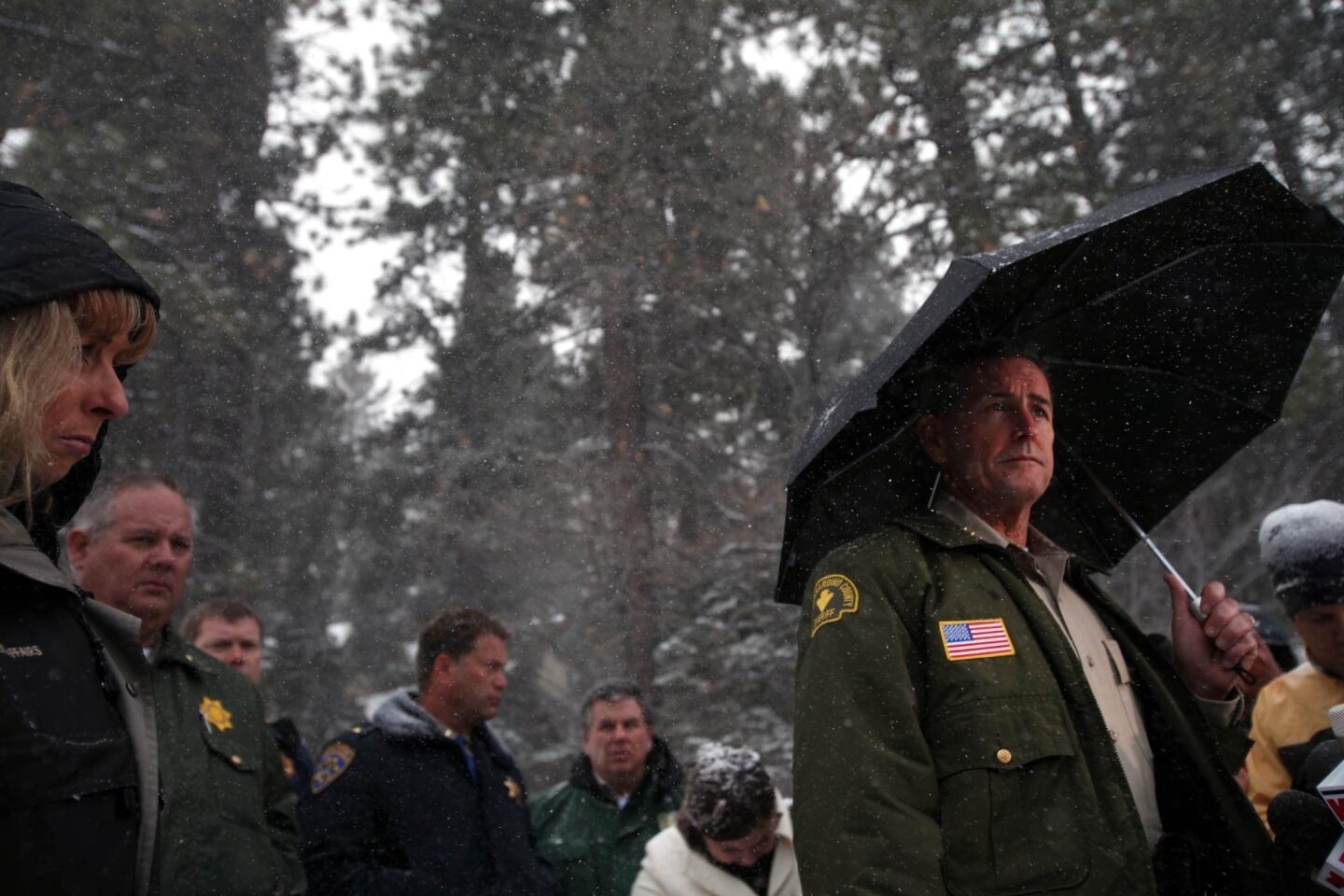
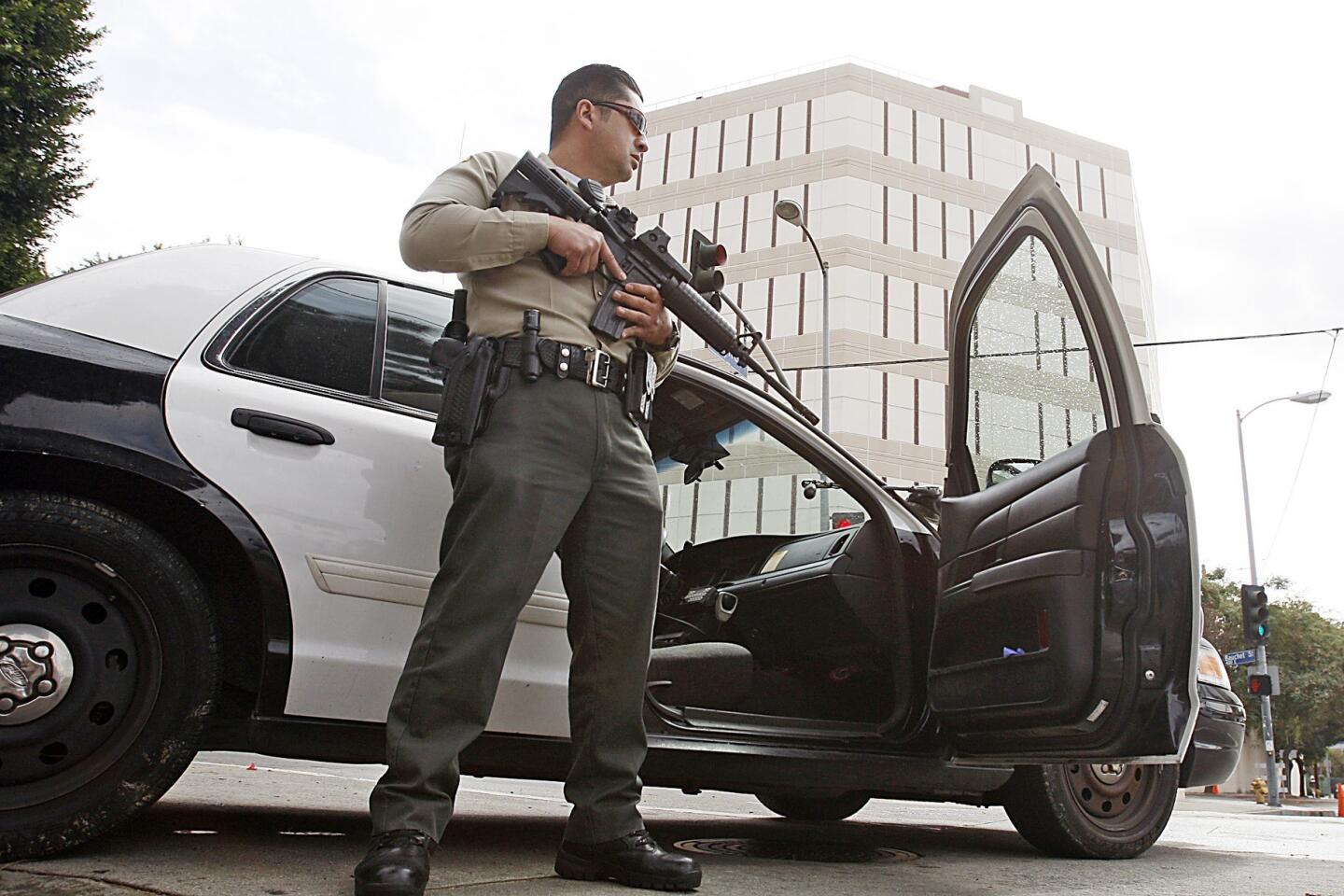
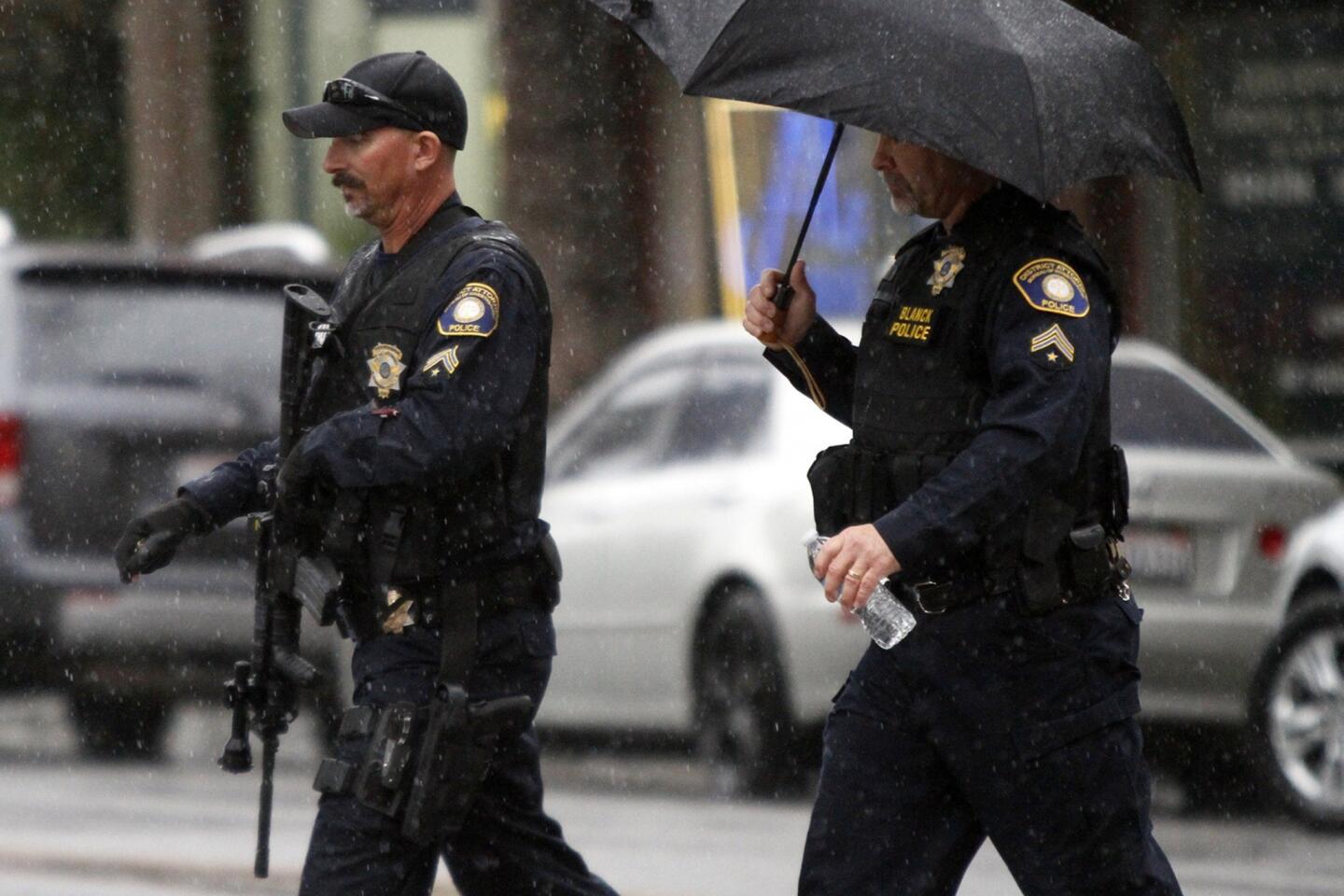
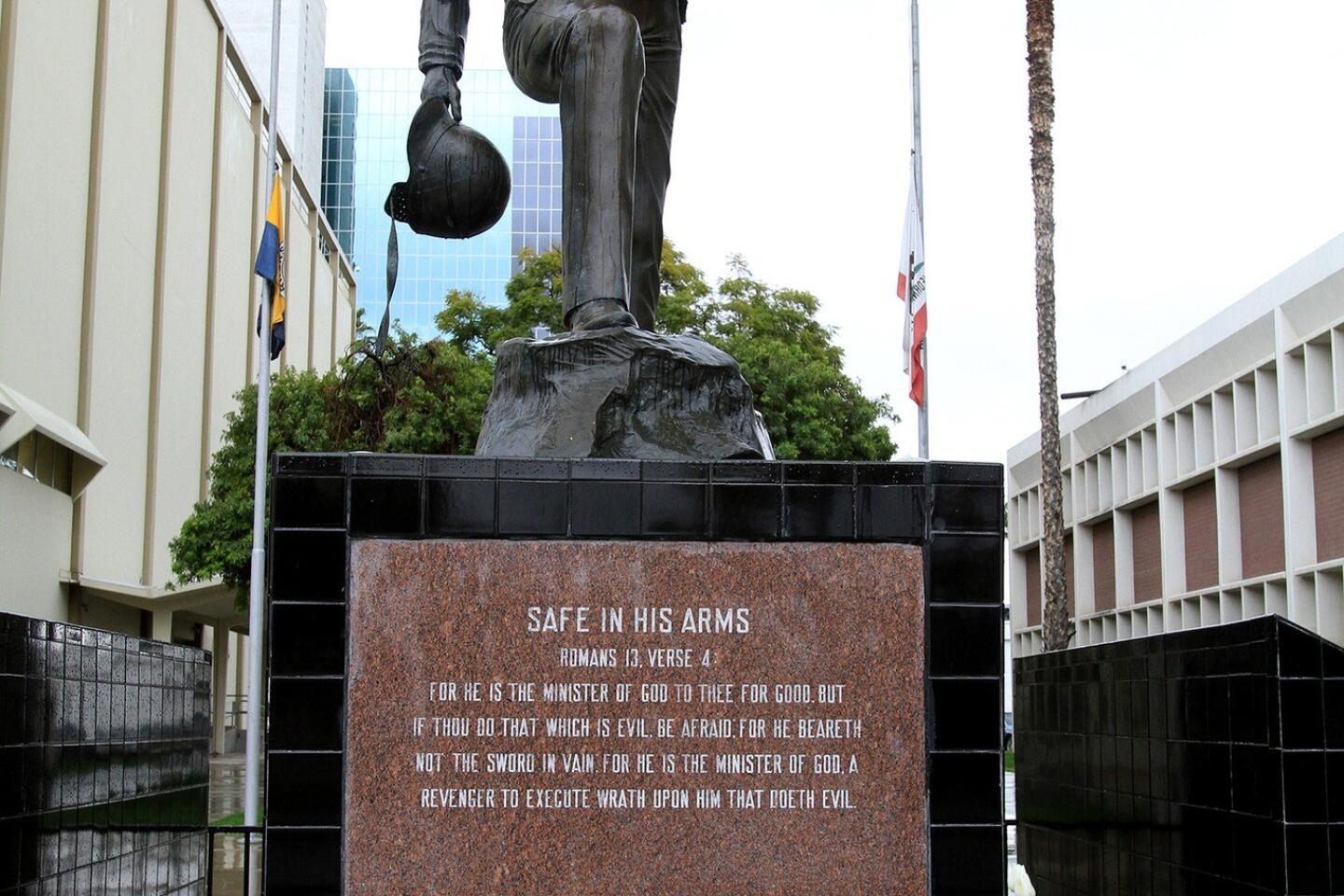
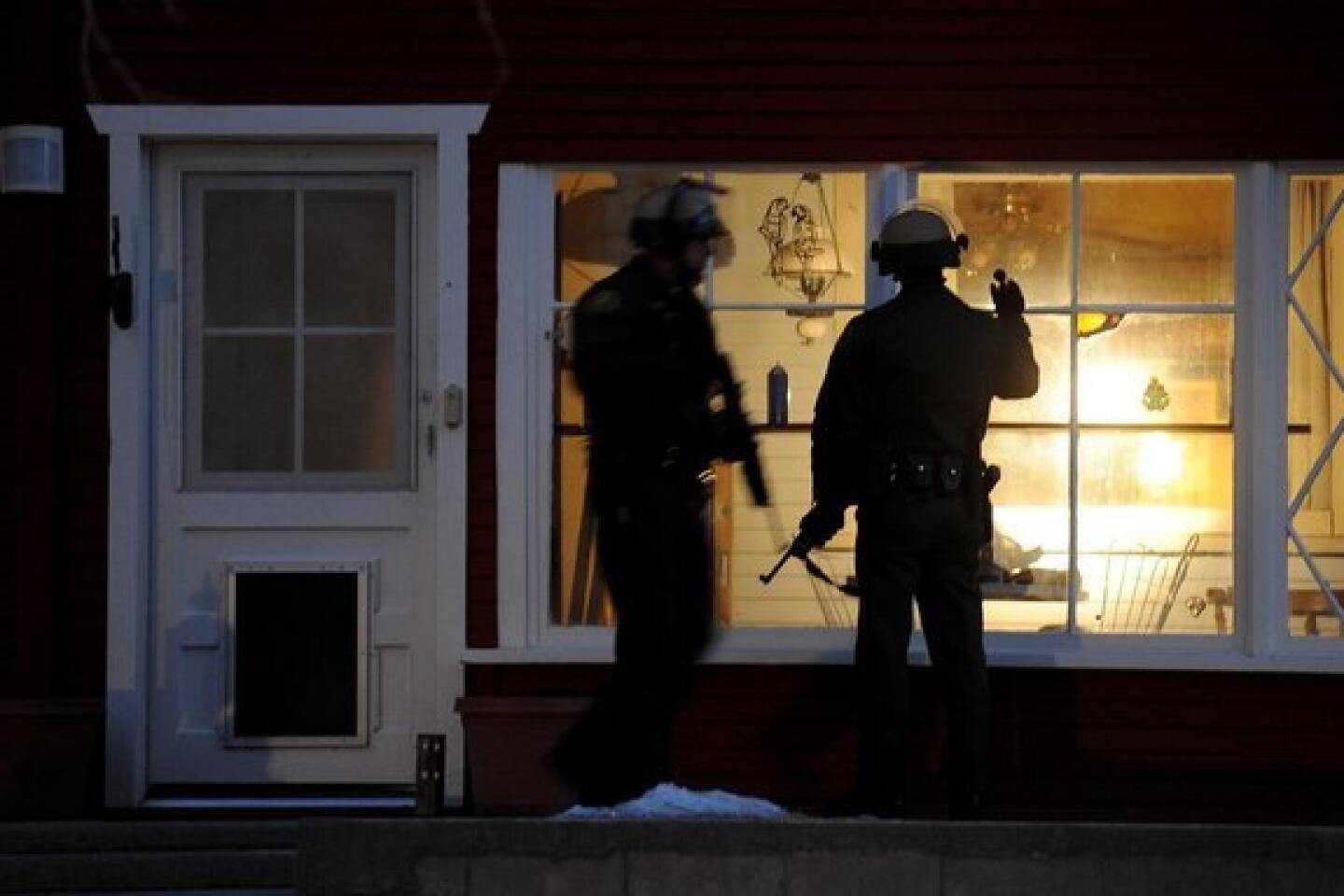
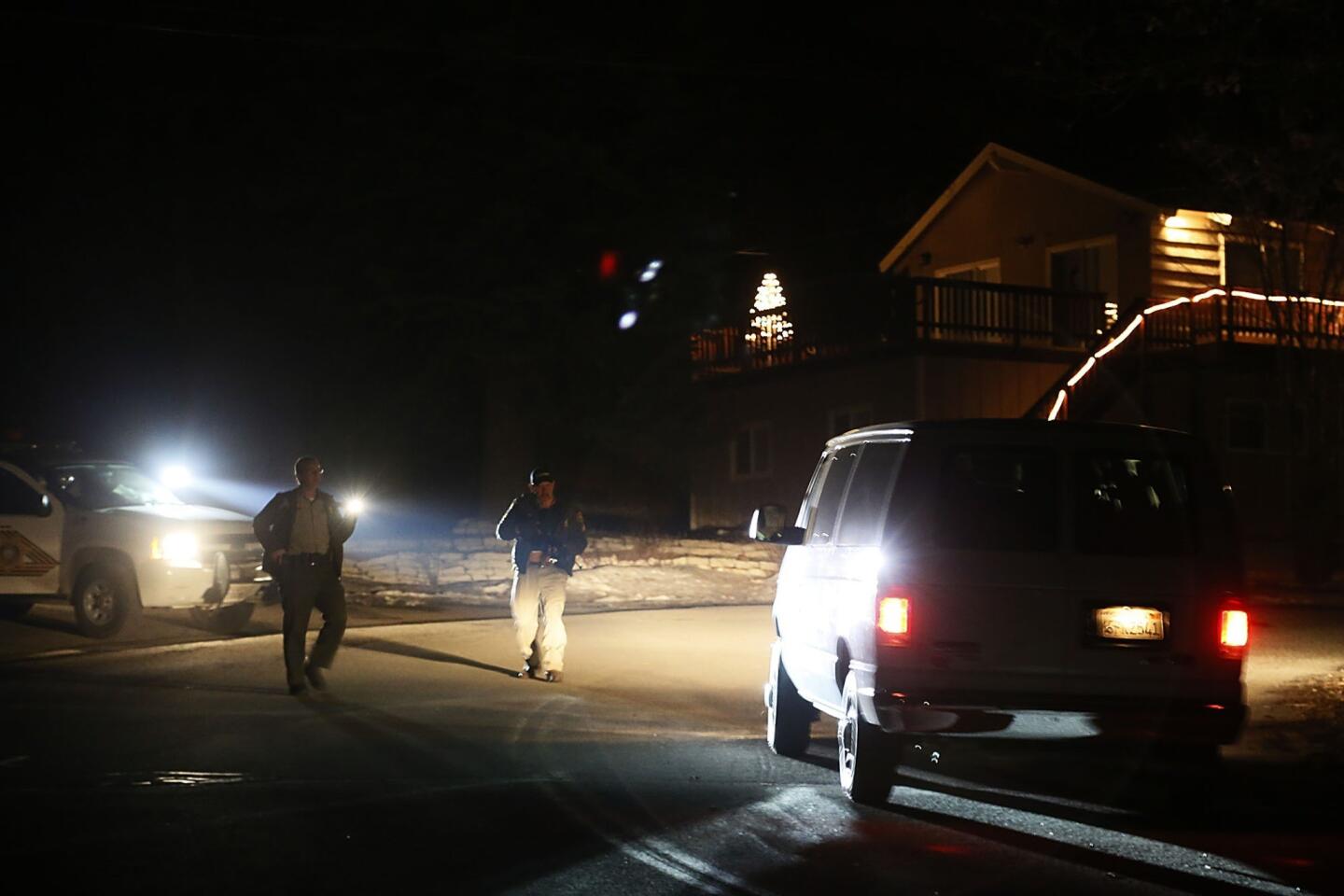
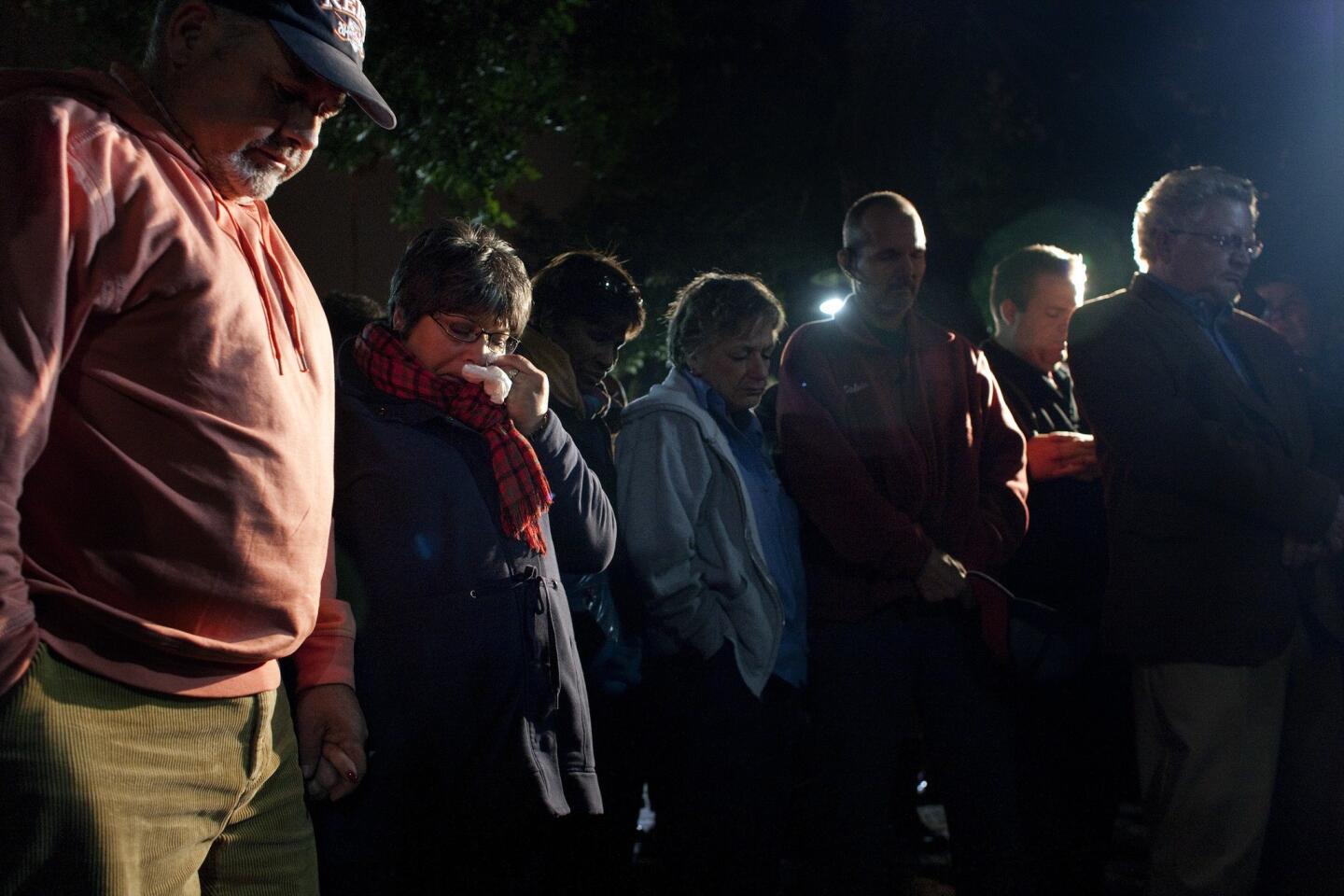
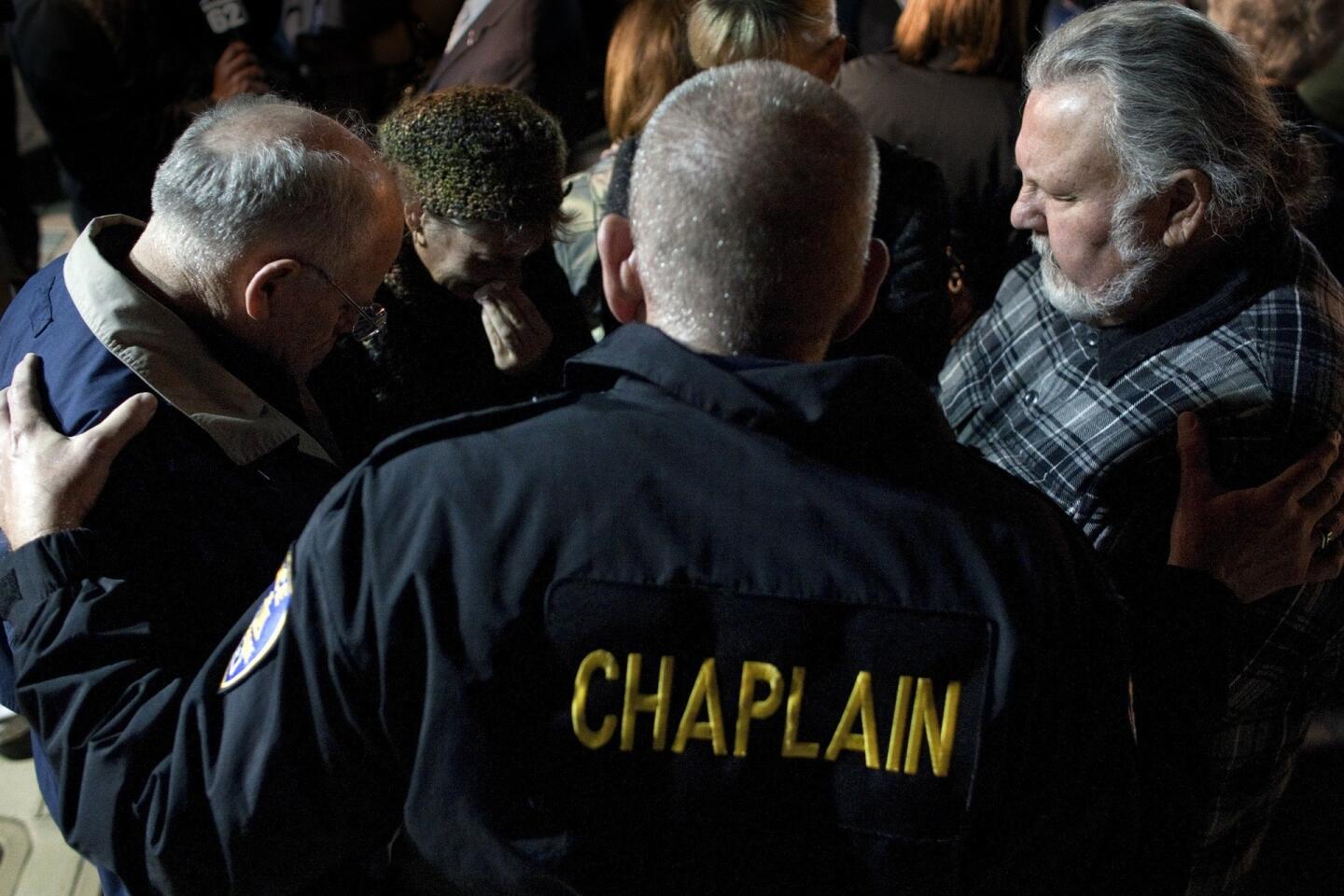
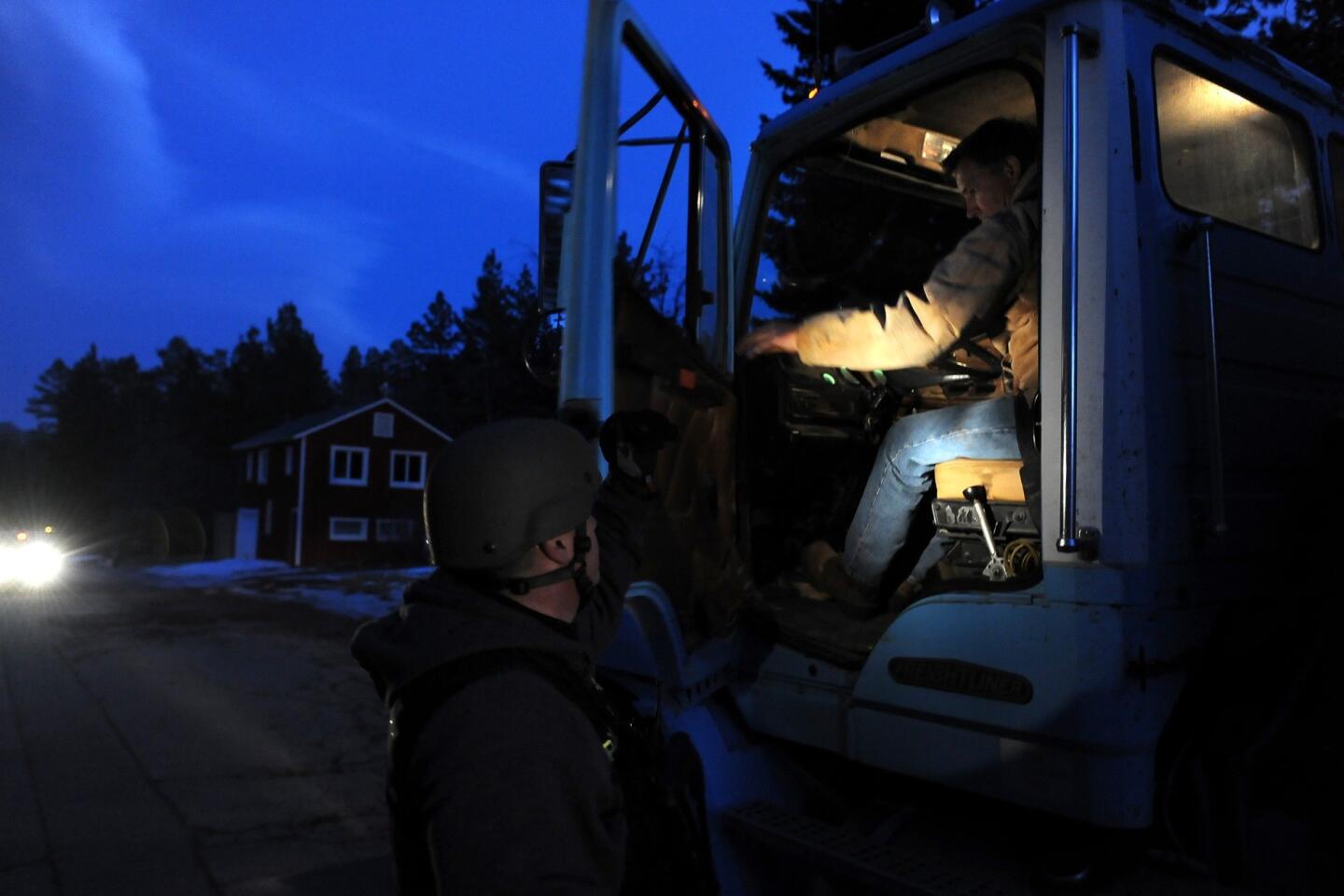
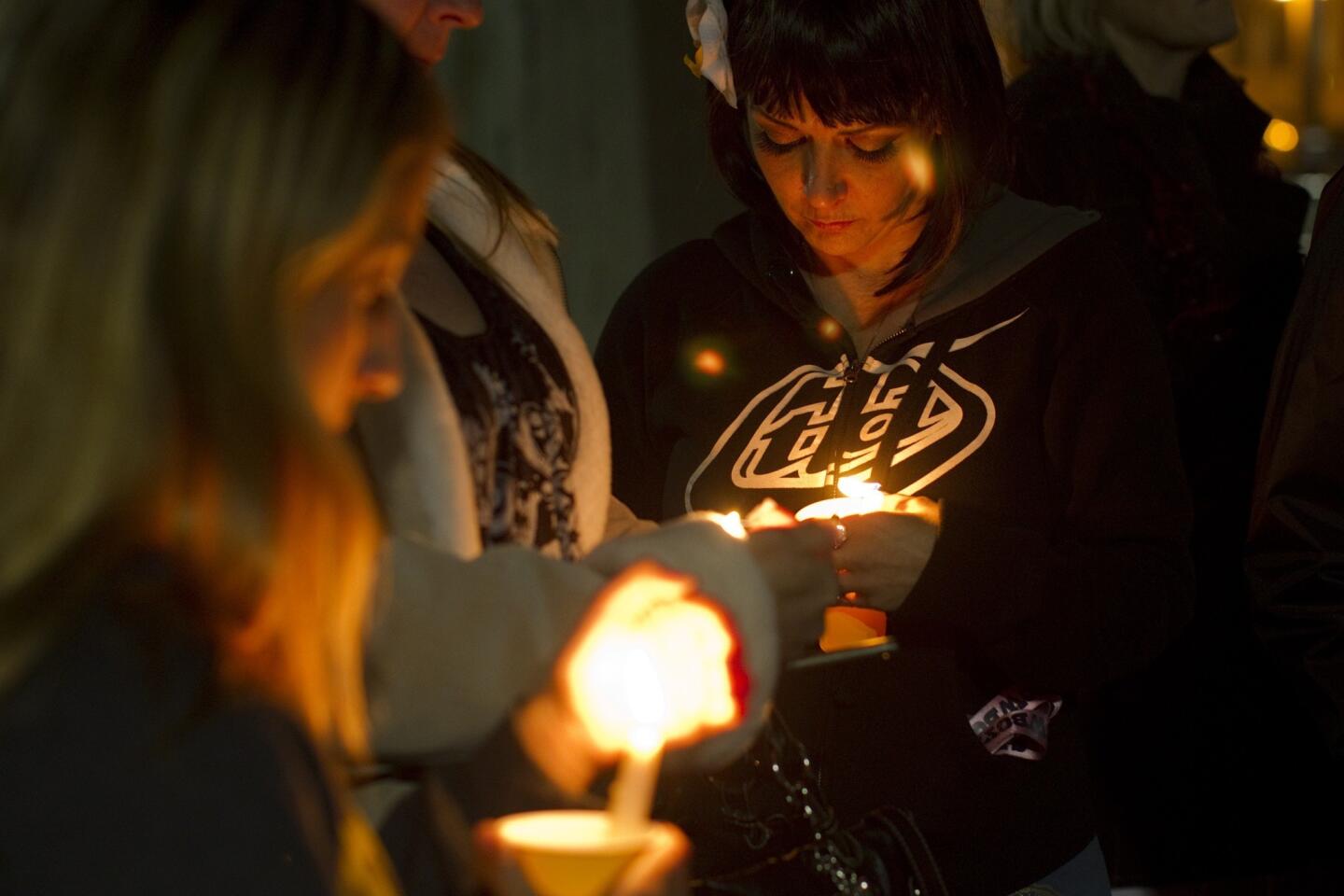
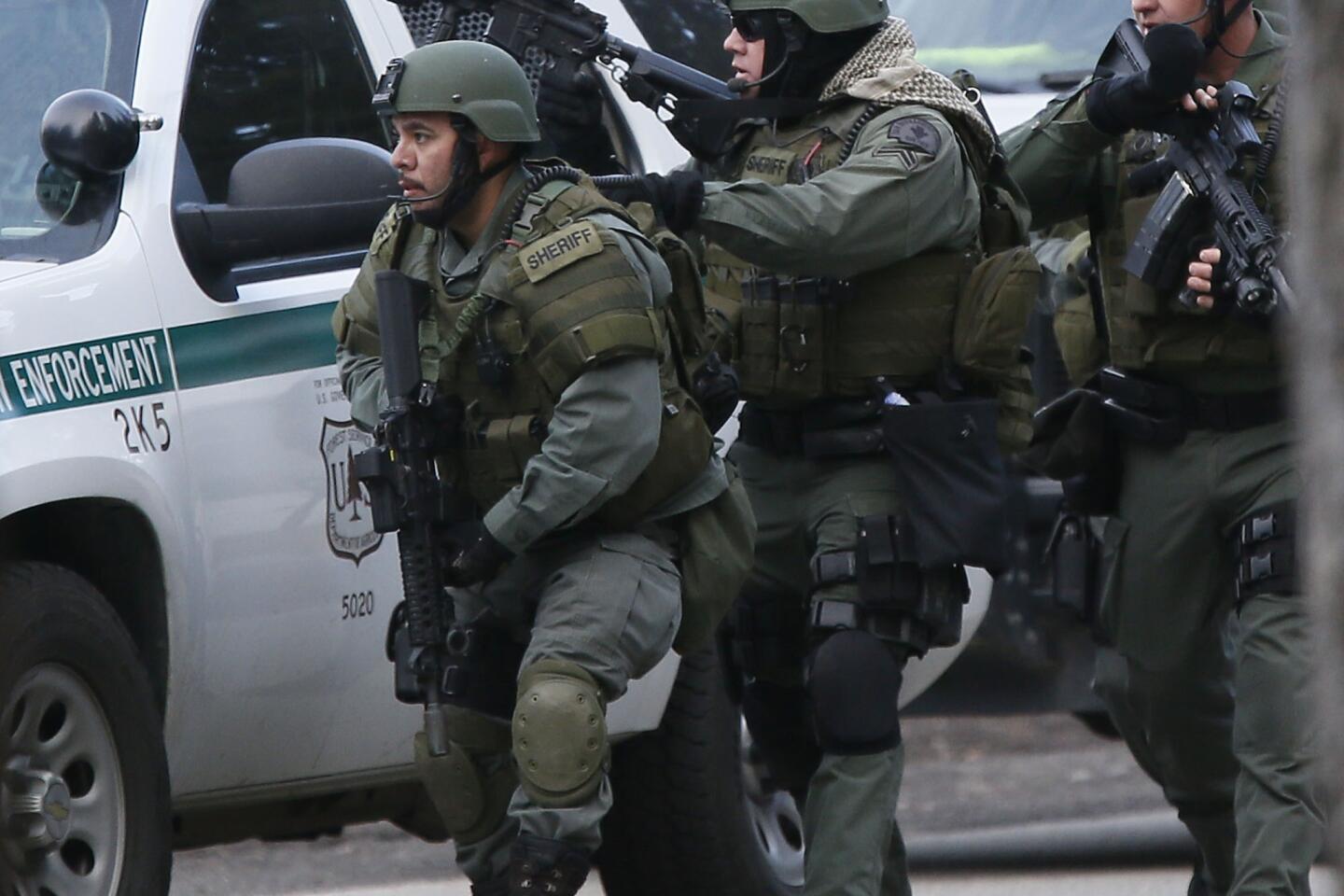
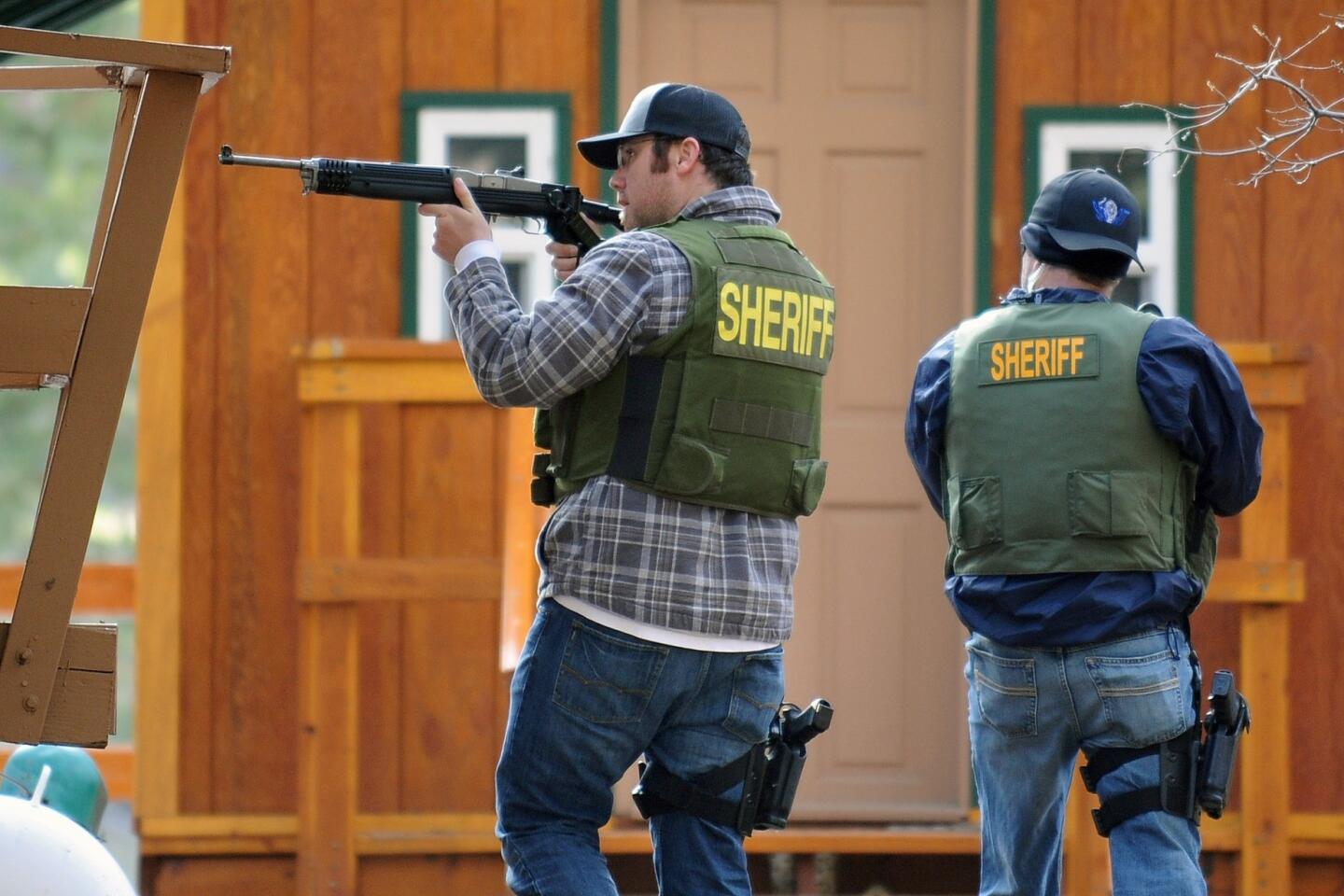
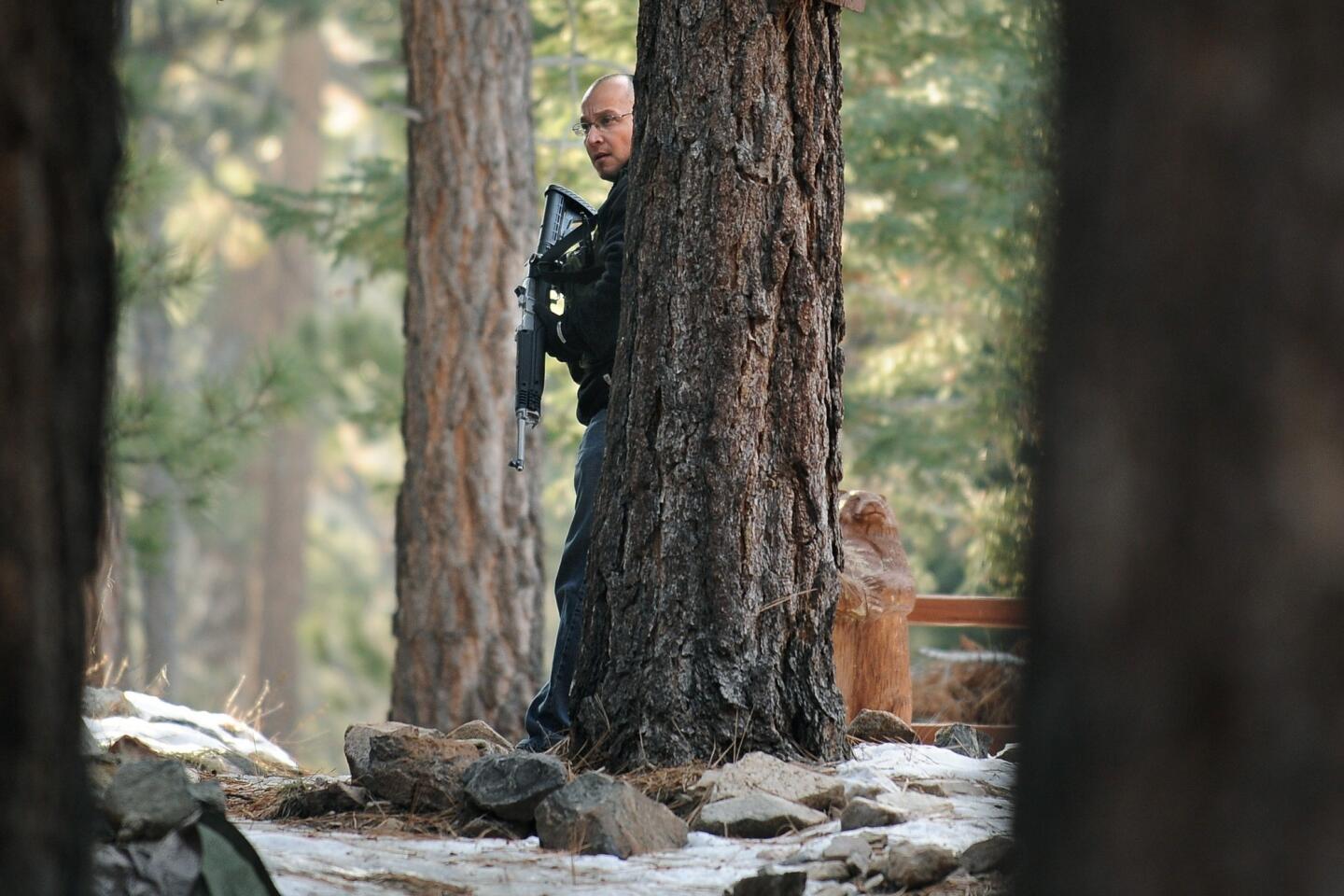
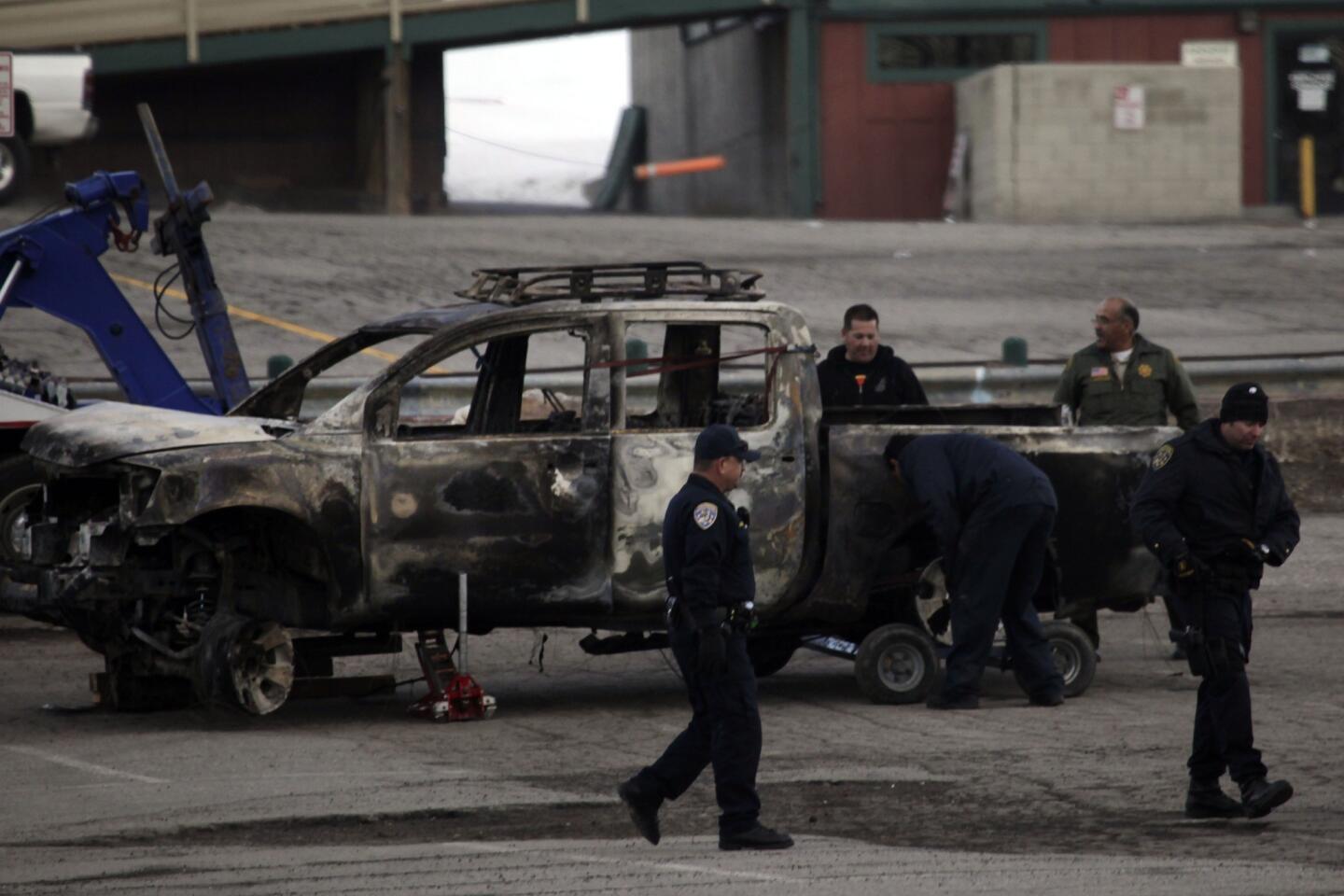
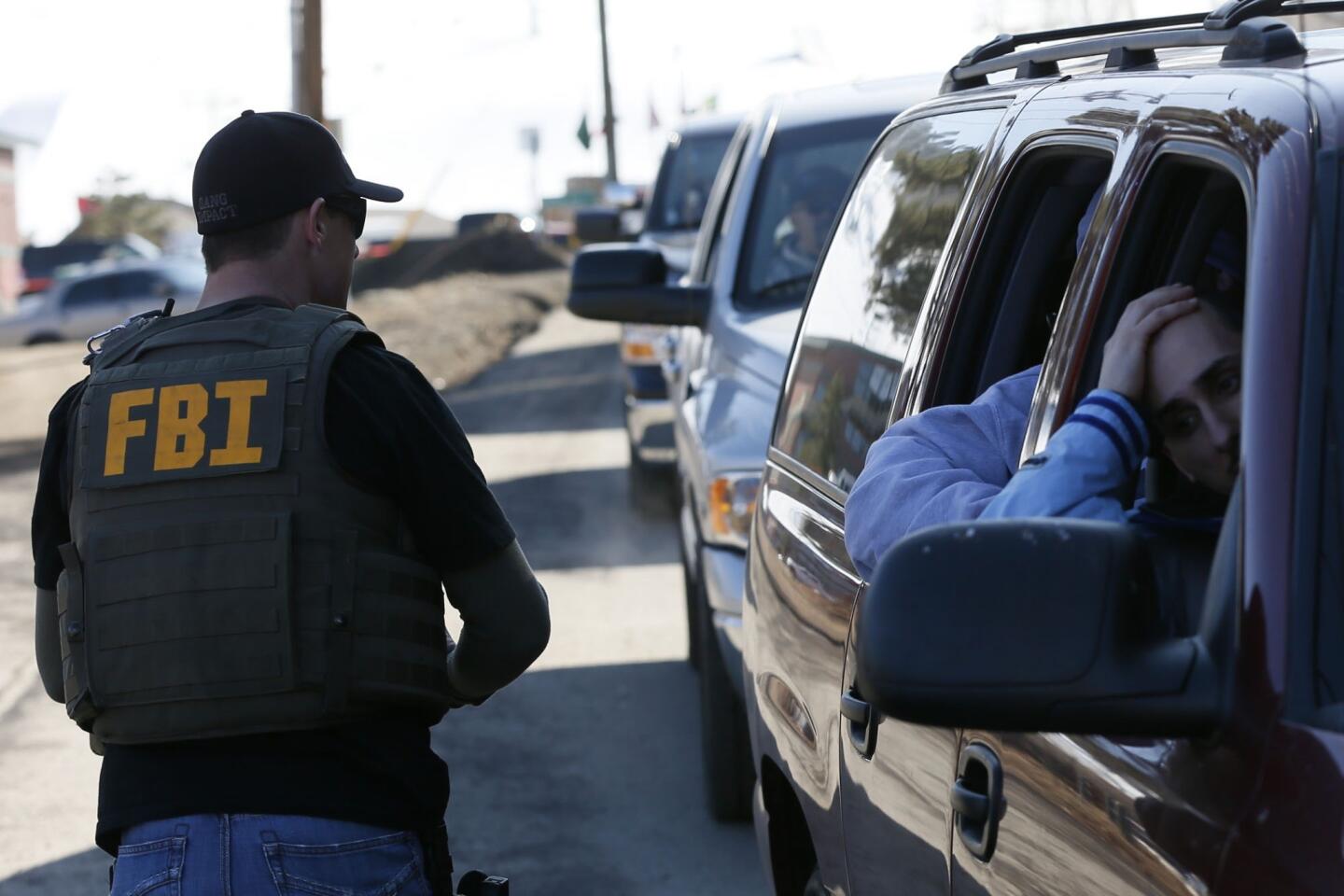
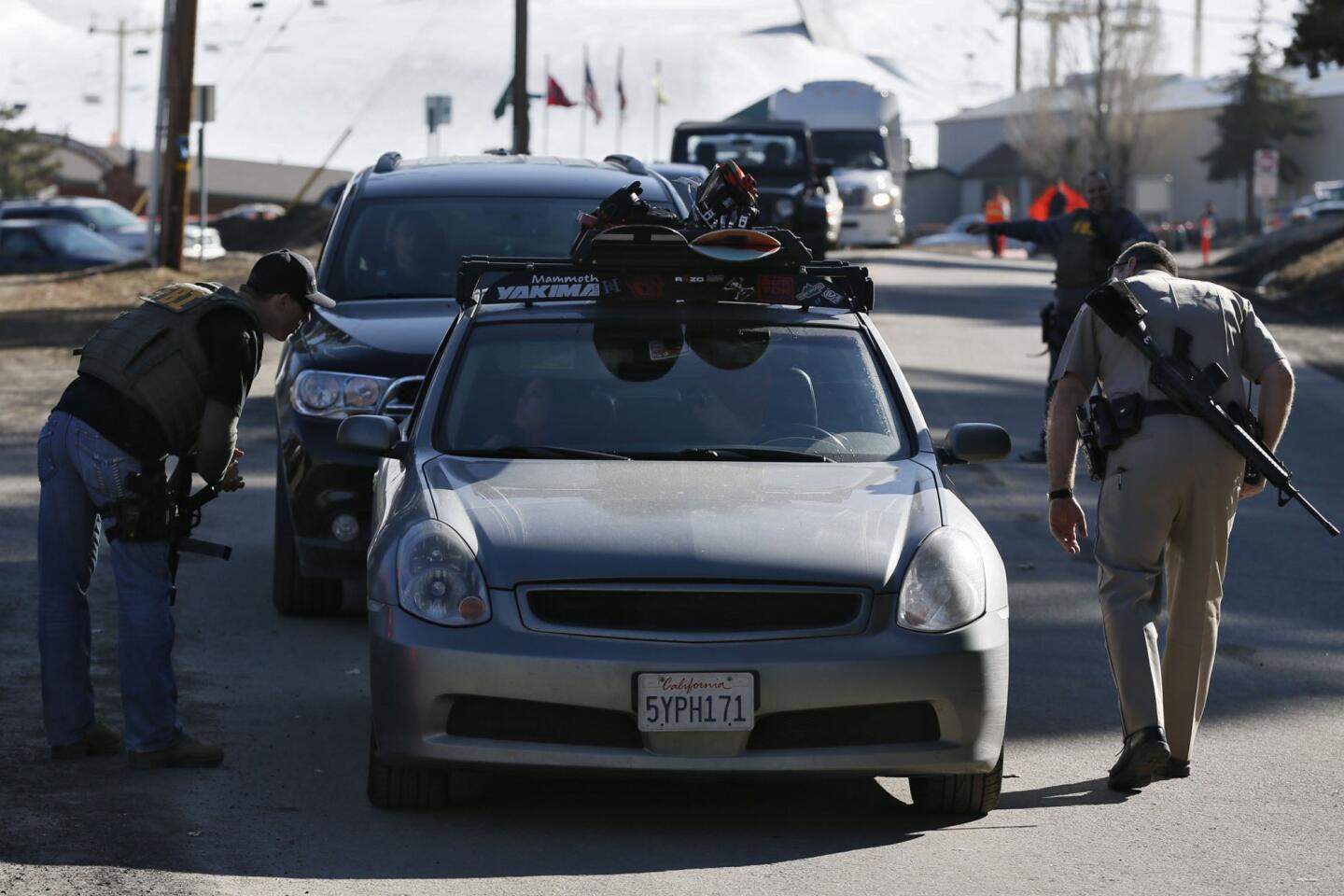
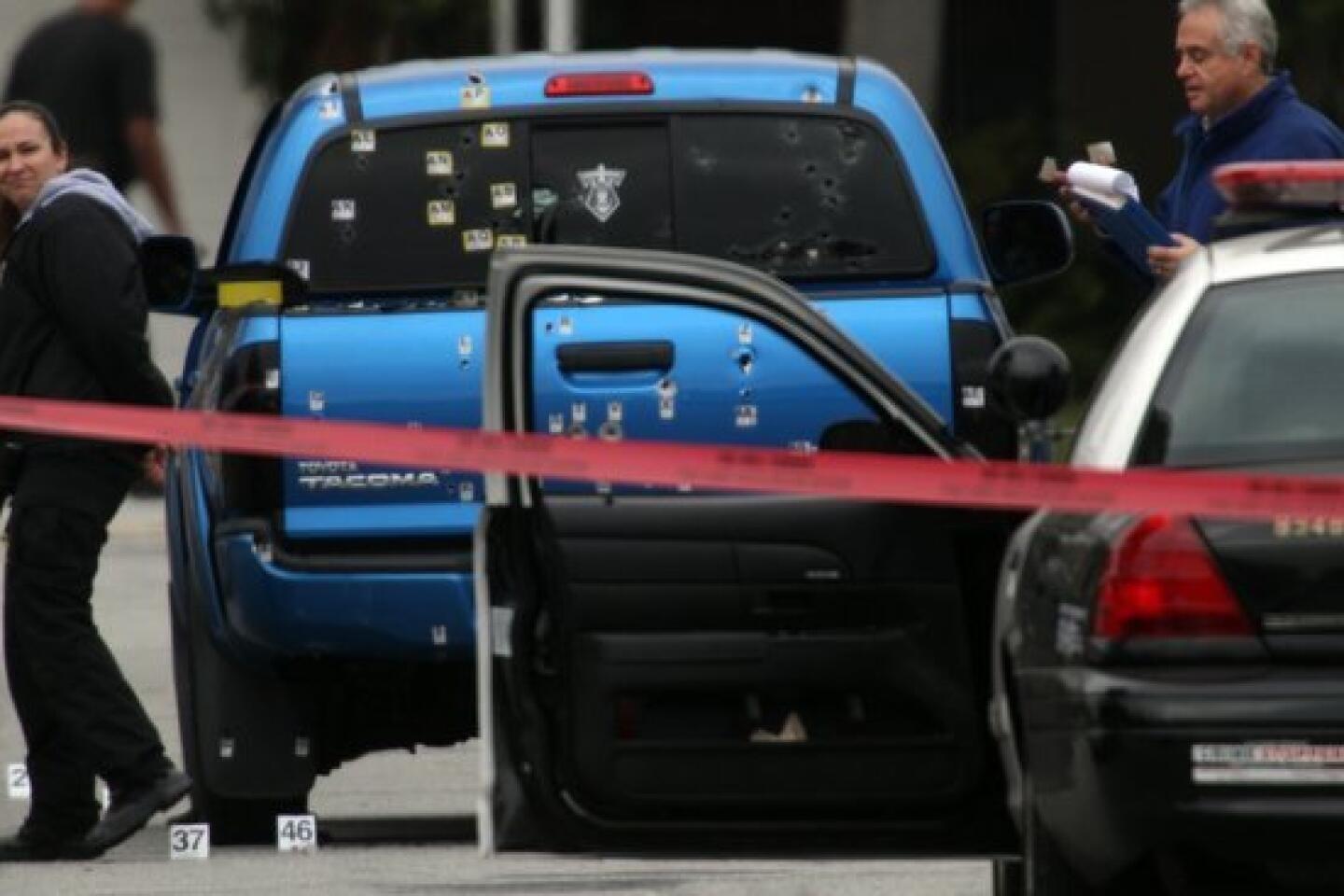
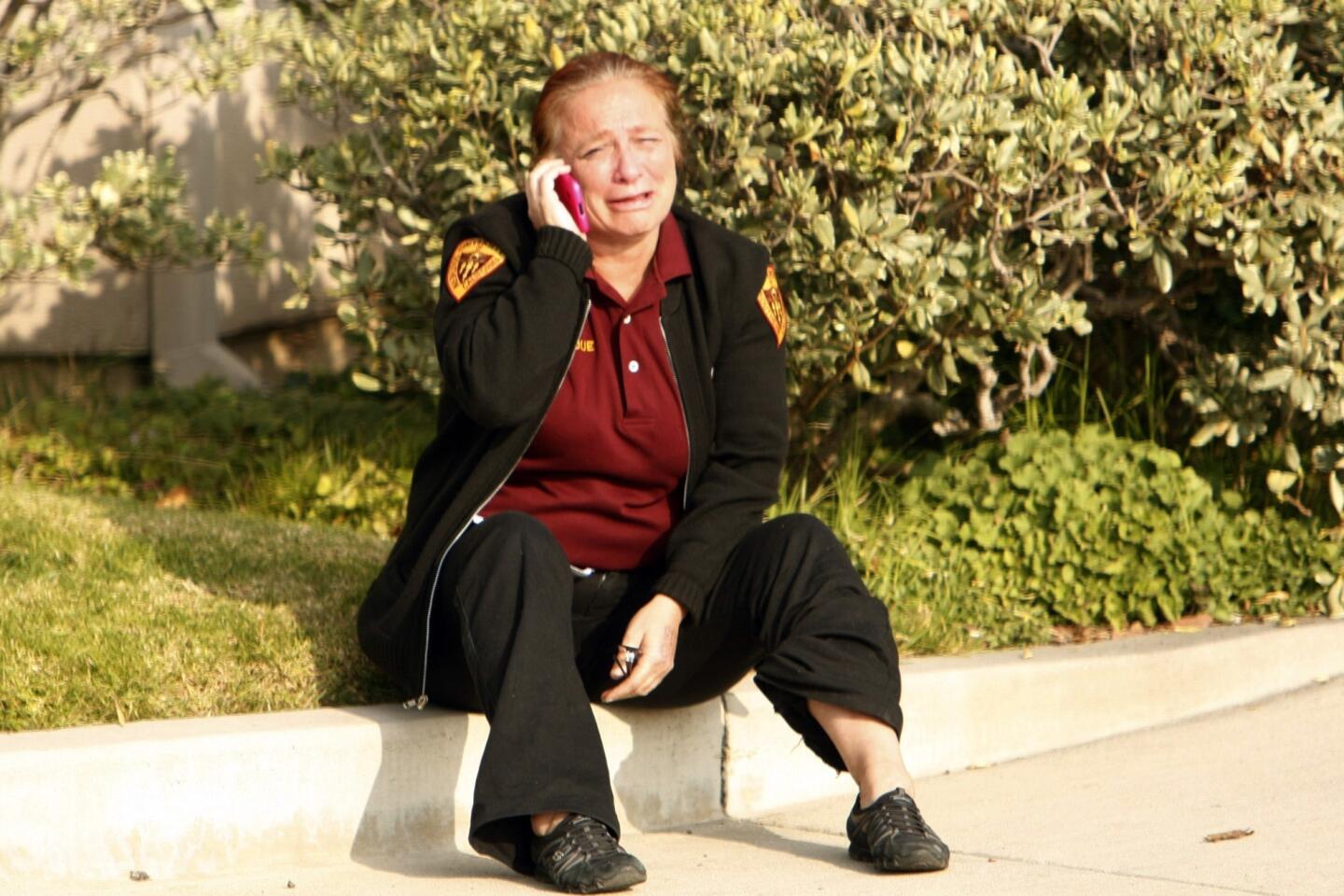
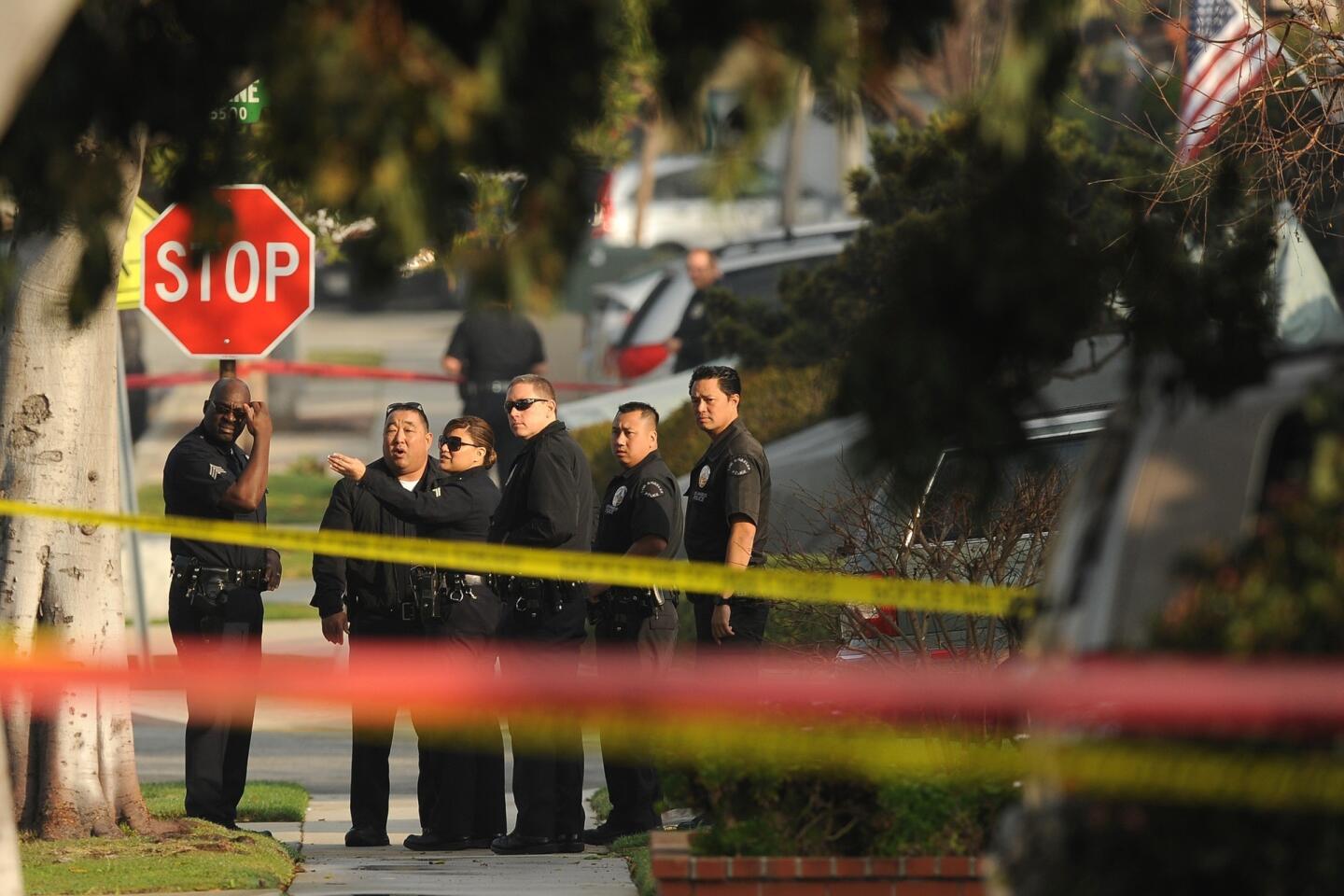
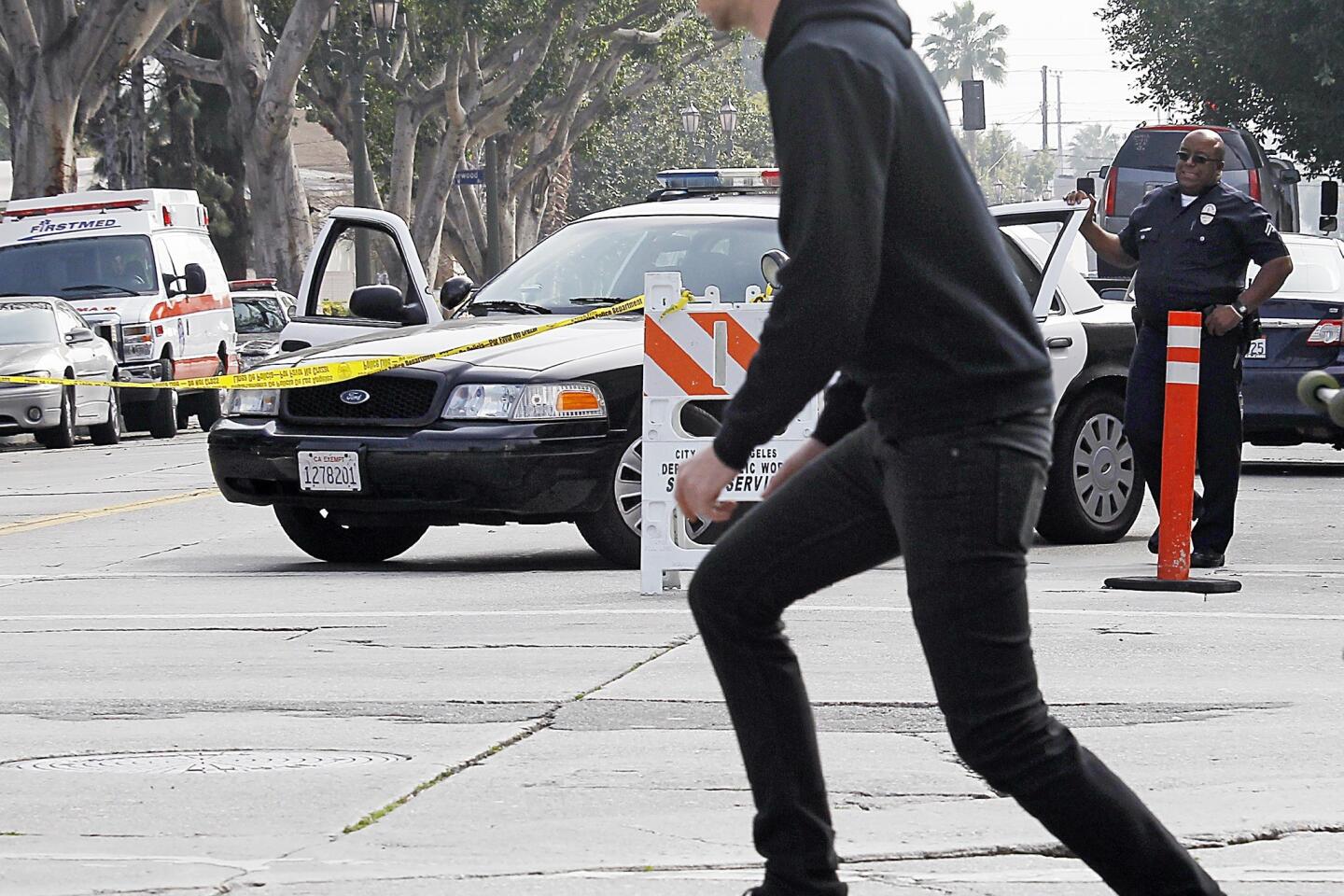
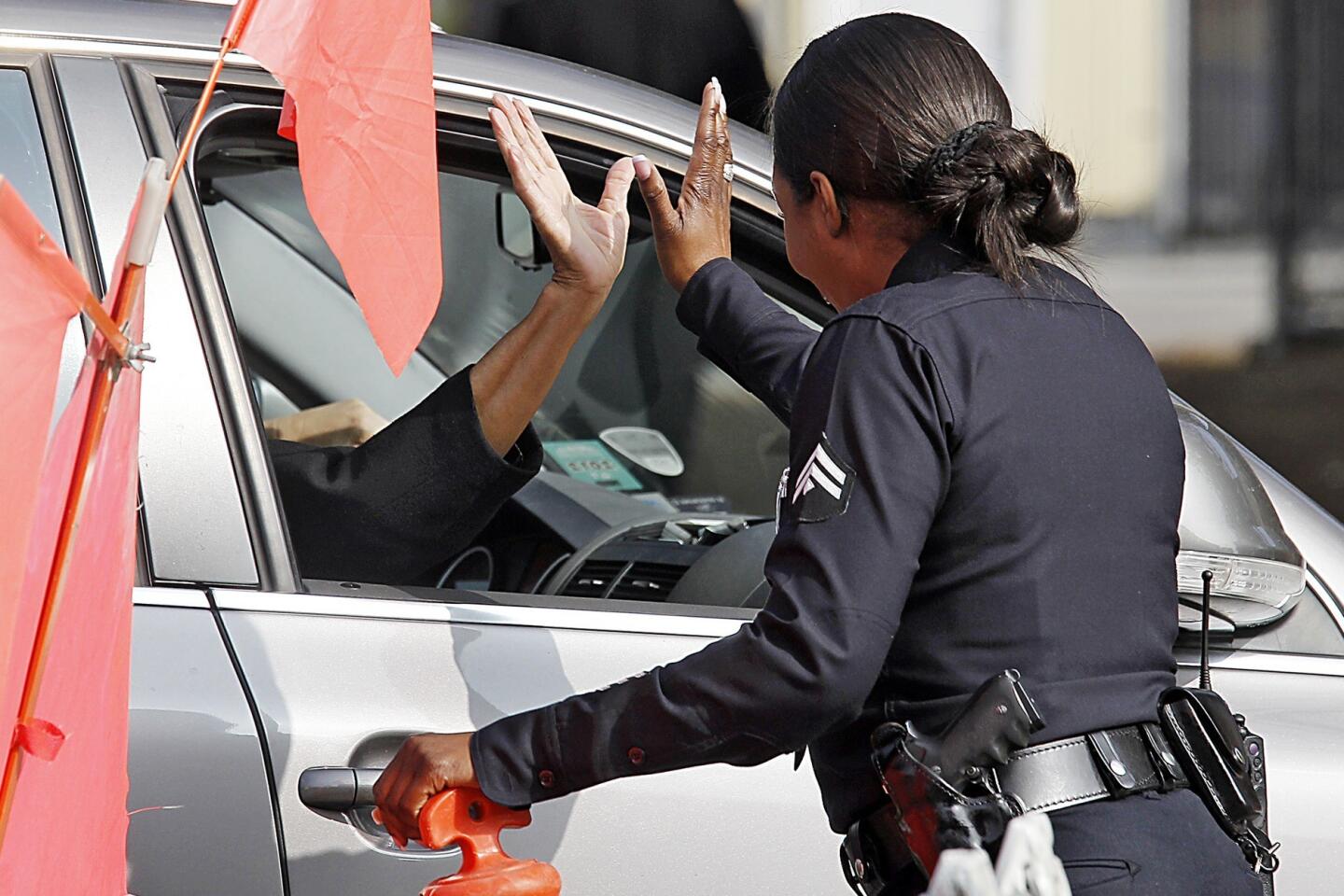
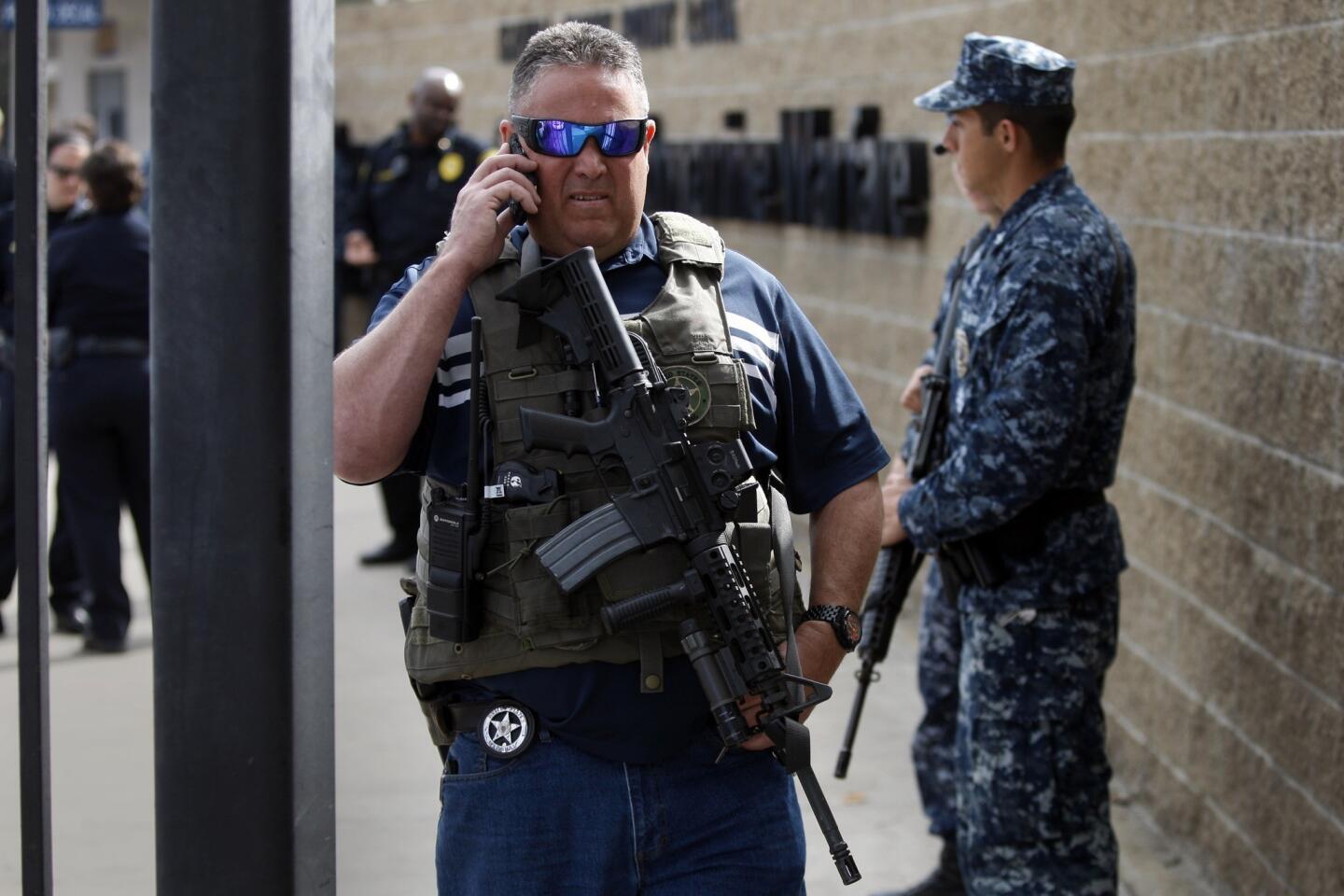
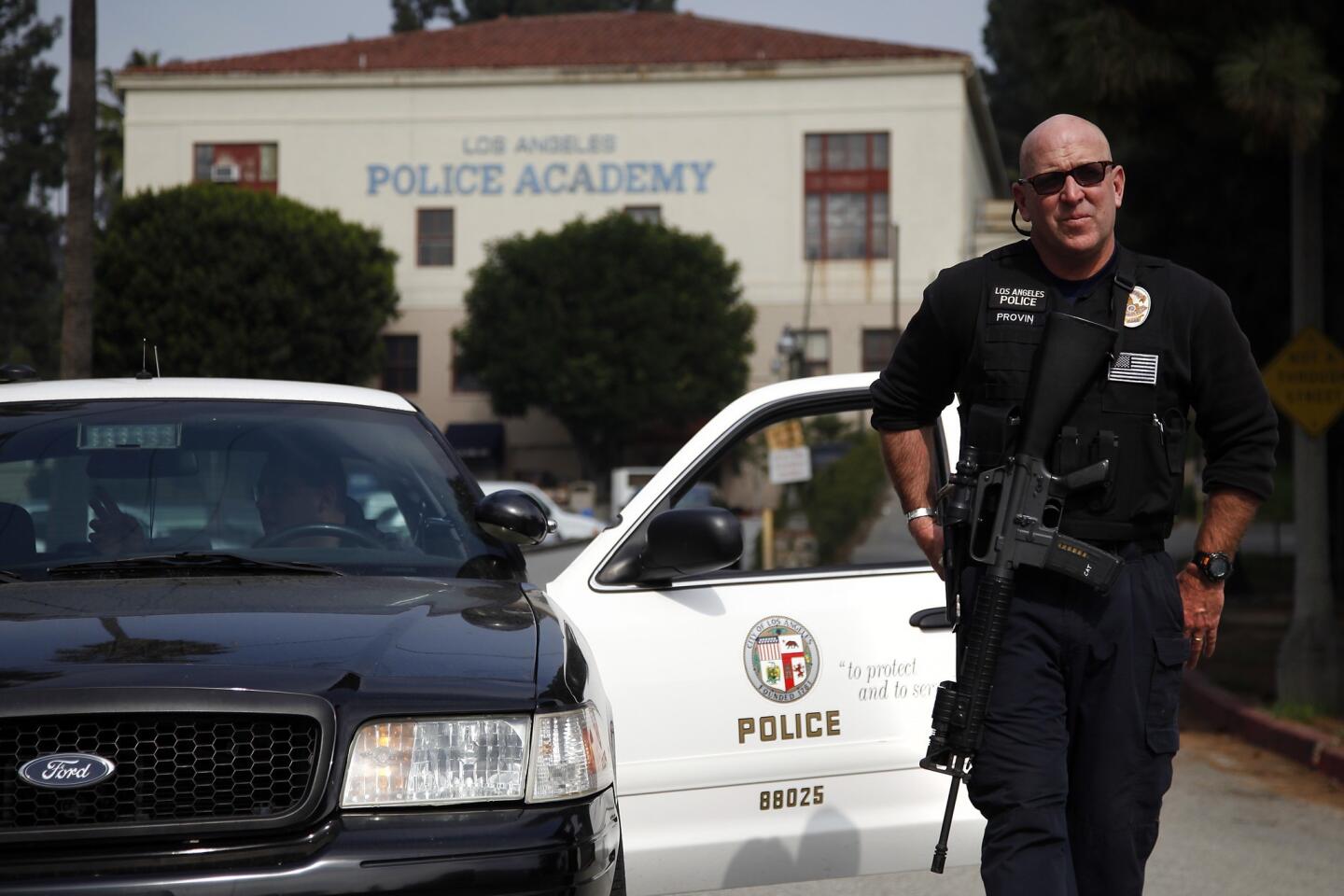
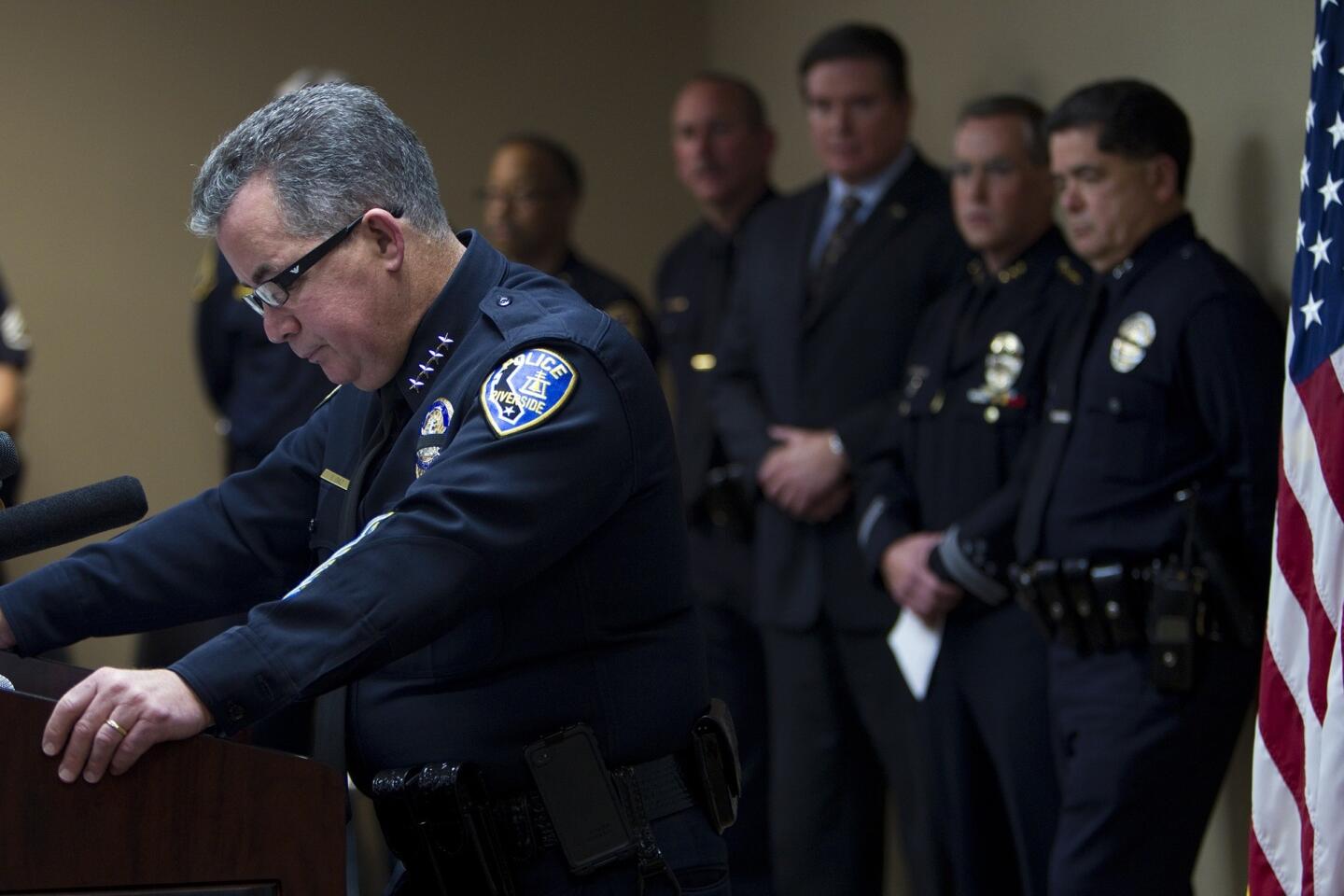
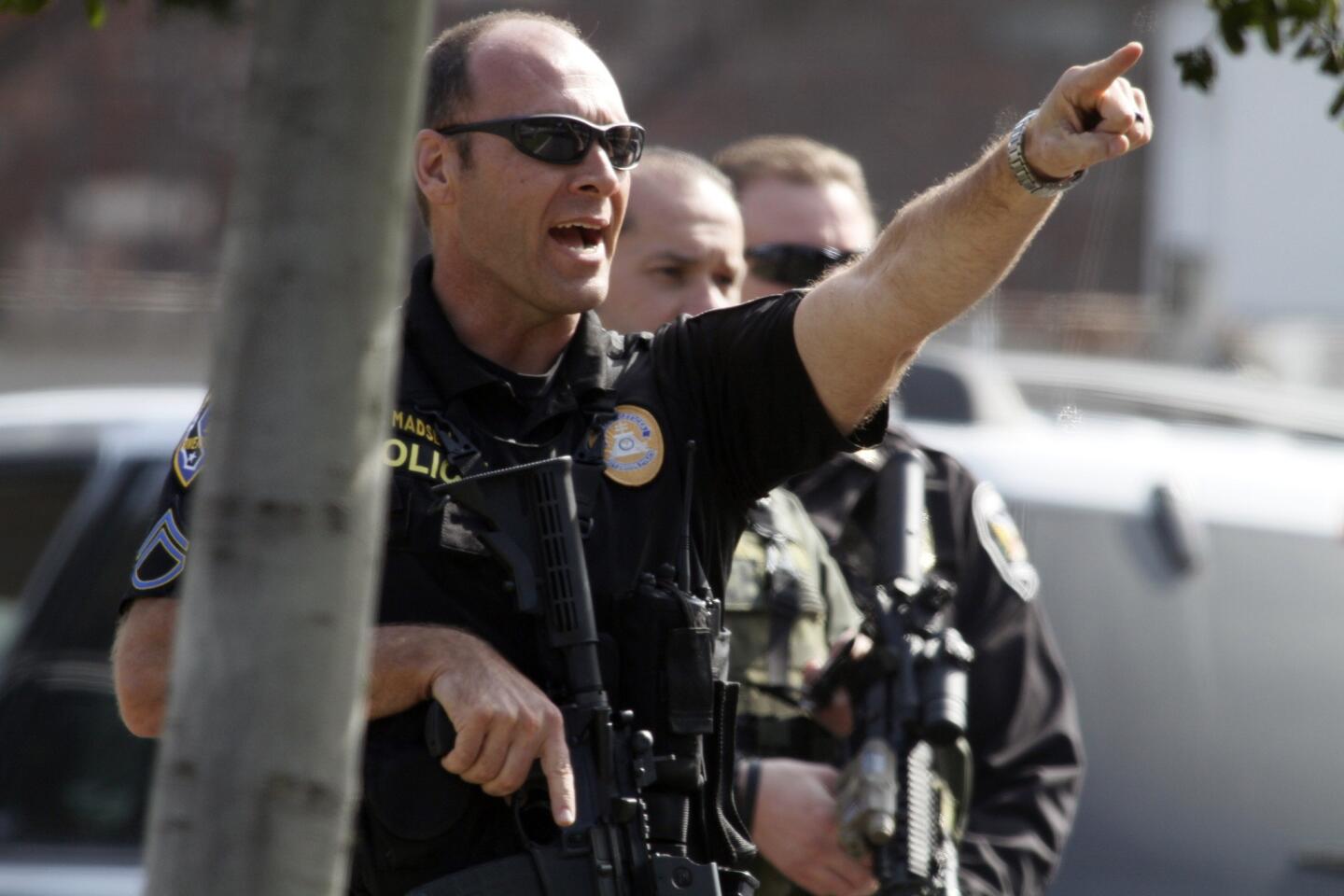
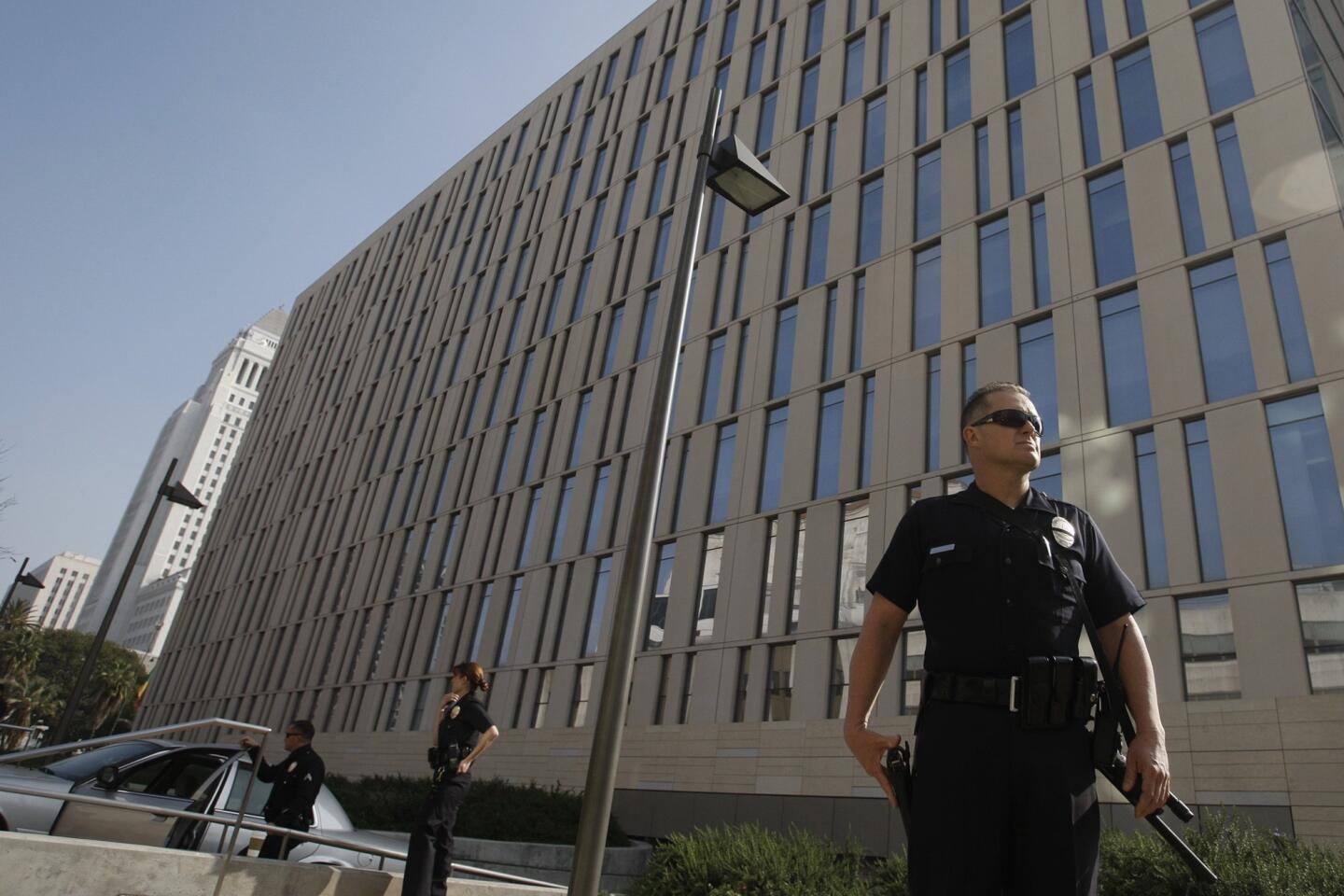
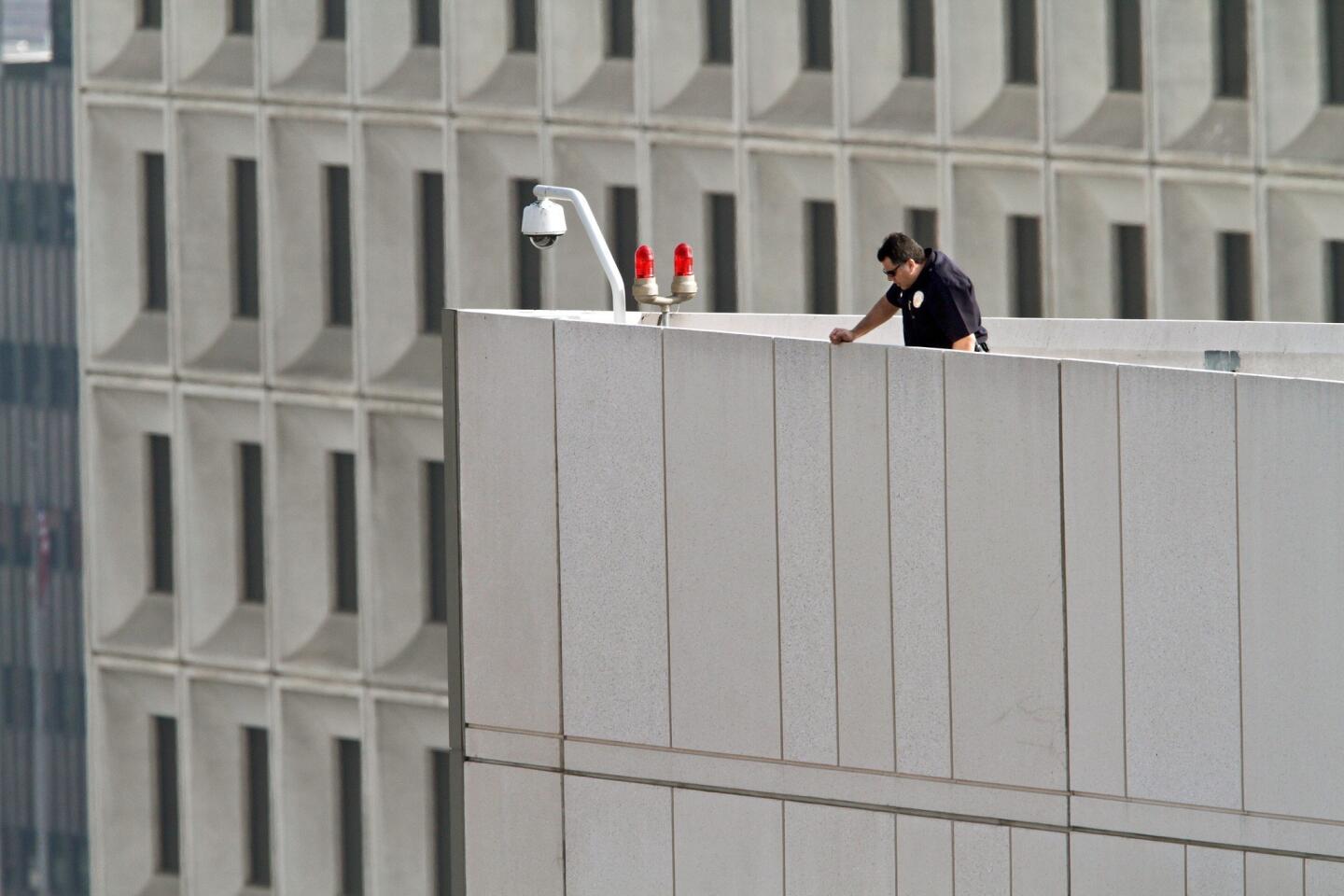
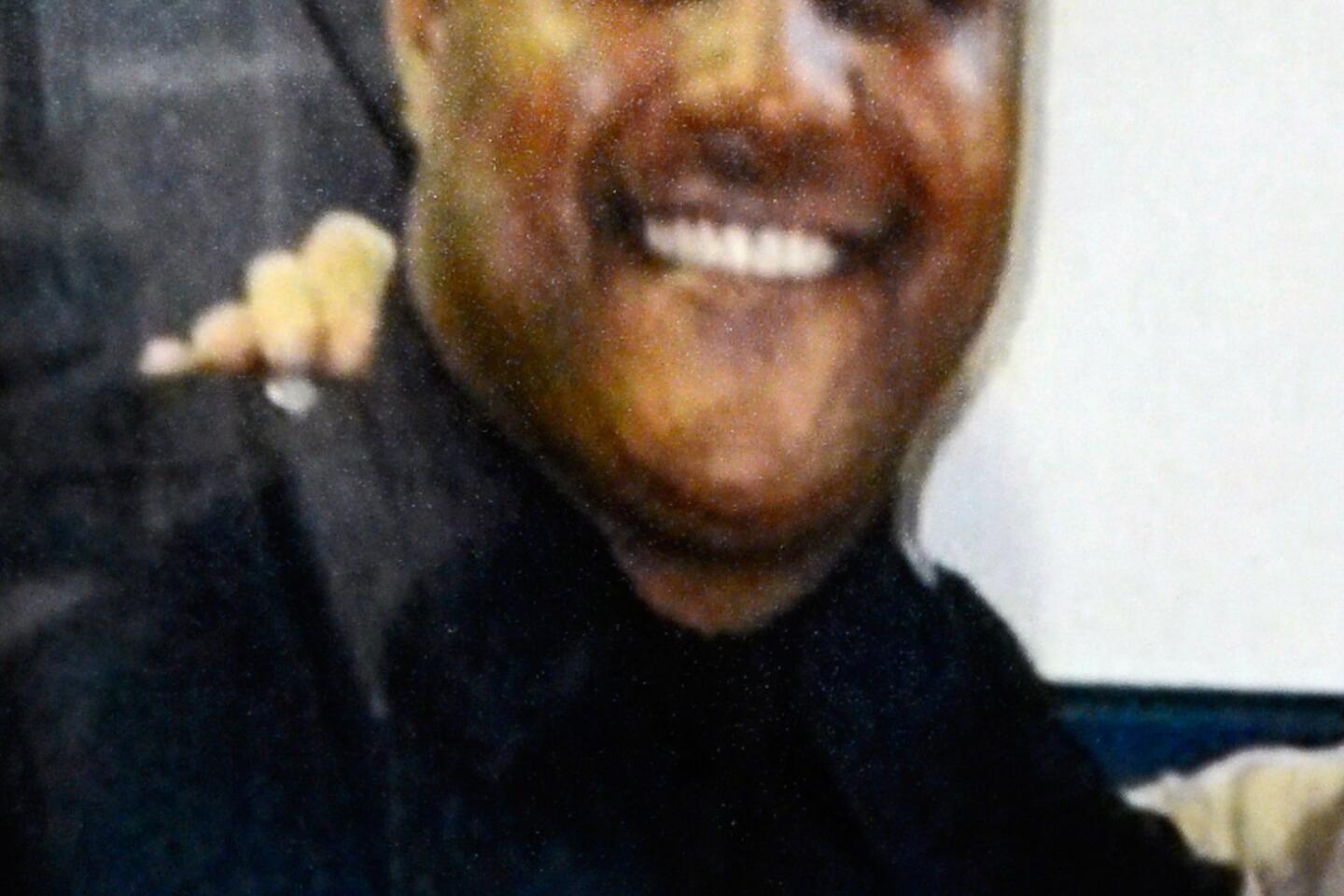
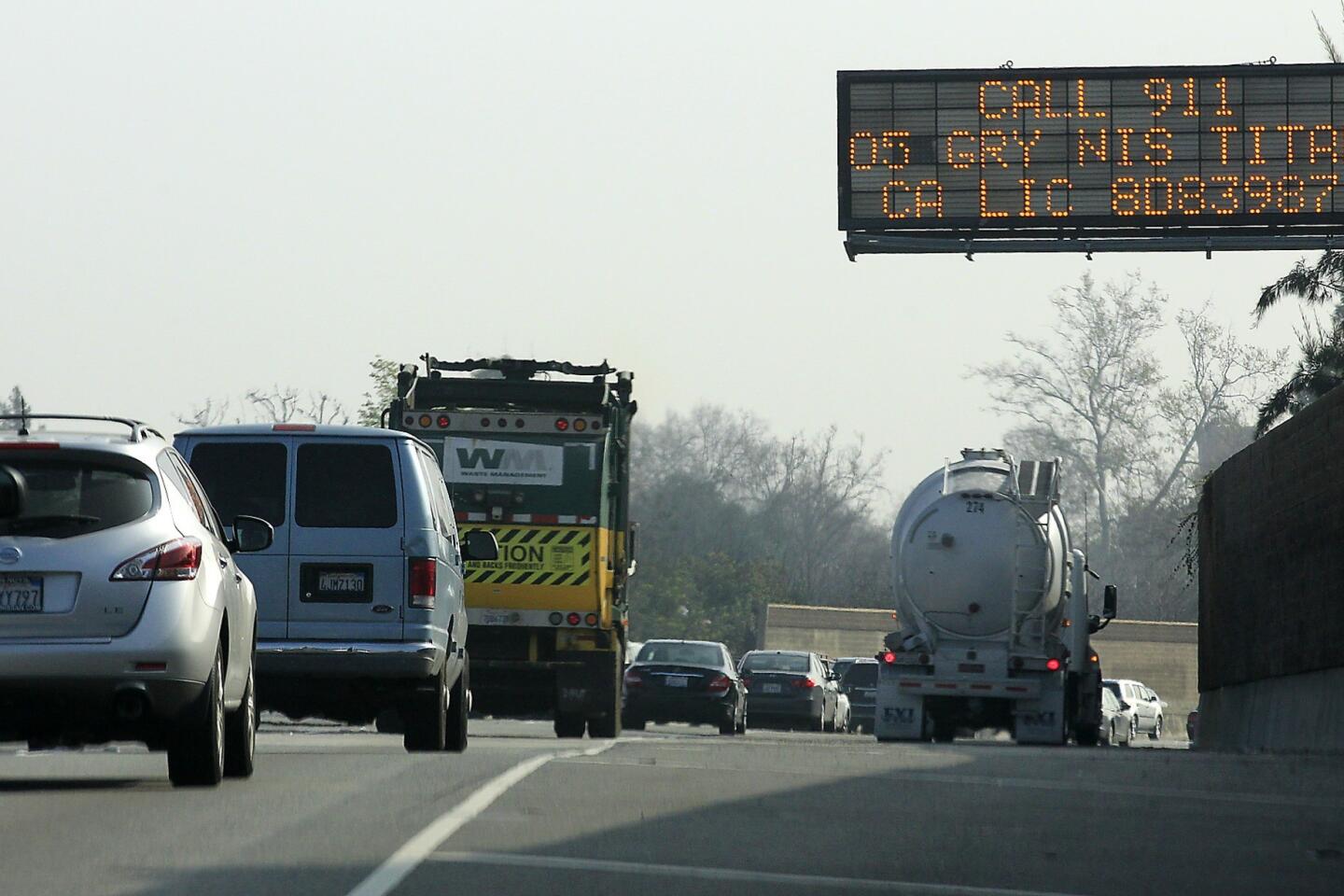
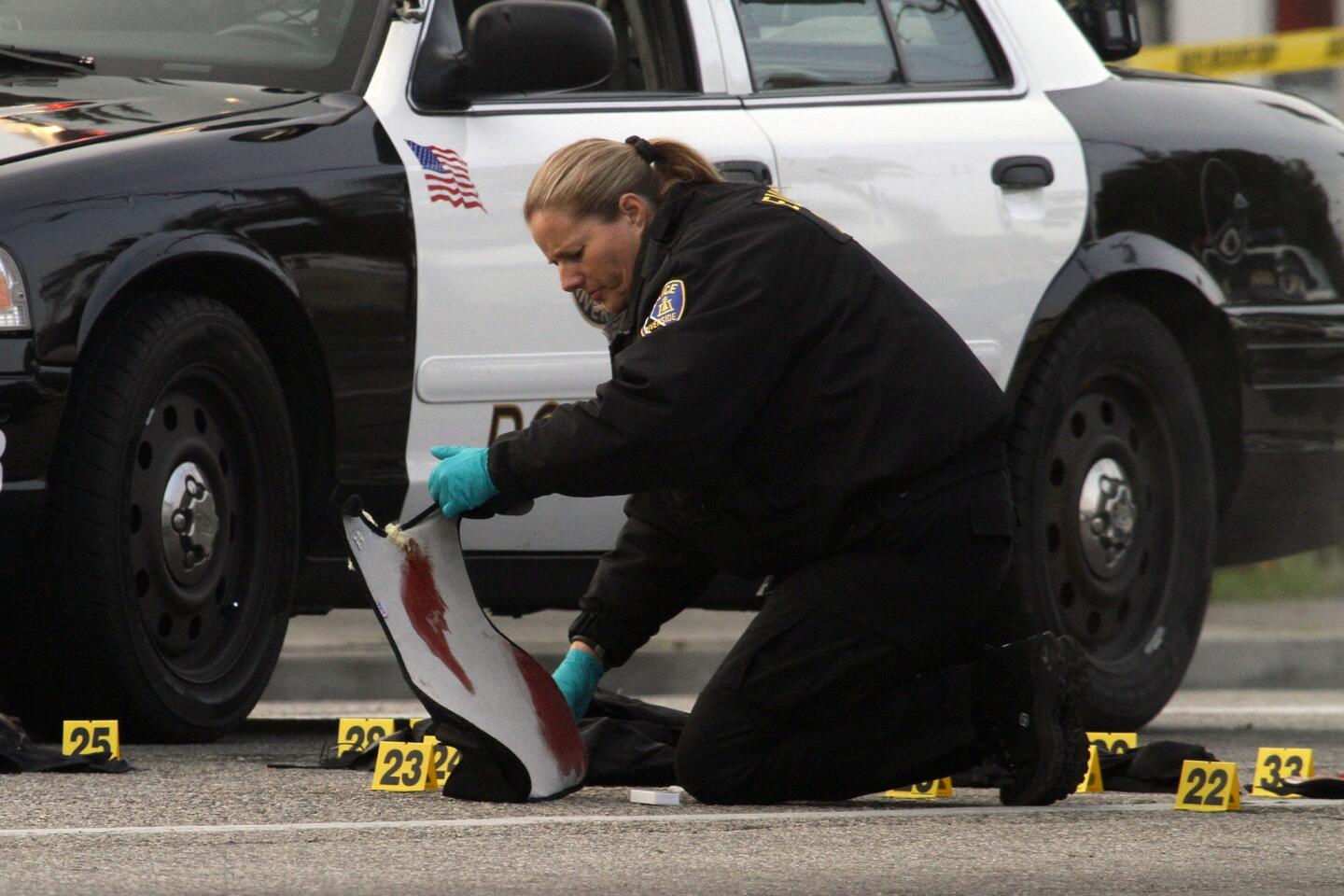
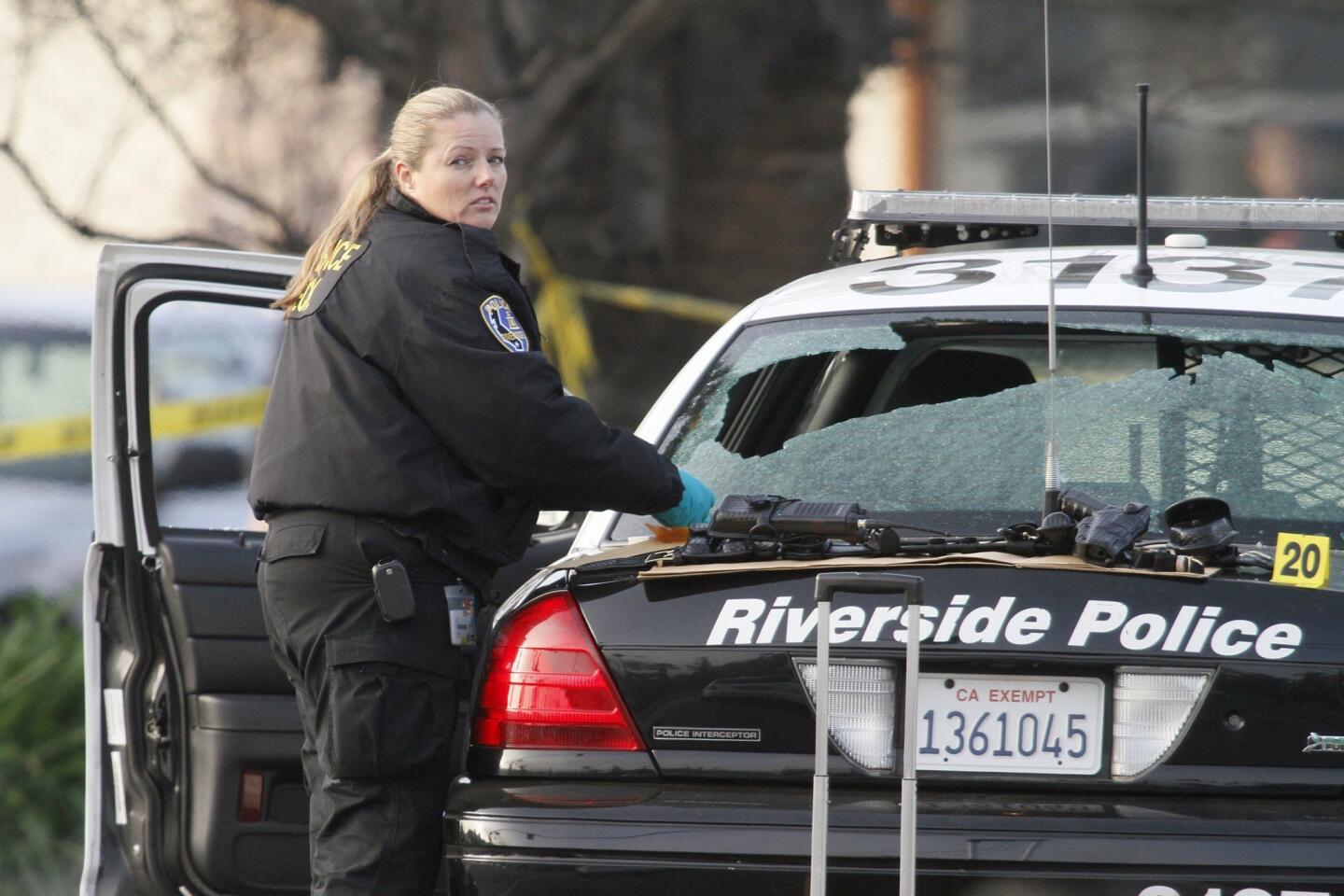
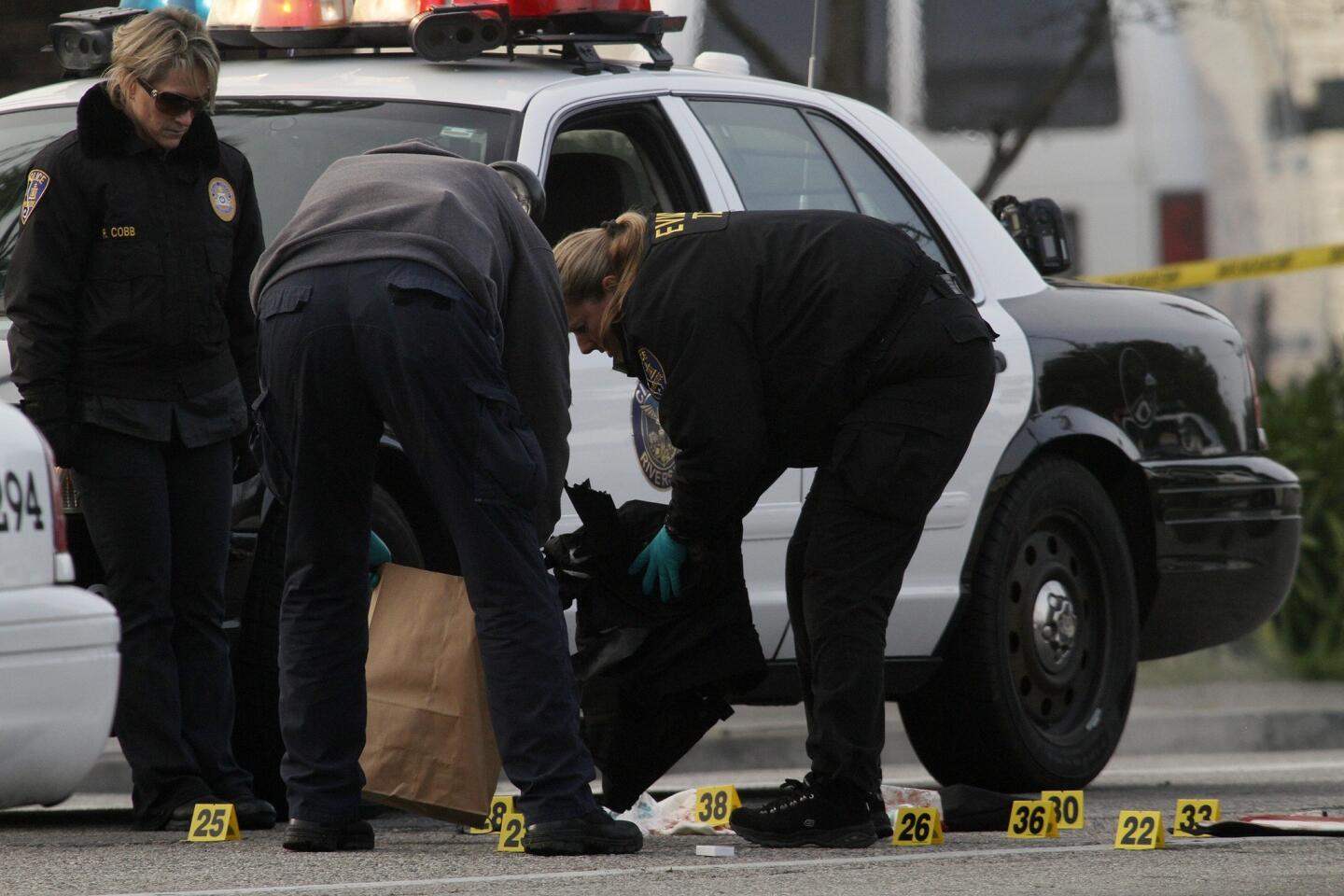
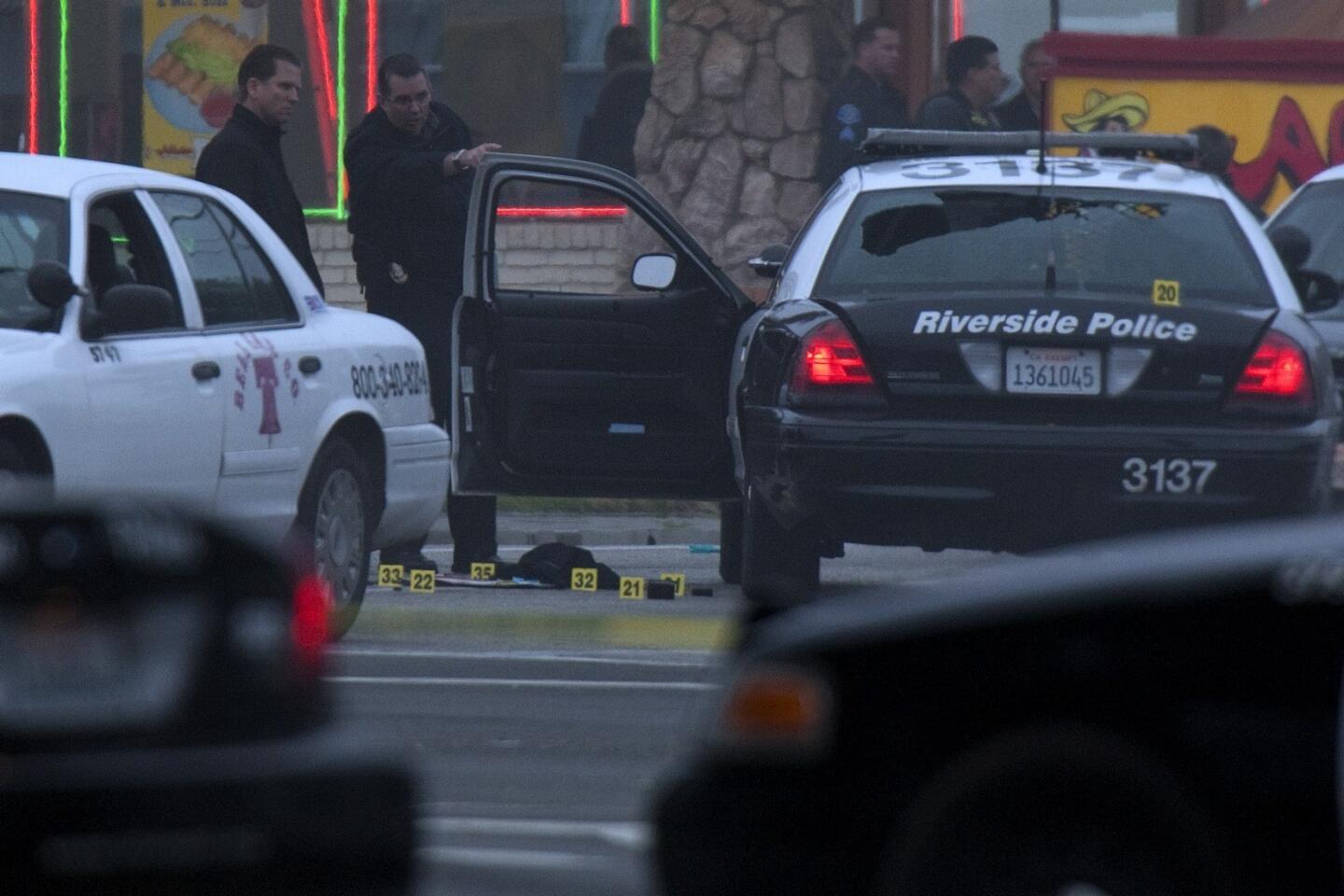

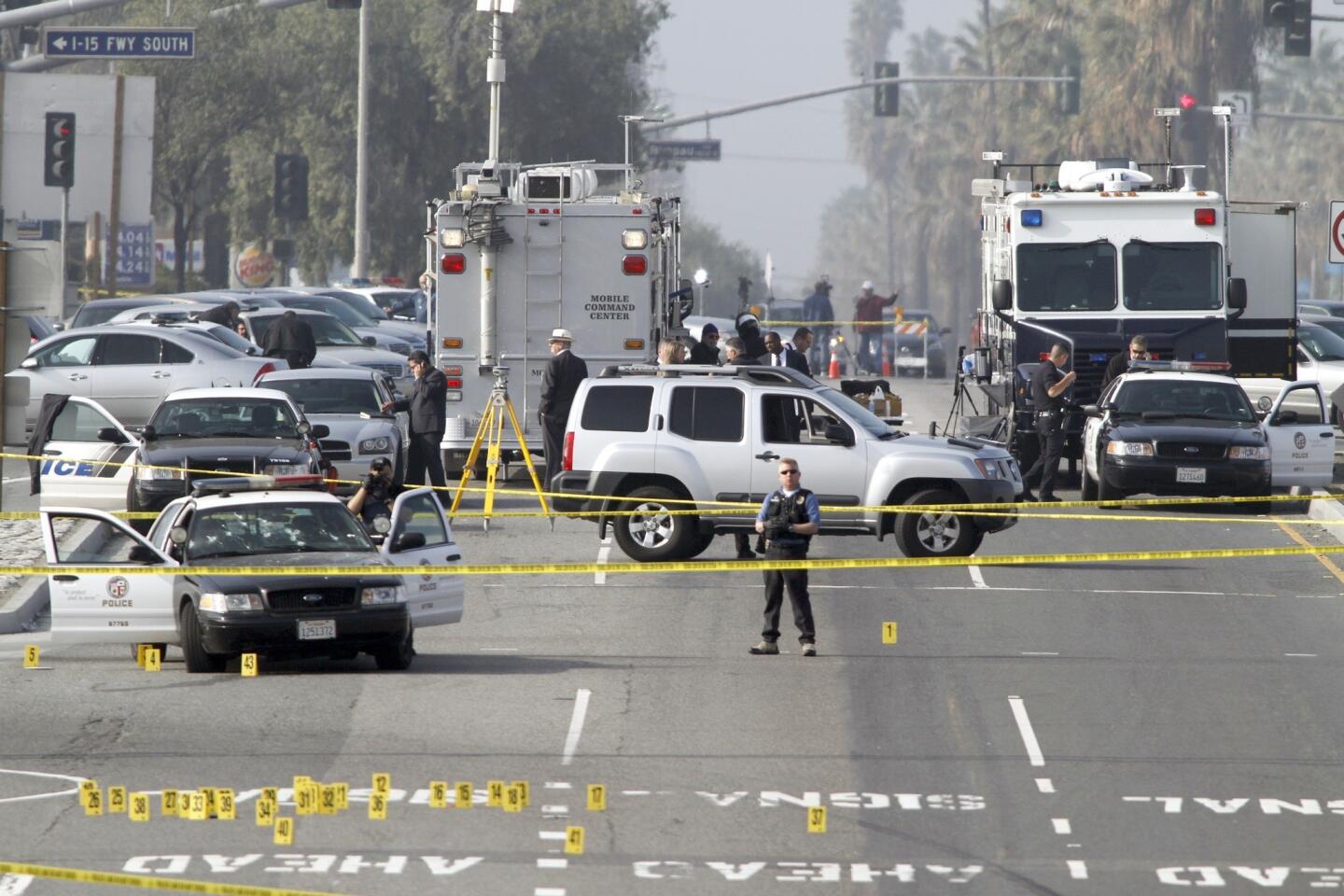
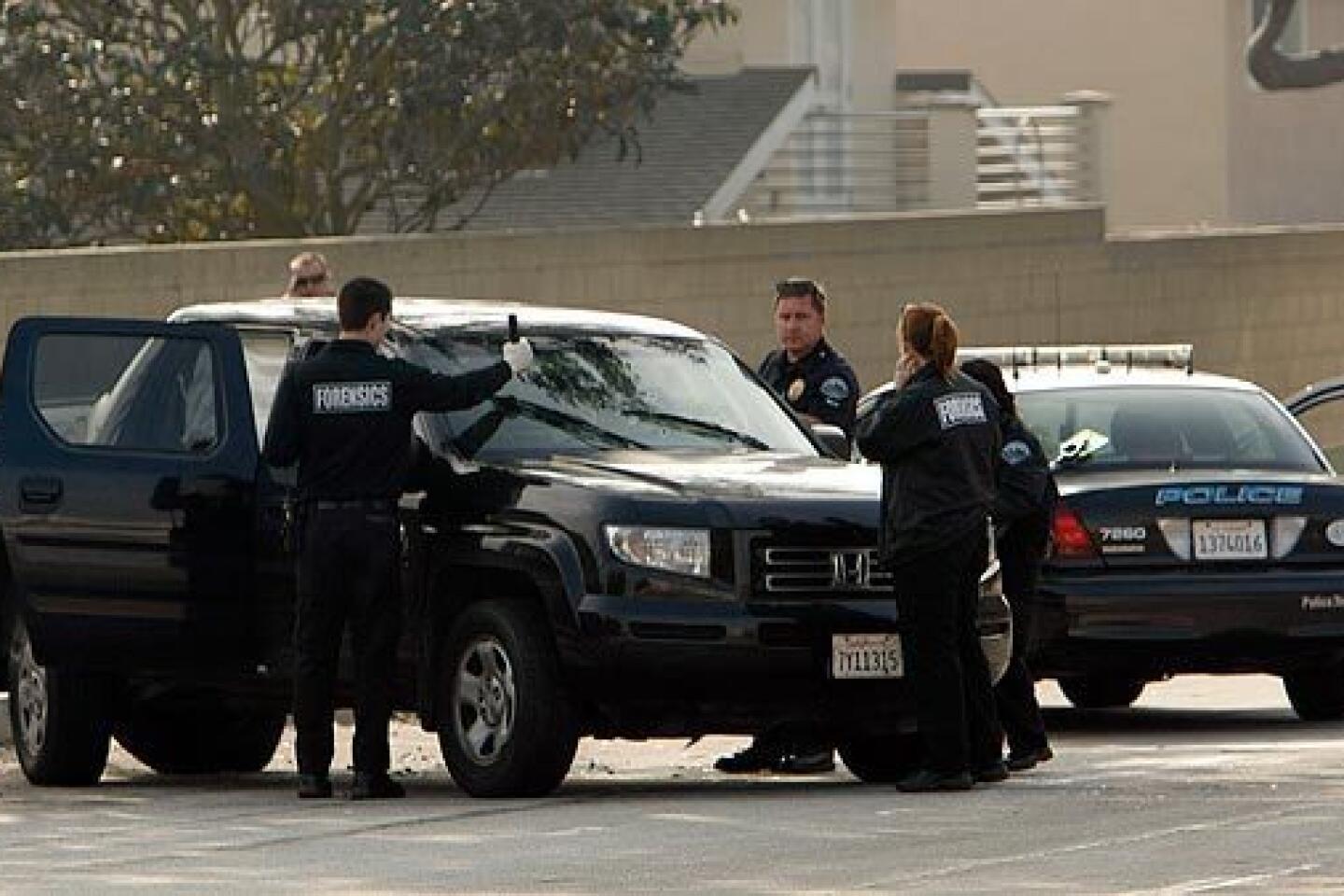
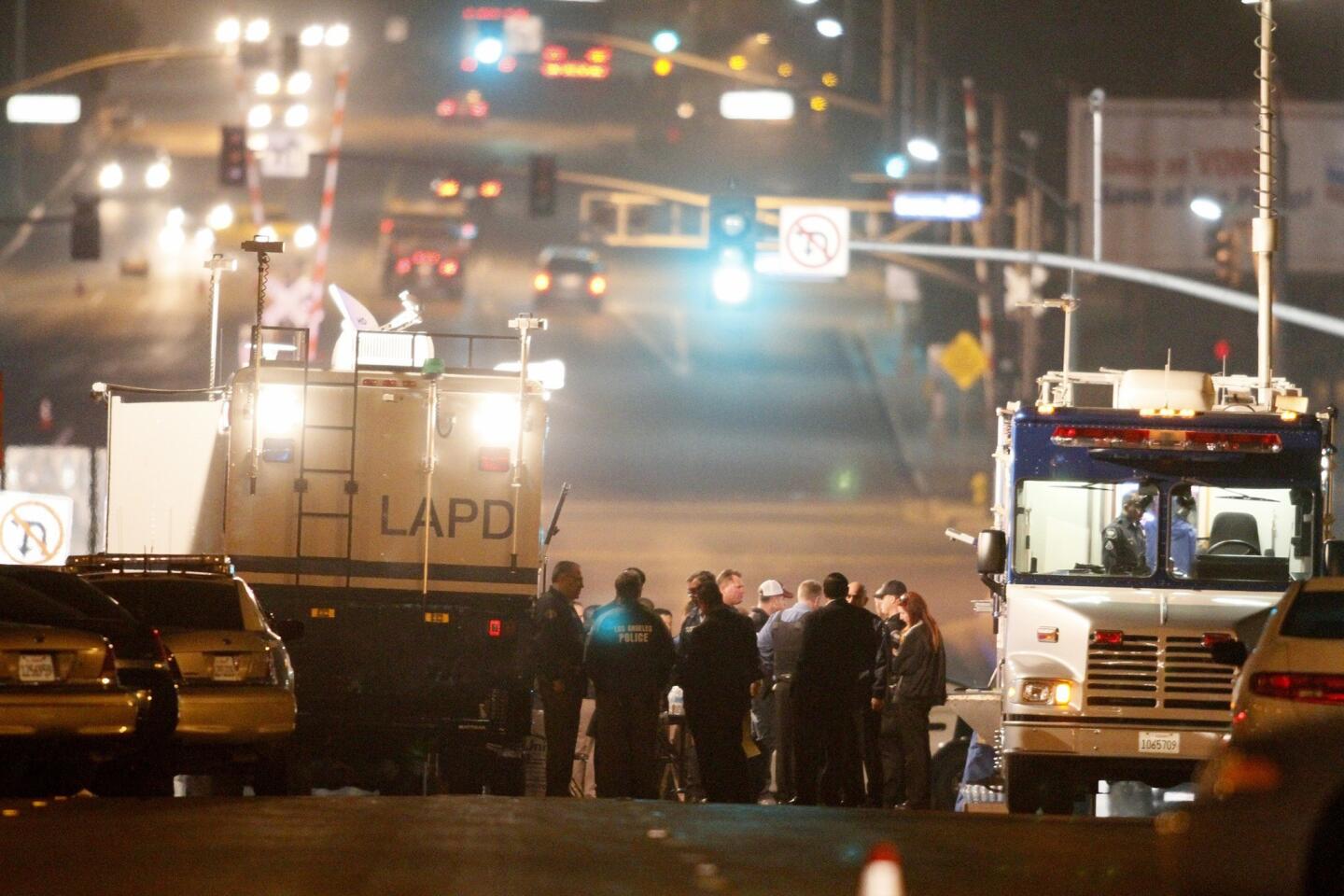
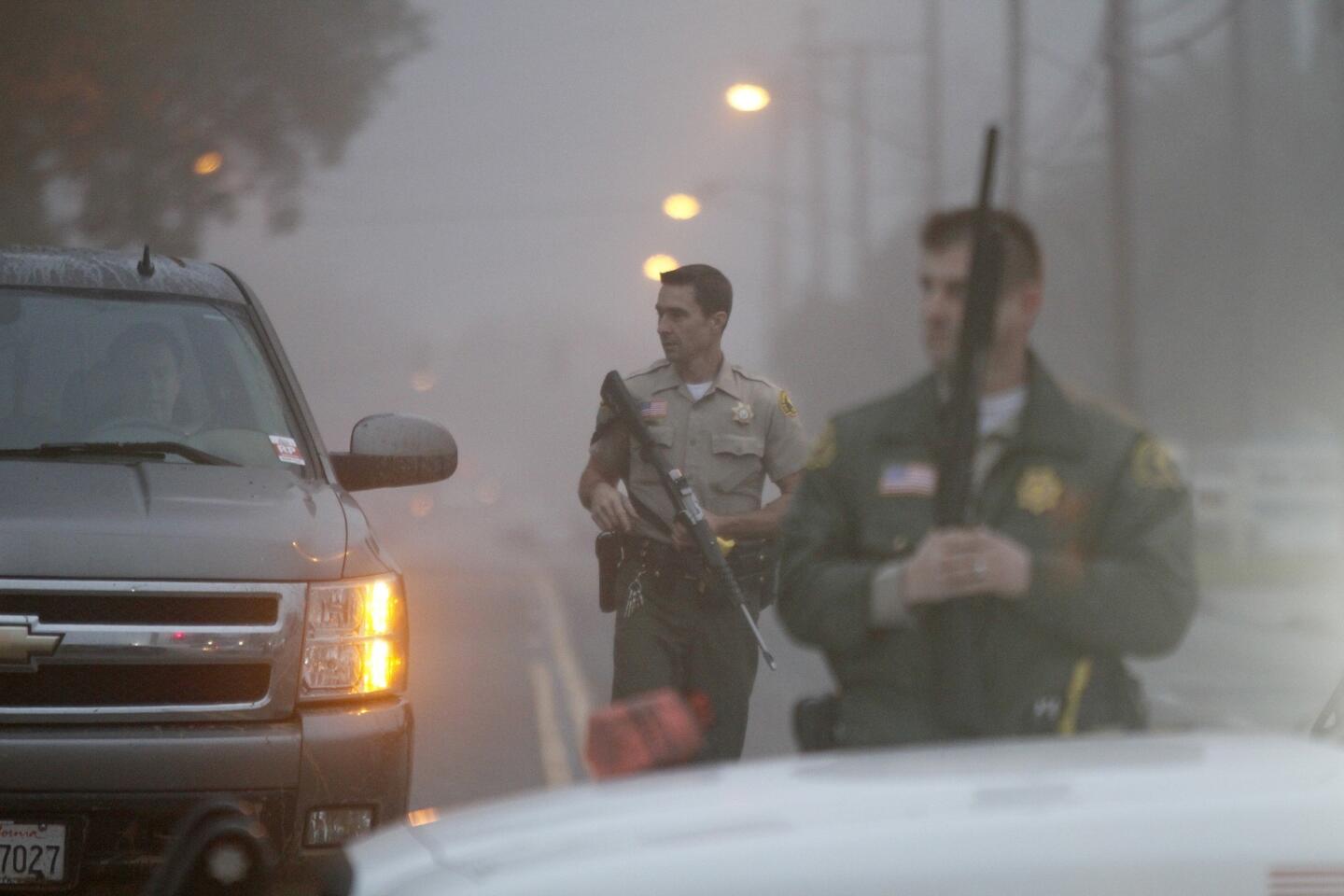
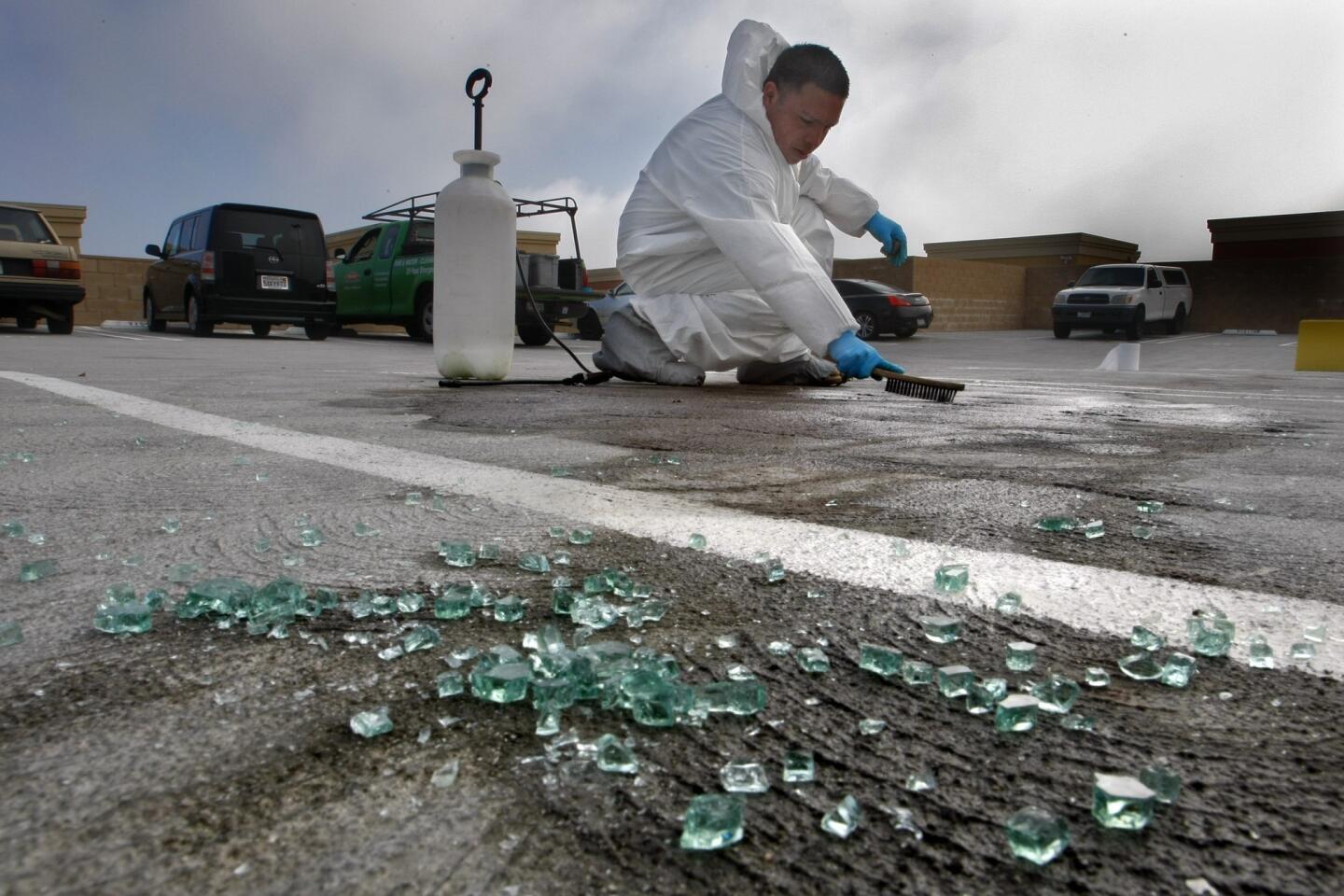
A Los Angeles Police Department review of its discipline system prompted by the Christopher Dorner rampage found widespread concerns among officers and civilians that the agency discriminates based on gender, ethnicity and rank, according to a report reviewed by The Times.
Focus group sessions with more than 500 department employees found that many of those interviewed believed internal investigations were unfair and punishments were subjective, the document said. Among the complaints were that the department overlooks misconduct by high-ranking officials, that discipline is influenced by public and media pressures and that nepotism infects the disciplinary process.
The report, however, also contained data that raised doubts about some of those perceptions of bias.
Statistics compiled by the LAPD show that the ethnic, gender and rank breakdown of officers sent to disciplinary panels for suspensions or termination roughly matches the demographics of the LAPD as a whole. White officers, for example, make up 36% of the department and 35% of officers sent to Board of Rights disciplinary hearings for lengthy suspensions or termination. Black officers account for 12% of officers and 14% of those sent to such hearings.
LAPD Chief Charlie Beck ordered the report more than 20 months ago after Dorner, an ex-LAPD officer, went on a shooting spree across Southern California, killing police officers as well as the daughter of an LAPD captain and her boyfriend. In a rambling online document, Dorner said that he was seeking retribution after being unfairly fired and that he was the victim of racial discrimination within the department.
The civilian police commission is expected to review the report at a meeting next week.
LAPD officials said in the report that they were planning to make a significant change: returning to using specific guidelines to determine what punishment an officer deserves. The move is intended to help ensure similar punishments are handed down for similar types of misconduct.
The president of the Los Angeles Police Protective League, the union that represents rank-and-file officers, declined to comment, saying he had not read the report.
Officers have continued to complain that discipline in the LAPD is uneven and unfair. In an attempt to quell the unrest, Beck said he would conduct a comprehensive review of how misconduct is investigated and how discipline is decided.
Sign up for Essential California
The most important California stories and recommendations in your inbox every morning.
You may occasionally receive promotional content from the Los Angeles Times.
Follow Us
Joel Rubin is a former deputy Business editor at the Los Angeles Times. He previously was an associate editor for New Initiatives and executive producer of L.A. Times Studios; an assistant editor in Metro, overseeing the criminal justice team; and a reporter covered federal courts and agencies, the Los Angeles Police Department and the region’s public schools. A native of Maine, he moved to Los Angeles in 2003 to join the Los Angeles Times.
Follow Us
As senior editor of investigations, Jack Leonard oversaw the work of a team of investigative reporters. As a reporter, he was part of the team that exposed fraud and abuse in California’s conservatorship system, a series that won several national awards. He went on to investigate how early releases from L.A.’s jail system perverts justice and fosters more crime on the street. Later, he worked on a sweeping expose of abuse and corruption in the L.A. County Sheriff’s Department.
More From the Los Angeles Times
Podcasts
John Orr was a renowned fire investigator who was also a prolific arsonist, and whose thinly veiled novel helped to convict him. In this episode we hear from the fire captain who first suspected him—and from Orr himself.
Tom Girardi was a legal legend—until he was found guilty of stealing millions from his own clients. Host Madison McGhee and pop culture commentator Kiki Monique unpack how his downfall became a Real Housewives scandal, and what Erika Jayne may or may not have known. Plus, L.A. Times reporter Harriet Ryan joins to share how she helped bring Girardi’s crimes to light.
Sammy Roth visits America’s second-largest nuclear plant, Arizona’s Palo Verde Generating Station, and sits down with three experts to explore the pros and cons of atomic energy.















